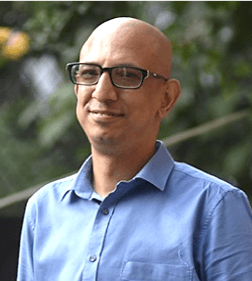Bernard Lown Scholars in Cardiovascular Health Program
The Lown Scholars Program develops an international cadre of professionals who use public health tools to promote cardiovascular health in developing countries.
677 Huntington Avenue, Boston, MA 02115
Lown Scholars
The Lown Scholars Program supports the work of 112 health professionals from 27 countries. Their public health work aims to address our three priority areas of cardiovascular health: universal primary healthcare and health inequities, cardiovascular health in urban poor, and psychosocial stress and cardiovascular disease. Our support has facilitated productive and long-term collaborations between Lown Scholars and Harvard faculty members.
You can read about our Scholars by geographical region:
East Asia Pacific

Dr. Indah Widyahening is an associate professor in the Department of Community Medicine at the Faculty of Medicine Universitas Indonesia (FMUI). She also holds a position as research manager in the Southeast Asian Ministers of Education Regional Center for Food and Nutrition (SEAMEO RECFON). She completed her education as a family medicine and primary care physician specialist and a PhD in epidemiology. Dr. Widyahening has won multiple awards for her research at FMUI, which focuses heavily on primary care delivery and diabetes. She is working in various nationwide research and community development projects, including consulting for the Indonesian Ministry of Health in primary health care strengthening and control of non-communicable diseases. Her Lown Scholar project proposal is entitled “The effectiveness of school-based nutrition intervention in the achievement of healthy eating behavior among primary school children in Indonesia.” (Publications)
Latin America and the Caribbean
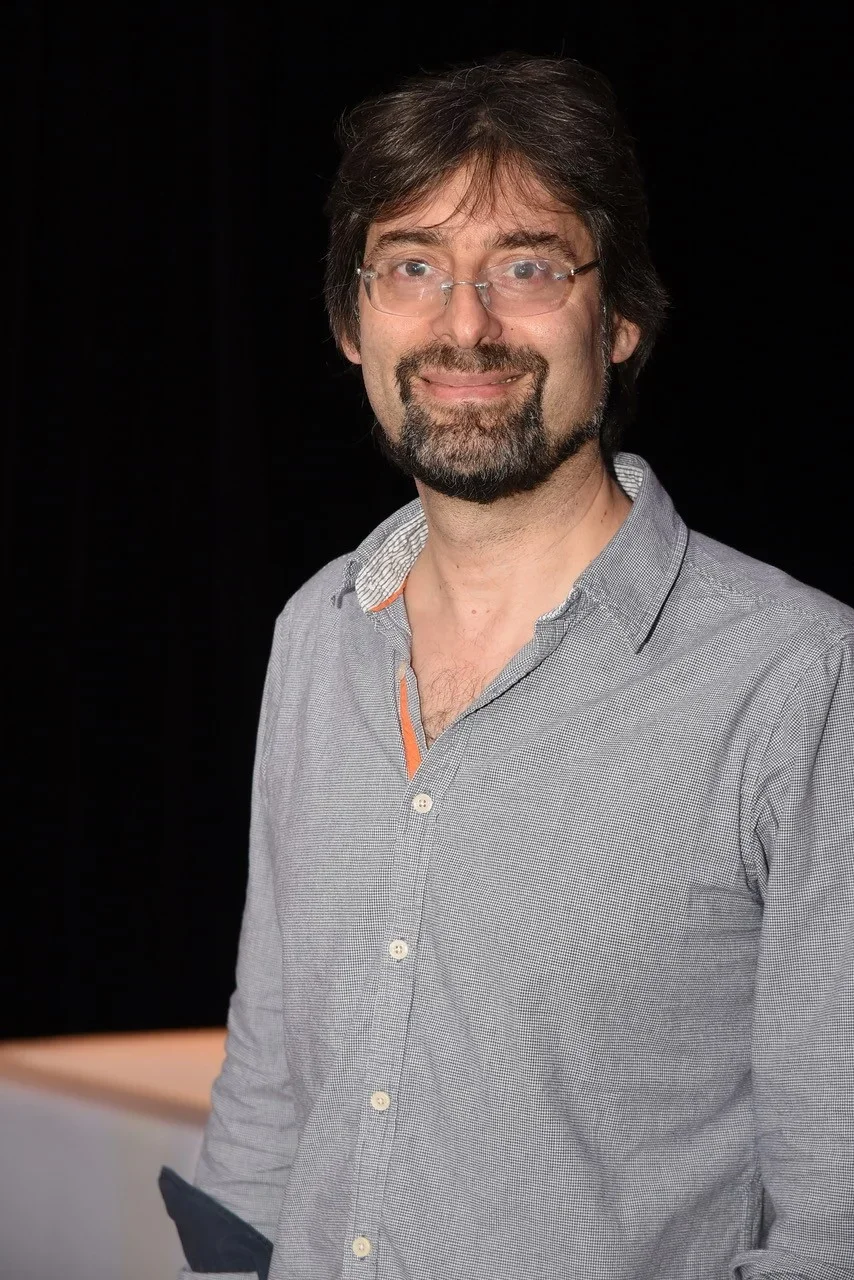
Dr. Ariel Bardach is a physician trained in internal medicine and an epidemiologist at the Institute for Clinical Effectiveness and Health Policy (IECS) in Buenos Aires. He is also the Deputy Director of the Center for Research in Epidemiology and Public Health at IECS and serves as faculty for various undergraduate and postgraduate programs at the Institute, as well as the University of Buenos Aires. Dr. Bardach served as a consultant for the Ministry of Health in chronic diseases surveillance. His research interests include non-communicable disease epidemiology, evidence synthesis, and global health. His Lown Scholar proposal is entitled “Equity and efficiency of interventions for non-communicable diseases: development and application of an extended cost-effectiveness model to estimate the impact of tobacco tax increases in Argentina.” (Publications)
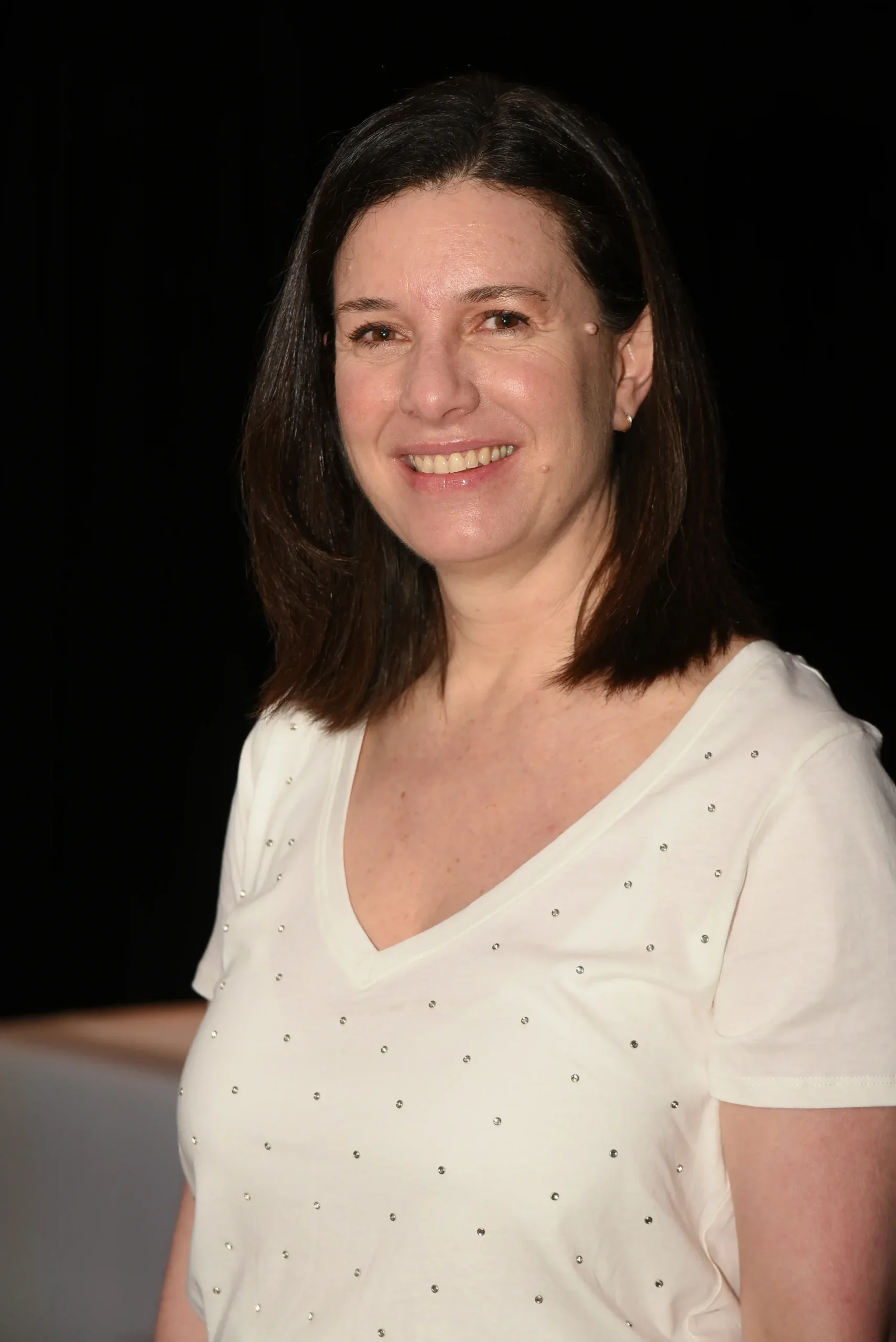
Dr. Andrea Beratarrechea is an internist and senior researcher at the Institute for Clinical Effectiveness and Health Policy (IECS) and at the National Research Council in Argentina. She holds a master’s degree in Clinical Effectiveness from the University of Buenos Aires. Her research includes the development, implementation, and evaluation of complex interventions to prevent and control noncommunicable diseases (NCDs) in low resource settings in low- and middle-income countries. Dr. Beratarrechea is currently leading two projects to study the effect of digital health for diabetes prevention and control. Her Lown Scholar proposal is entitled “Use of eHealth strategies to strengthen the implementation of a medication adherence program for persons with type 2 diabetes in public primary care clinics in Argentina: A feasibility study.” (Publications)

Dr. Vilma Irazola is a cardiologist and epidemiologist. She is the Director of the Department of Chronic Diseases at the Institute for Clinical Effectiveness and Health Policy (IECS) and Director and PI of the South American Center of Excellence for Cardiovascular Health (CESCAS), based at IECS. Her research is focused on implementation science and scaling-up public health interventions in cardiovascular health, diabetes and cancer. The Lown Scholars Program is currently supporting Dr. Irazola’s project “Assessing the interaction between built environment and cardiometabolic risk factors: its role on health disparities.” (Publications)

Dr. Pablo Gulayin is a cardiologist, specialist in Public Health, and senior researcher at the Institute for Clinical Effectiveness and Health Policy (IECS) at Buenos Aires, Argentina. He is also a private practice cardiologist and a Graduate Professor Assistant at the Public Health Department of the School of Medicine at the National University of La Plata. He holds a master’s degree in Clinical Effectiveness and a PhD degree from the School of Medicine at the University of Buenos Aires in Argentina. His research activity has been focused on epidemiological and implementation studies aimed at preventing and treating cardiovascular diseases and improving integrated care of chronic diseases. Pablo’s LSP proposal will focus on detecting and promoting integrated care for Chagas disease in an endemic region. (Publications)
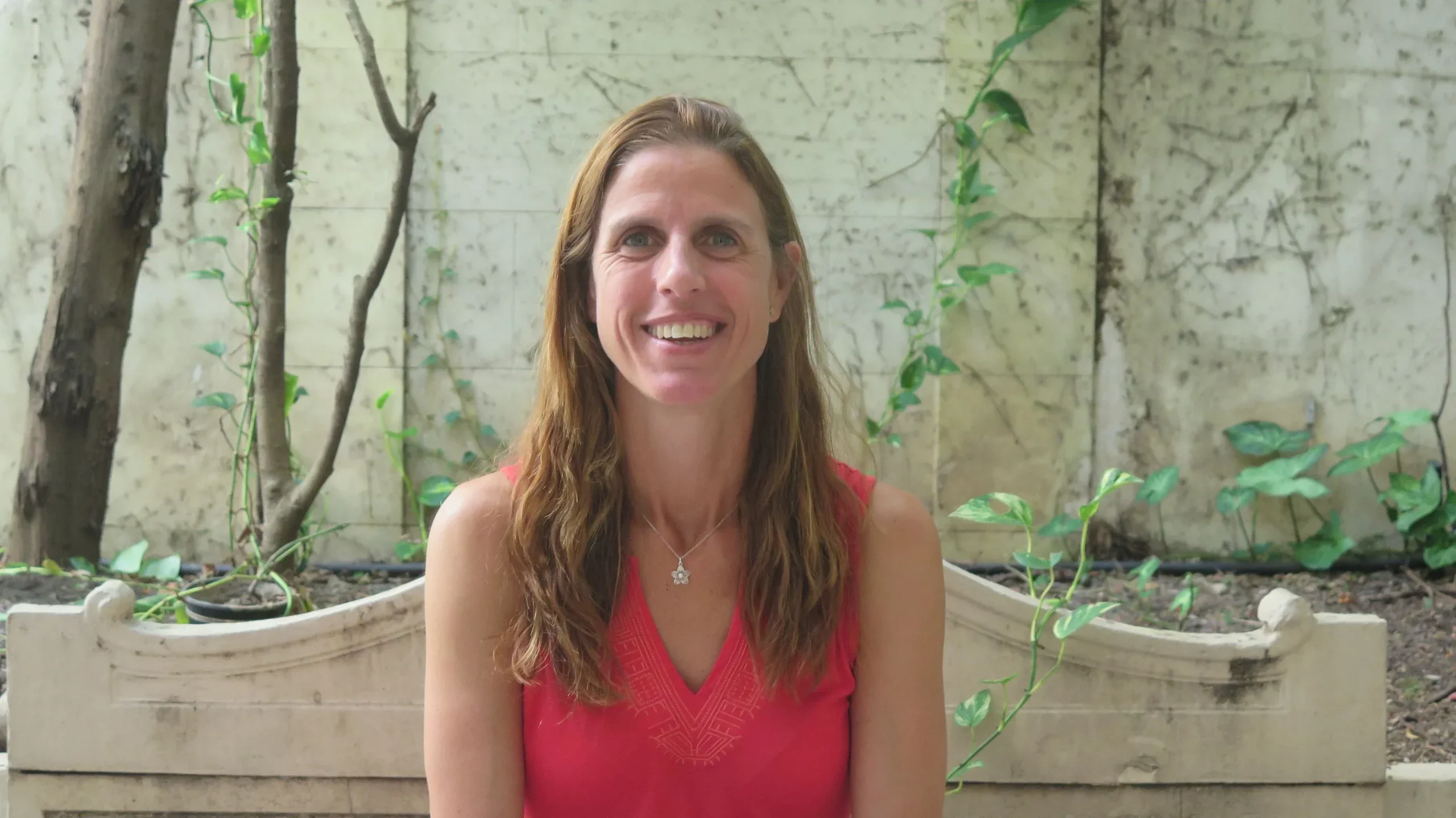
Dr. Rosana Poggio is a cardiologist and Senior Researcher at the Institute for Clinical Effectiveness and Health Policy (IECS) and at the National Research Council (CONICET) of Argentina. She holds an MD, MSc in Clinical Epidemiology and a PhD in Health Sciences from the University of Buenos Aires. Her research is focused on cardiovascular disease prevention as well as health promotion, and involves both epidemiology and implementation research in Argentina and Latin America. She has extensive experience in the conduction of large cardiovascular epidemiologic studies. She is the study coordinator of an important population-based cohort study carried out in Argentina, Chile and Uruguay (CESCAS I Study). She has also coordinated important cluster randomized control trials that evaluated multi-component interventions targeting the health care system, providers and patients, to promote healthy lifestyles and improve risk factor management in Argentina. (Publications)

Dr. Adolfo Rubinstein was appointed as Argentina’s Minister of Health at the end of 2017. He is the founder and former Director General of the Institute for Clinical Effectiveness and Health Policy (IECS), and former Director of the Master’s program in Clinical Effectiveness of the University of Buenos Aires. Dr. Rubinstein has also served as a professor of public health and professor of family medicine at the School of Medicine of the University of Buenos Aires. His research focuses on cardiovascular and NCD epidemiology as well as implementation research to improve prevention and control of cardiovascular disease and cardio-metabolic risk factors in Argentina and Latin America. As a recognized expert in the field, he has authored or co-authored more than 50 papers in international and national peer-reviewed journals on cardiovascular epidemiology and prevention as well as implementation of preventative interventions to reduce cardio-metabolic diseases and risk factors, and economic evaluations on cardiovascular prevention. (Publications)

Dr. Natasha Sobers is a lecturer in epidemiology and Head of Surveillance at the George Alleyne Chronic Disease Research Center, University of the West Indies in Barbados. She has a bachelor’s degree in medicine and is a former Fulbright Scholar with a master of in public health degree from the University of South Florida. Natasha obtained a postgraduate diploma in epidemiology from the London School of Hygiene and Tropical Medicine (LSHTM) and a doctor of philosophy in public health from the University of the West Indies. Natasha is interested in the social determinants of cardiovascular diseases and cancers. She won the Caribbean Public Health Agency’s David Picou Researcher Prize in 2018 for her work examining disparities in coronary heart disease and stroke mortality trends in the Caribbean. She was co-investigator on a National Institute on Minority Health and Health Disparities funded study to describe existing health inequities in diabetes, hypertension, breast and prostate cancer in the Caribbean. (Publications)
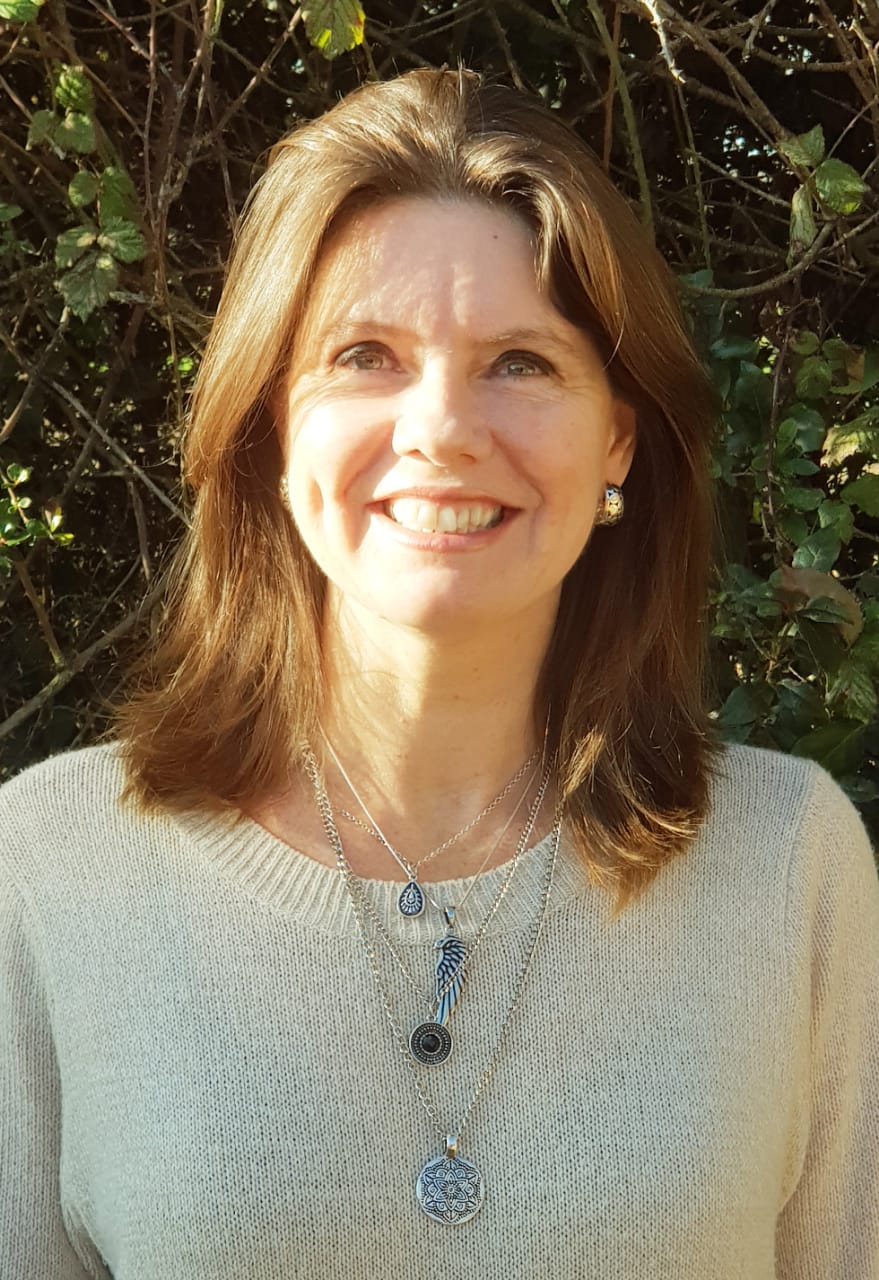
Dr. Eleonora d’Orsi is a lecturer of epidemiology at the Department of Public Health at the Universidade Federal de Santa Catarina, South Brazil. She is the principal investigator of the Epifloripa Cohort Study of Aging in Florianópolis, South Brazil. She earned her MD and PhD in epidemiology and public health at Escola Nacional de Saúde Pública/Fundação Oswaldo Cruz (ENSP/FIOCRUZ), Rio de Janeiro, Brazil. Dr. d’Orsi’s research field is epidemiology of aging, healthy aging, active aging, cognitive stimulation, and risk prediction of cardiovascular diseases. She has been awarded two grants from Conselho Nacional de Pesquisa (CNPq), Brazil. (Publications)
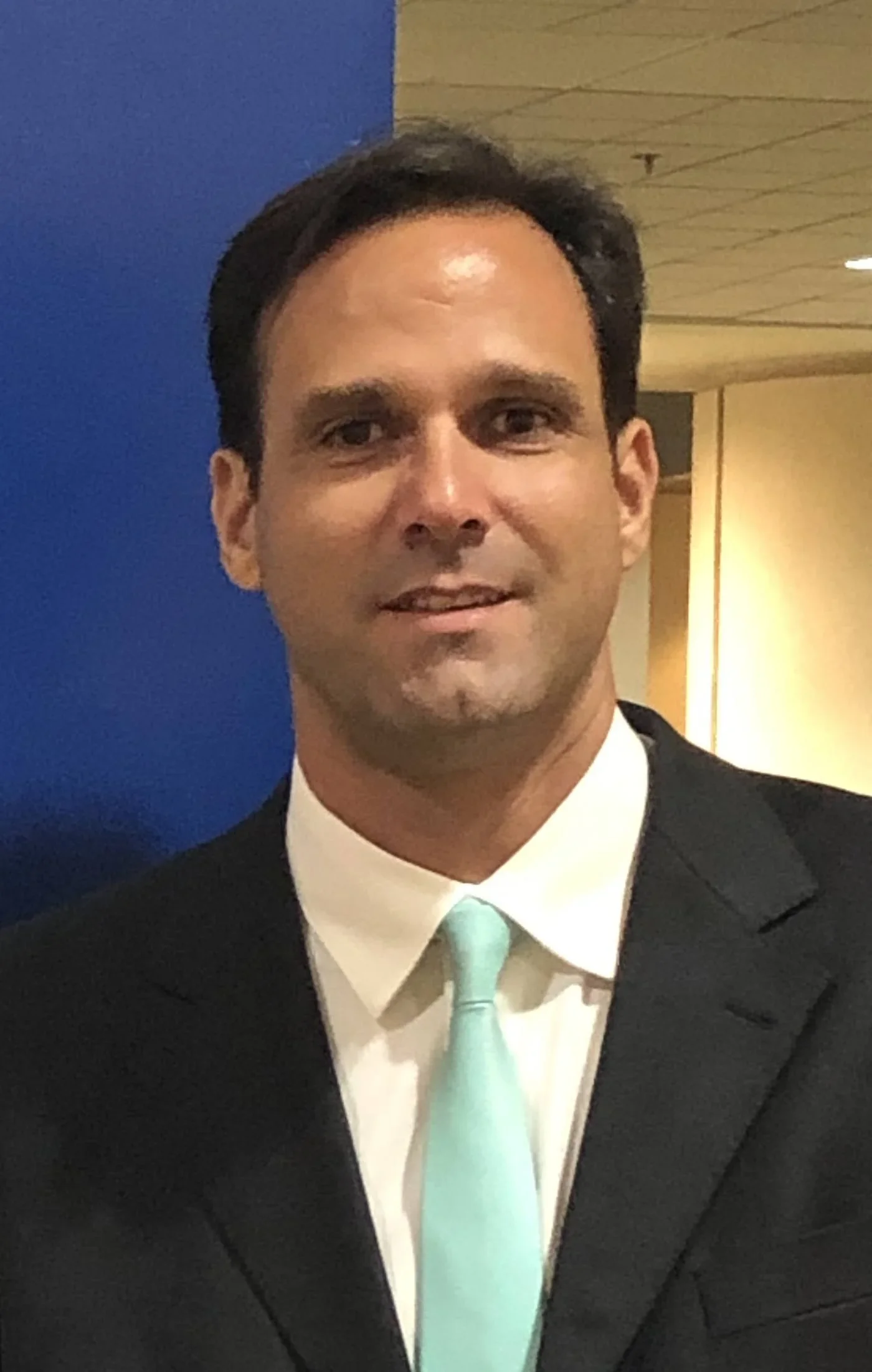
Dr. Victor Dourado is associate professor at the Federal University of São Paulo (UNIFESP), Santos, São Paulo, Brazil. He holds a bachelor’s degree in physiotherapy from Londrina State University and an MSc and PhD in pulmonary rehabilitation from São Paulo State University. His research interests include epidemiology of physical activity and fitness examining the impact of sedentary behavior and low levels of physical activity and fitness on cardiovascular, respiratory, and locomotor health and the impact of environmental factors on physical activity and fitness and cardiovascular disease. His research is also committed to investigating the use and development of technologies to assess and improve the level of physical activity and fitness in low-income communities in Brazil. He is the principal investigator of the Epidemiology and Human Movement Study (EPIMOV), in Santos, and the Playful Data-Driven Active Urban Living (PAUL) in partnership with the University of Amsterdam. (Publications)
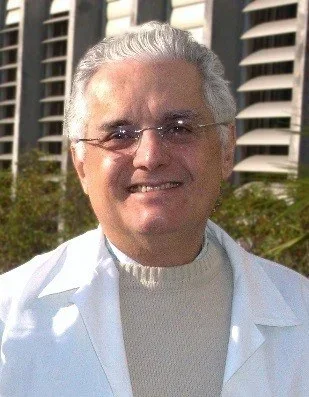
Dr. Paulo A. Lotufo is Professor of Medicine and Director of the Center for Clinical and Epidemiologic Research at the University of São Paulo Medical School. He is the Principal Investigator of the Brazilian Longitudinal Study of Adult Health (ELSA.) He earned his M.D., MPH and Doctor of Public Health at the University of São Paulo, Brazil. Lotufo’s research field is chronic diseases epidemiology, more precisely risk prediction of cardiovascular diseases. He has been awarded two grants from Conselho Nacional de Pesquisa, Brasilia, Brazil and from Faculdade Medicina Foundation, Sao Paulo, Brazil as a senior scientist. His proposal is titled: Green areas, clean air and cardiovascular health. (Publications)
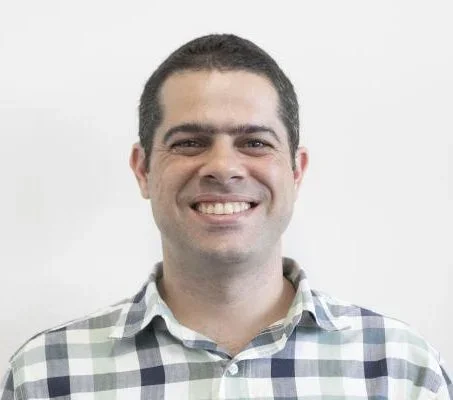
Dr. Felipe Moretti is a primary health care researcher at the Institute of Psychiatry at the University of São Paulo (USP), in Brazil. He is also the thematic coordinator of support to primary health care in the Telehealth Center at the Federal University of São Paulo (UNIFESP). He holds a PhD in health management and medical informatics program from UNIFESP. Dr. Moretti’s main topics of interest are public health, primary care, chronic pain, support groups, psychology, depression, and health education. His Lown Scholar project proposal is entitled “Remote psychoeducational interventions to mitigate the effects of depression, to promote quality of life and cardiac care among low-income elderly people assisted in primary healthcare units in São Paulo, Brazil.” (Publications)

Carina Akemi Nakamura is a postdoctoral researcher at the Department of Psychiatry, University of São Paulo, Brazil. She holds a PhD from the Institute of Translational Medicine, University of Liverpool, United Kingdom. She has been working as a research coordinator of randomized controlled trials evaluating the effectiveness and cost-effectiveness of psychosocial interventions for older adults in socioeconomically deprived areas in Brazil. Her research interests include mental health and long-term conditions, primary healthcare, health promotion and health economics. Her Lown Scholar project proposal is entitled “A task-shared collaborative care psychosocial intervention for the management of long-term chronic and mental health conditions among older adults in Brazil.” (Publications)
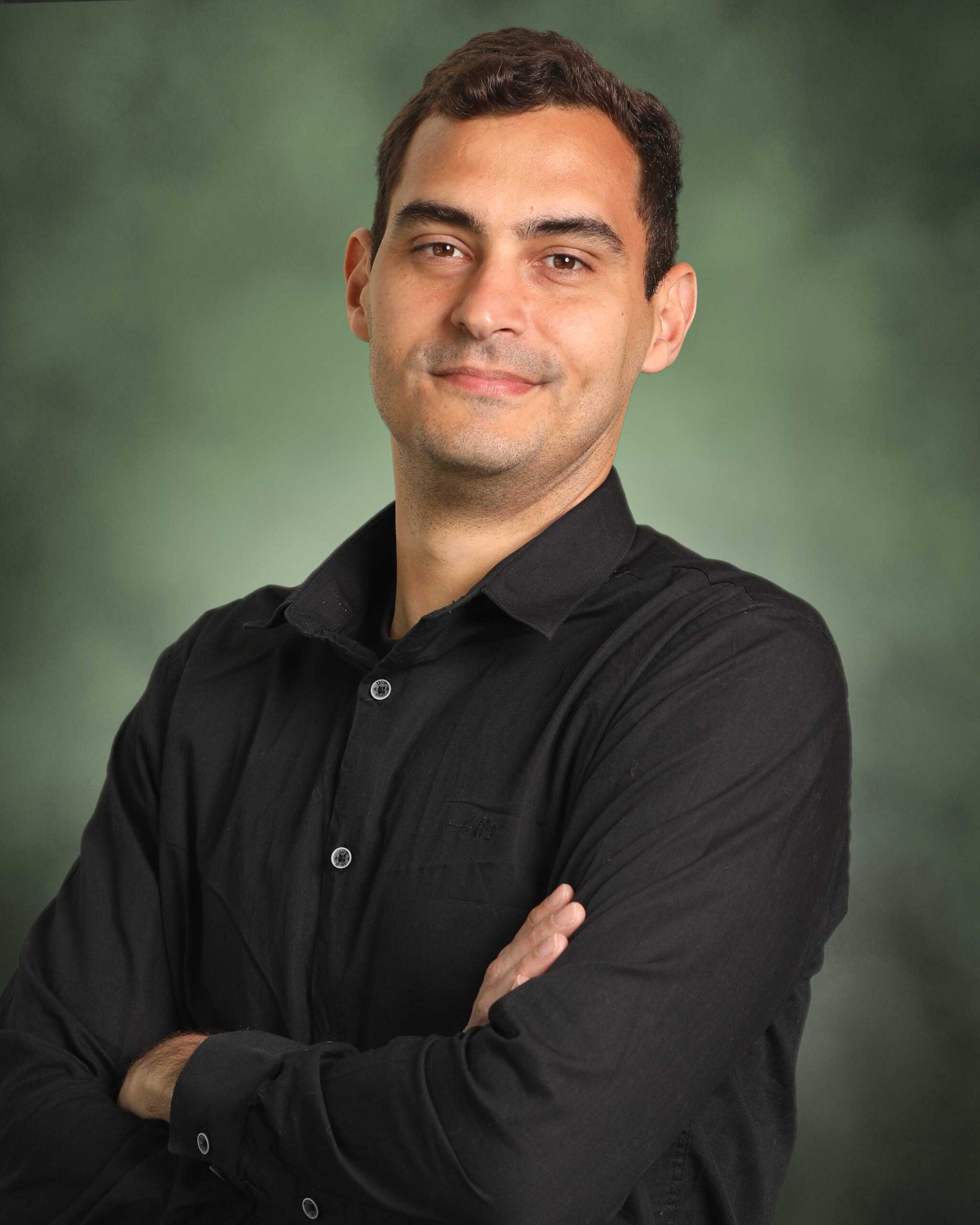
Dr. Marcus Vinicius Nascimento-Ferreira is a faculty member at the Federal University of Tocantins, affiliated with the Physical Education Program and the Graduate Program in Health and Sciences Education (PPGECS). He holds a Ph.D. in Preventive Medicine from the University of São Paulo, Brazil, and Ciencias de la Salud y del Deporte from the University of Zaragoza, Spain. His research focuses on physical activity epidemiology, behavior, environment, and cardiometabolic health in economically disadvantaged regions. He leads the Healthy, Physical Activity, and Behavior Research Group (HEALTHY-BRA) and serves as principal investigator (PI) of the 24-hour movement behavior and metabolic syndrome (24h-MESYN) study, a longitudinal project funded by CNPq and FAPT. Additionally, he is co-PI of the “External Validity of Heart Failure Risk Prediction and Trajectory Models in a Brazilian Cohort” study, funded by the American Heart Association. His Lown Scholars project is titled “Developing Cardiovascular Risk Score Prediction Models to Address Health Disparities in Socioeconomically Disadvantaged Communities: The 24h-MESYN Study.”
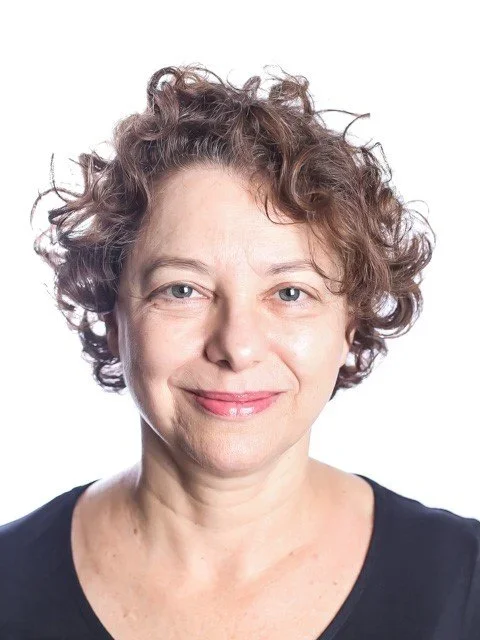
Dr. Marcia Scazufca is a scientific researcher at the Department of Psychiatry at the University of São Paulo. Her main research interest is the epidemiology of mental disorders, with focus on depression and dementia in late life and its comorbidities, particularly cardiovascular diseases. The Lown Scholars Program is currently supporting her project entitled “A cluster randomized controlled trial for improving cardiovascular health in socioeconomically deprived areas of São Paulo, Brazil: pilot study.” (Publications)
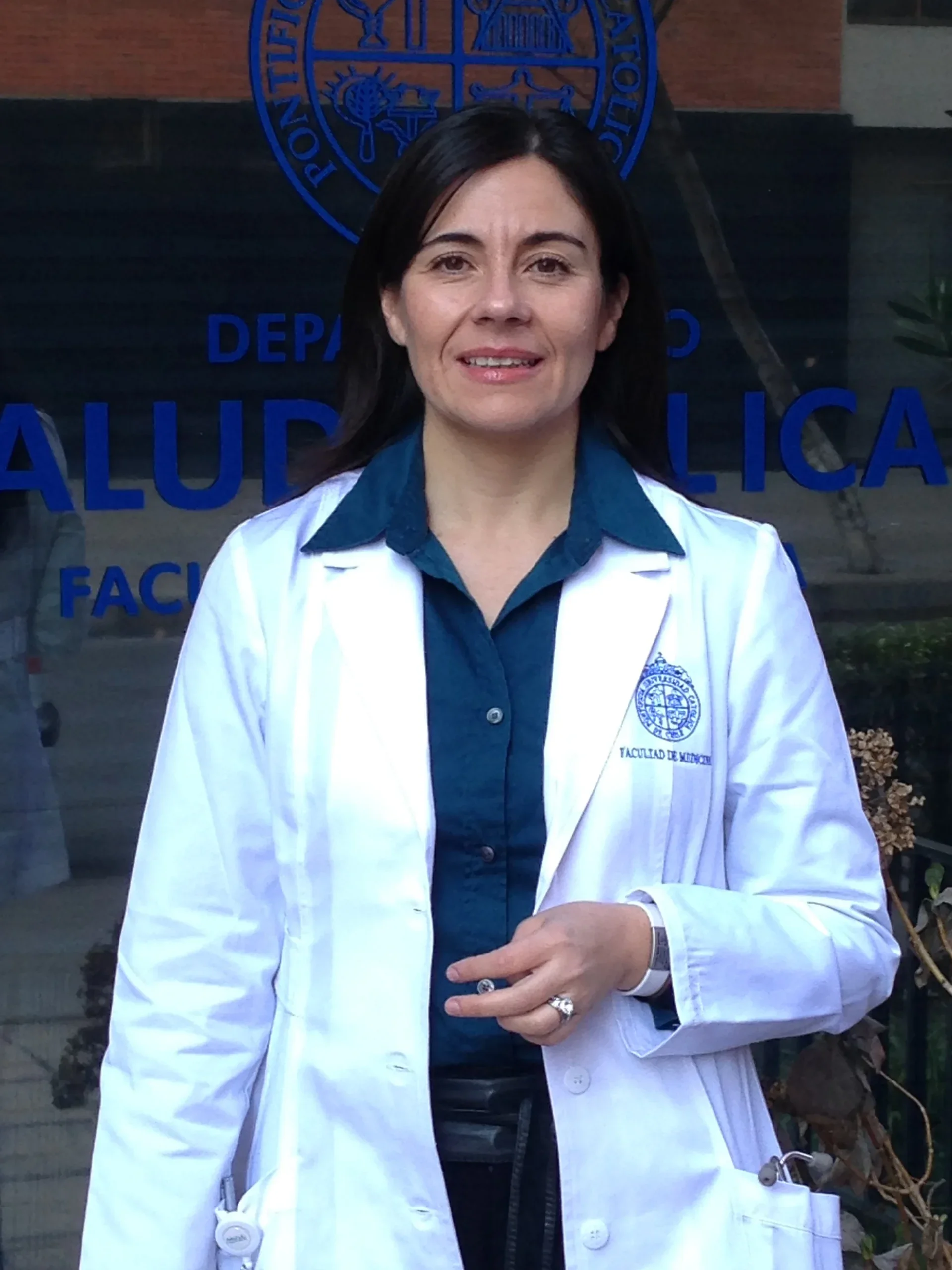
Dr. Claudia Bambs is a full-time associate professor and the head of the Department of Public Health of the Faculty of Medicine at Pontificia Universidad Católica de Chile in Santiago, Chile. She holds a master’s degree in epidemiology from Pontificia Universidad Católica de Chile, and her research interests are promotion of health and primordial prevention of chronic diseases. Her Lown Scholar project proposal is entitled “School adolescents as citizen scientists to promote healthy nutrition in their communities: Implementation of an experiential learning approach in Chile.” (Publications)

Dr. Sandra López-Arana is an assistant professor in the Department of Nutrition at the University of Chile. She holds a PhD in public health from Erasmus University. Her research interests are focused on public health and nutrition issues, specifically how social determinants of health can influence nutritional status and the development of non-communicable diseases. Her Lown Scholar project proposal is entitled “COVID-19 and obesity: Impact of two pandemics on the social determinants of health in the Limache cohort.” (Publications)
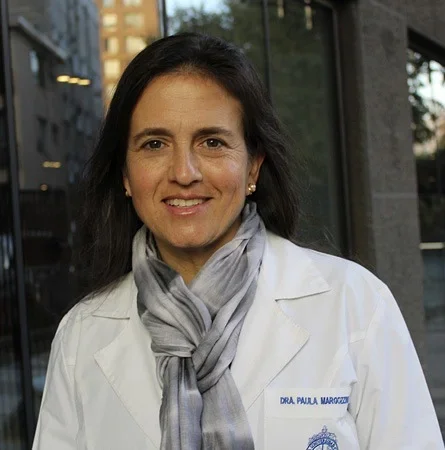
Dr. Paula Margozzini is Assistant Professor of Public Health and Epidemiology at Pontificia Universidad Católica de Chile and Director of the National Health Survey. She also works as a clinician in adult family medicine. Her research has focused mainly on chronic disease prevention and surveillance. She is an advisor and consultant for the Chilean Ministry of Health and National Alcohol and Drug Prevention Agency. Her proposal for the Lown Scholars Program is entitled “The determinants of effective health coverage in high cardiovascular risk populations in Chile: Analysis of national health surveys, ENS 2003, 2010 and 2017.” (Publications)
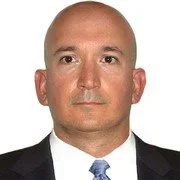
Dr. Alberto Morales was the head of research at the “Ernesto Che Guevara” Cardiology Hospital. Morales had 20 years of experience in the Cuban control and treatment of the cardiovascular disease in the primordial, primary and secondary levels of the prevention. The Lown Scholars Program was supporting his project titled: “Access to medications in Cuban moderate-high cardiovascular risk hypertensive patients: Pilot study.” (Publications)
*Dr. Alberto Morales Salinas passed away in July 2019. He was a distinguished clinician and researcher, and respected member of the Lown Scholars community.
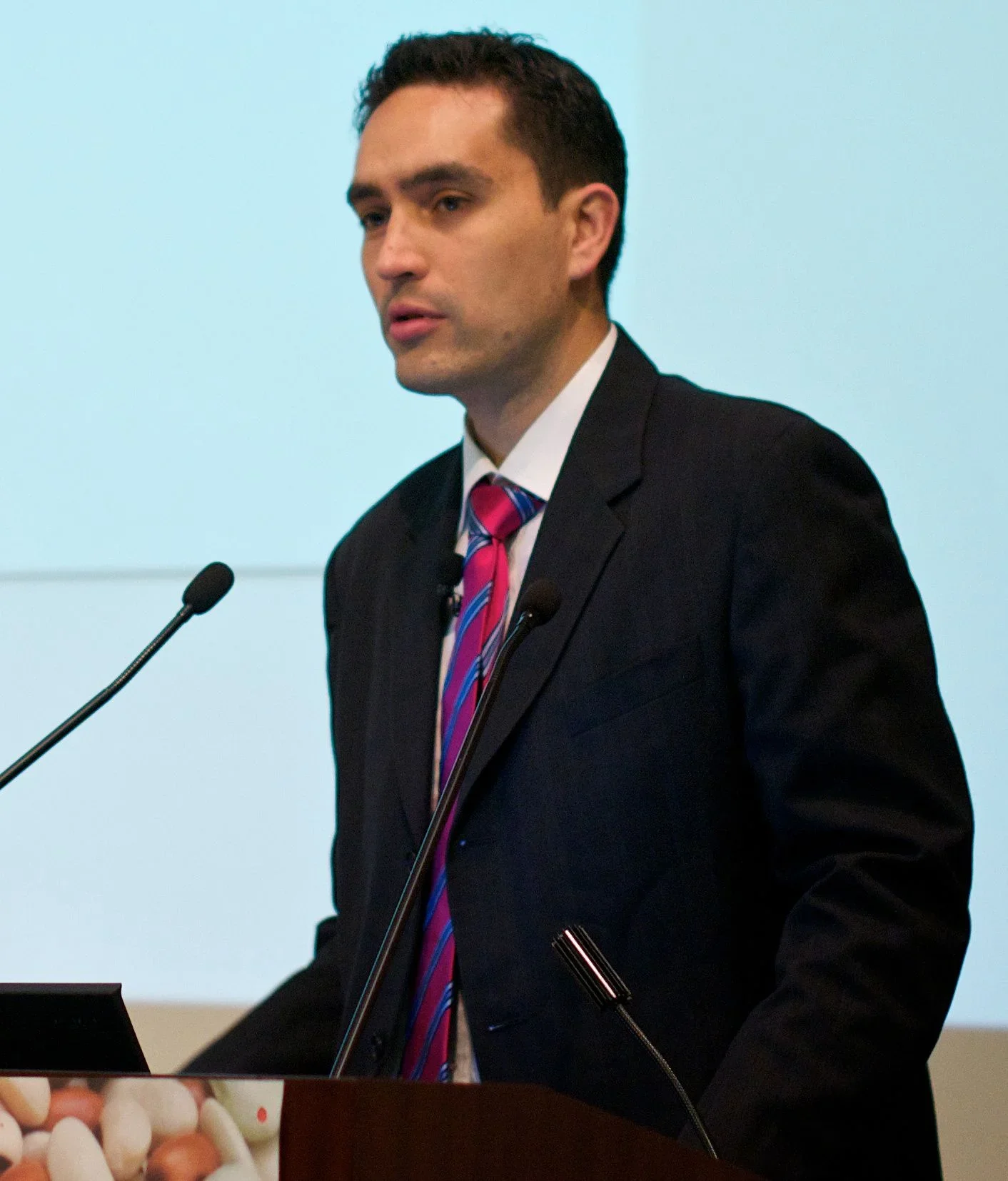
Dr. Carlos O. Mendivil is a medical doctor and diabetologist from Bogota. He received his ScD in nutritional biochemistry and Metabolism at the Harvard T.H. Chan School of Public Health, and an MSc in Clinical Trials from Oxford University. He is currently a Professor at the School of Medicine at the Universidad de los Andes. His research is located at the interface between physiology, basic science and clinical medicine, particularly in the area of diabetes and lipoprotein metabolism. (Publications)

Dr. Diego Iván Lucumí Cuesta is the Associate Professor and Director of Research and Consulting at the School of Government, Universidad de los Andes. He holds a medical degree from the School of Medicine, Universidad El Bosque in Bogotá, Colombia and PhD in Health Behaviors and Education from University of Michigan, Ann Arbor, USA. His work focuses on understanding and intervening on the social and behavioral factors that influence the health of individuals, groups, communities and society. His main field of research is cardiovascular health and disease, but he has also worked on the study of social and behavioral factors related to other chronic conditions such as diabetes, prostate and cervical cancer. The title of his proposed Lown Scholars project is “A Participatory Approach for Research on Cardiovascular Health and Disease in Adolescents in a Racialized Colombian urban context: The A-PARCHAR project.”
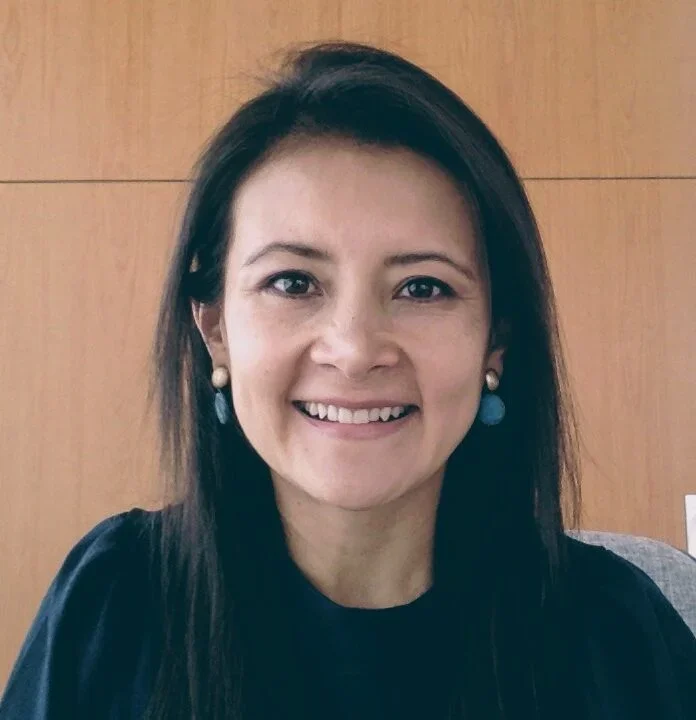
Dr. Carolina Segura is the medical director of the Colombian Association for Precision Medicine. A public health physician specialized in education, she has extensive experience merging technology and game theory to improve health promotion, disease prevention programs, and health education strategies for the Pan-American Health Organization, the Bogota Secretary of Health, and various pharmaceutical companies. Dr. Segura’s main research interests include integration of precision medicine in the care pathway to facilitate decision-making in public health and to improve health outcomes and quality of care. Her Lown Scholar project proposal is entitled “An interactive primary cardiovascular disease prevention program throughout the use of a board game and a video game toolkit to accelerate behavioral change and facilitate decision-making among teenagers and young adults in Colombia.” (Publications)
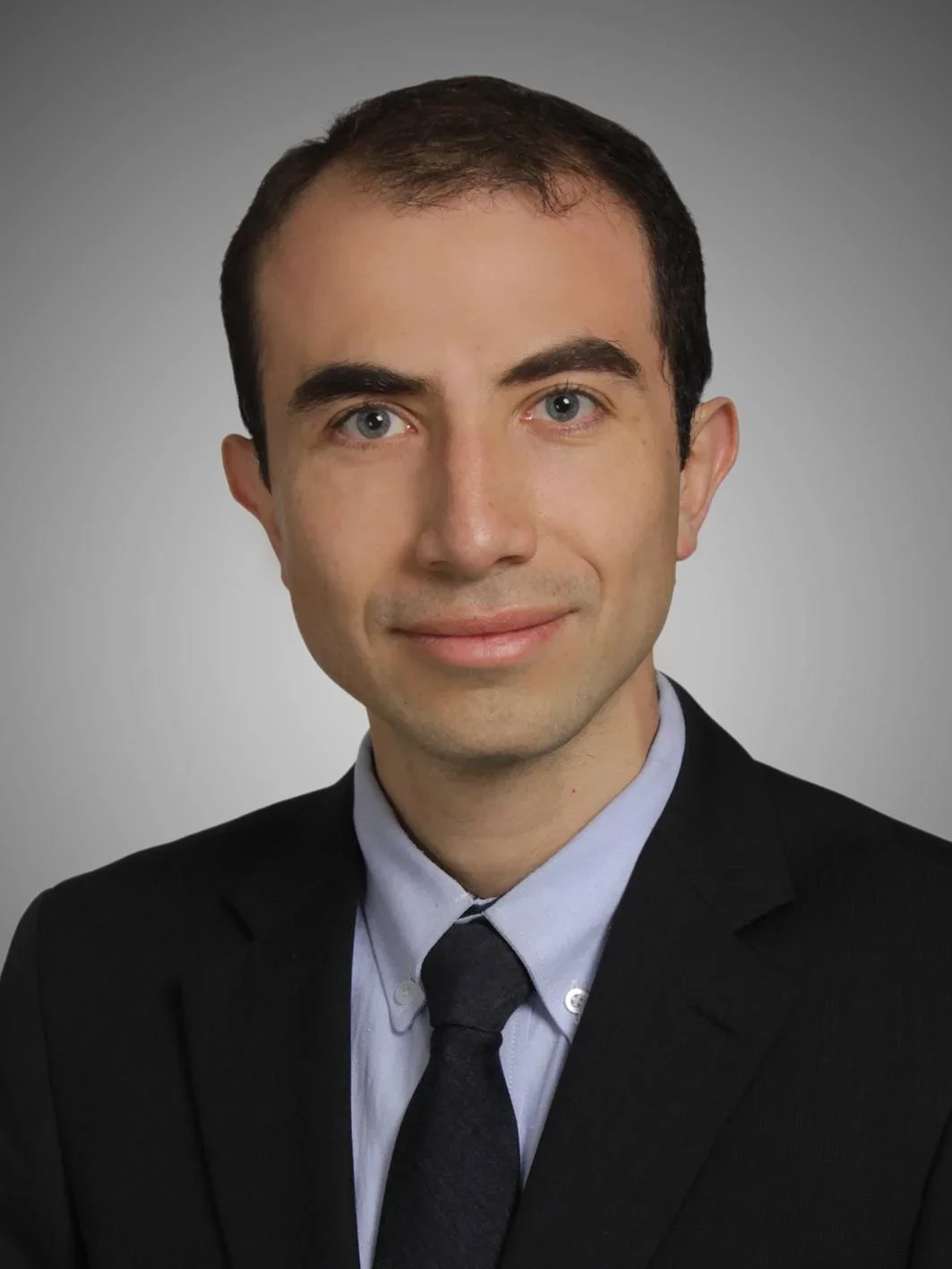
Dr. Ricardo Peña is an Associate professor at the Medical School of the Universidad de los Andes in Bogotá. He received his PhD in Pharmacology from the University of Iowa, where he studied the impact of vasoactive peptides, oxidative stress and inflammation on cerebrovascular function and intracranial aneurysms. He is interested in aging, hypertension, cerebrovascular disease and medical education. Dr. Peña’s current research focuses on translational medicine and the impact of environmental factors, such as residence at high altitudes, in cardiovascular disease. He also plans to study the importance of addressing health literacy and the use of information technologies in the evaluation of cardiovascular healthcare outcomes. (Publications)
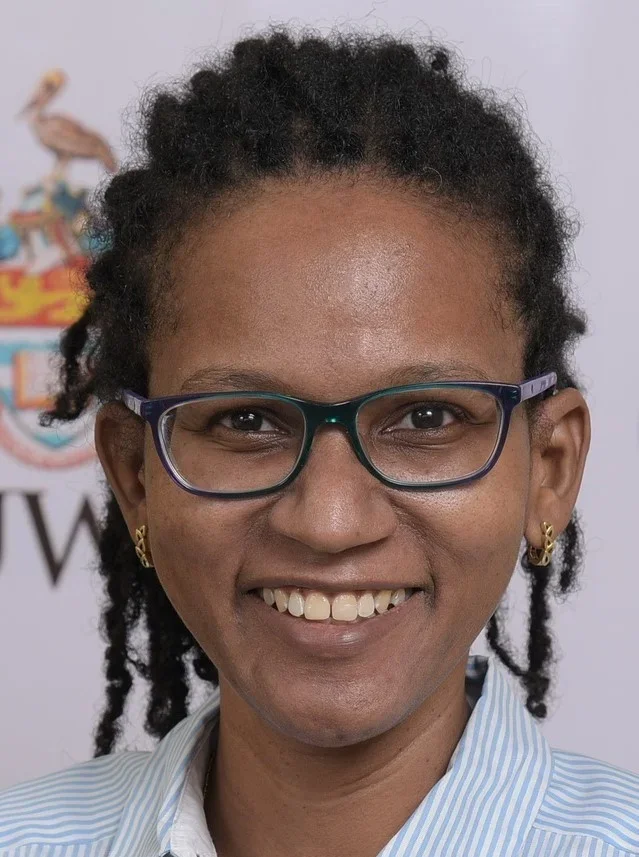
Dr. Nadia Bennett is a lecturer at the Caribbean Institute for Health Research at the University of the West Indies, Mona, Jamaica. She is also the co-director of Cochrane Caribbean. She is an epidemiologist and internal medicine physician. Dr. Bennett specializes in non-communicable diseases, with a special interest in the cardiovascular diseases. She aims through research to improve the health and wellness of the Caribbean people. Her Lown Scholar project proposal is entitled “Effect of a cardiovascular disease education and social support programme conducted in virtual community groups on cardiovascular health and wellbeing in adults.” (Publications)
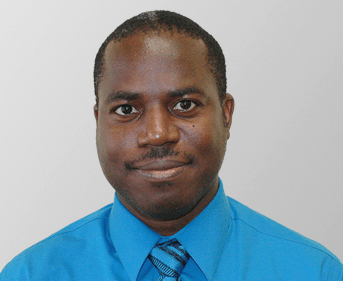
Dr. Trevor Ferguson is a senior lecturer in epidemiology and Consultant Physician (Internal Medicine) at the University of the West Indies, Mona Campus, in Jamaica. He is also an Honorary Consultant in General Internal Medicine at the University Hospital of the West Indies and a Consultant in General Internal Medicine at Andrews Memorial Hospital in Kingston. He holds a doctor of medicine degree in internal medicine from the University of the West Indies and a master of science degree in epidemiology from the London School of Hygiene and Tropical Medicine. Dr. Ferguson is part of the Chronic Disease Research Group at the Epidemiology Research Unit and conducts research in the fields of cardiovascular disease, epidemiology, and diabetes. The Lown Scholars Program is currently supporting Dr. Ferguson’s project “Cardiovascular health in urban poor and middle income communities in Jamaica: Impact of psychological stress, social networks, and social support.” (Publications)
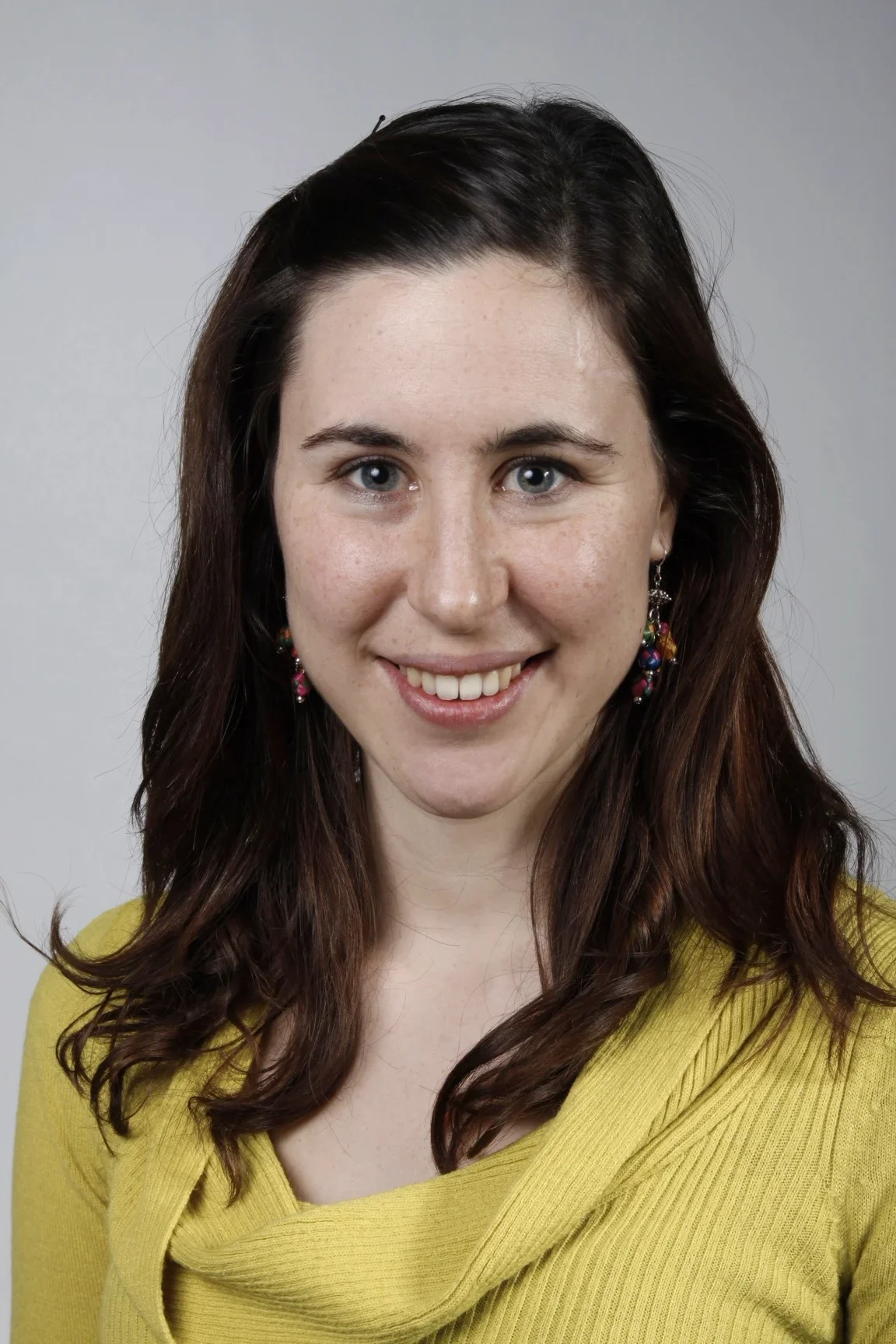
Dr. Ana Basto Abreu is an assistant professor at the National Institute of Public Health in Cuernavaca, Mexico. She holds a PhD in public health from the School of Public Health of Mexico, where she focused on prediction models to inform policymaking on obesity. Dr. Basto Abreu’s principal research interests lie in estimating the impact of modifying risk factors to improve population health. Her Lown Scholar project proposal is entitled “Opinions and preferences of consumers towards salt reductions in processed foods in Mexico.” (Publications)
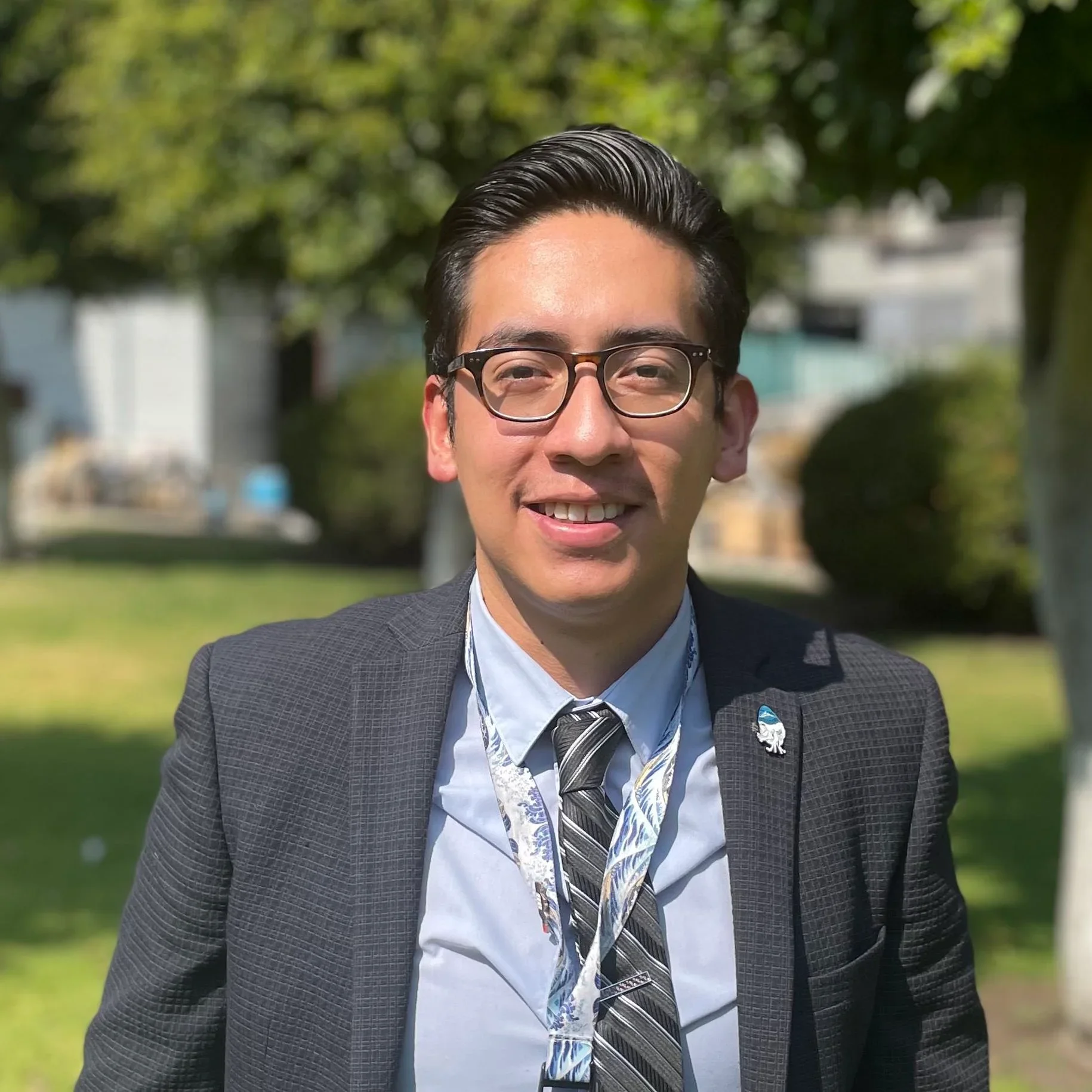
Dr. Neftali Antonio-Villa is an Associate Professor at the National Institute of Cardiology Ignacio Chavez in Mexico City and an Evidence-Based Medicine and Epidemiology Instructor at the Faculty of Medicine of the National Autonomous University of Mexico in Mexico City. Dr. Antonio-Villa holds an MD/PhD and a Specialty in Applied Statistics from the National Autonomous University of Mexico. Dr. Antonio-Villa’s primary research is focused on studying the sociodemographic and clinical determinants of cardiometabolic diseases in Mexico and Latin America using a data-driven and machine-learning framework. His Lown proposal will focus on identifying structural and individual-level correlates of socio-demographic inequalities in cardiovascular mortality in Mexico. (Publications)
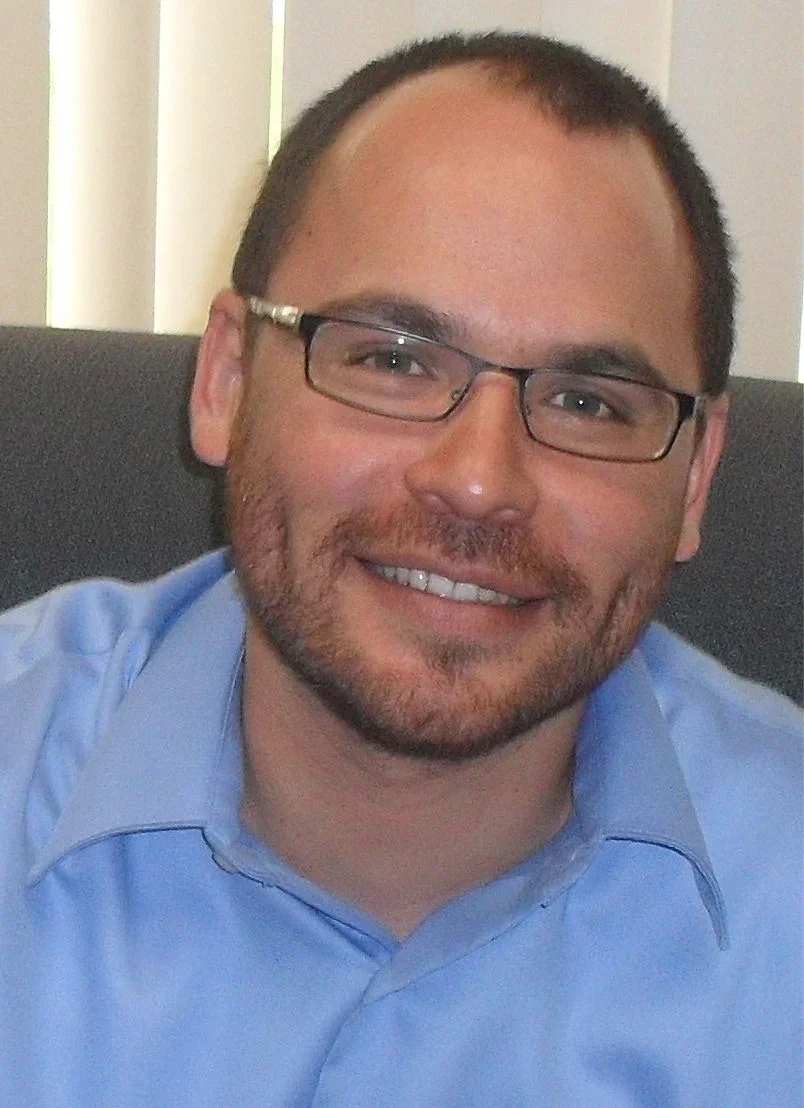
Dr. Tonatiuh Barrientos-Gutierrezis the Director of the Analytical Laboratory for Tobacco Compounds and a Medical Science Researcher at the Center for Population Health Research in the National Institute of Public Health in Cuernavaca, Mexico. He holds an MD and a master of science degree in occupational health from the Autonomous Metropolitan University in Mexico, and a PhD in epidemiology from the University of Texas School of Public Health in Houston. His research interests include cardiovascular epidemiology; social, occupation, and environmental epidemiology; evidence-based medicine; and epidemiology of alcohol and tobacco. (Publications)

Dr. Omar Bello-Chavolla is an Associate Professor at the National Institute of Geriatrics in Mexico City, Mexico. He holds a PhD in Medical Research from the National Autonomous University of Mexico, where he focused in developing statistical models to characterize cardiometabolic diseases and aging in Mexican Population and a Specialty in Applied Statistics from the Institute of Research in Applied Mathematics and Systems. Dr. Bello Chavolla’s main research interest focuses in understanding of cardiometabolic disease risk factor epidemiology in high burden settings through the development of frameworks that characterize metabolic phenotypes of cardio-metabolic diseases, primarily focuses on diabetes, prediabetes and body composition, and their interaction with the aging process in Mexican and Latin American adults. His Lown Scholar project proposal is entitled “Characterizing heterogeneity in cardiovascular disease burden among Mexican adults with type 2 diabetes: a precision medicine approach to primary CVD prevention.” (Publications)
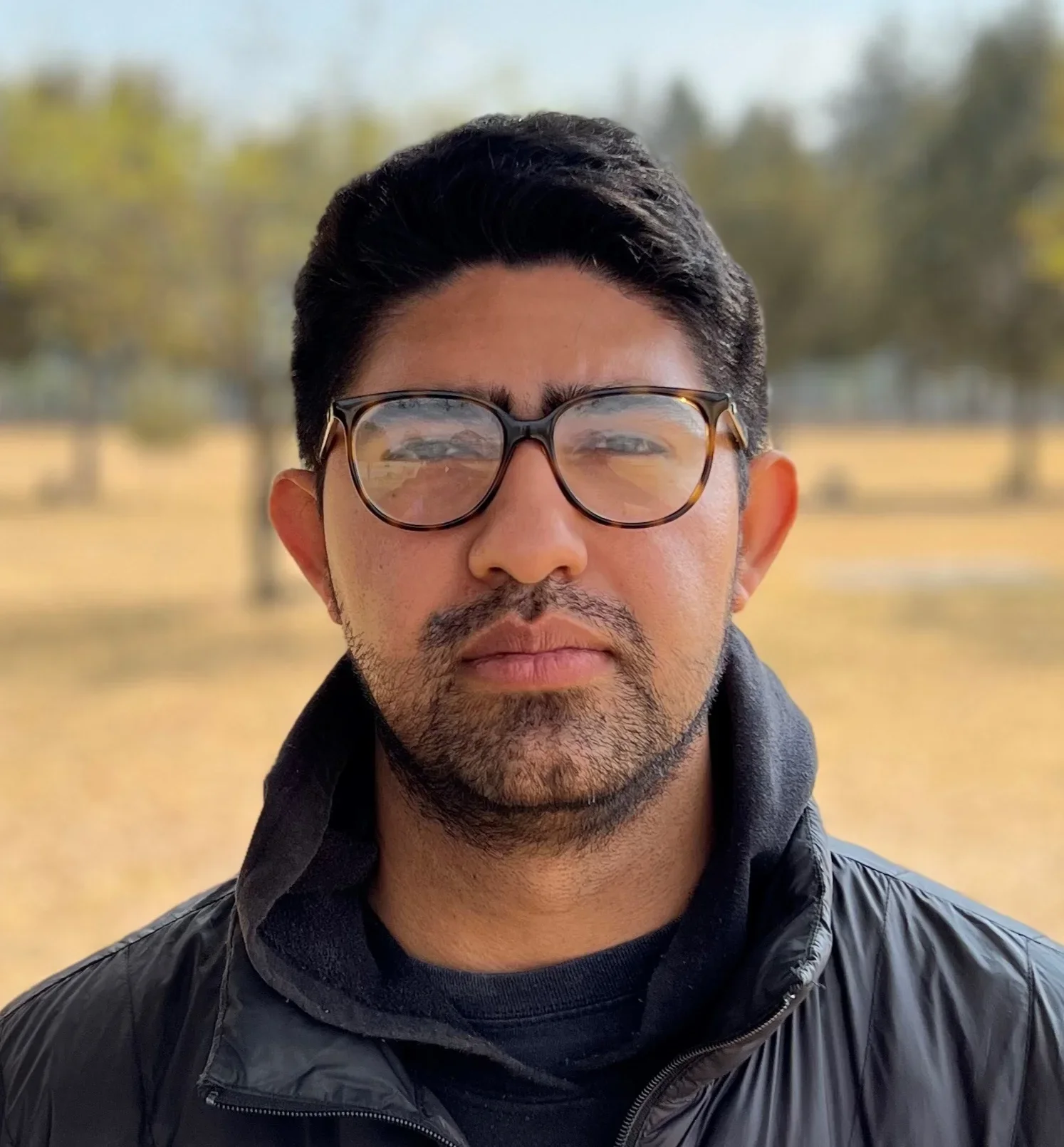
Dr. Ashuin Kammar-García is a Researcher in Medical Sciences at the National Institute of Geriatrics in Mexico City and an Instructor in Research Methodology and Clinical Nutrition at the National Autonomous University of Mexico and the Autonomous University of Tlaxcala. He holds a PhD in medical research from National Polytechnic Institute in Mexico City, Mexico. Ashuin’s LSP proposal will focus on the impact of direct cash-transfers on food insecurity and cardiovascular risk in older rural Mexican adults. (Publications)
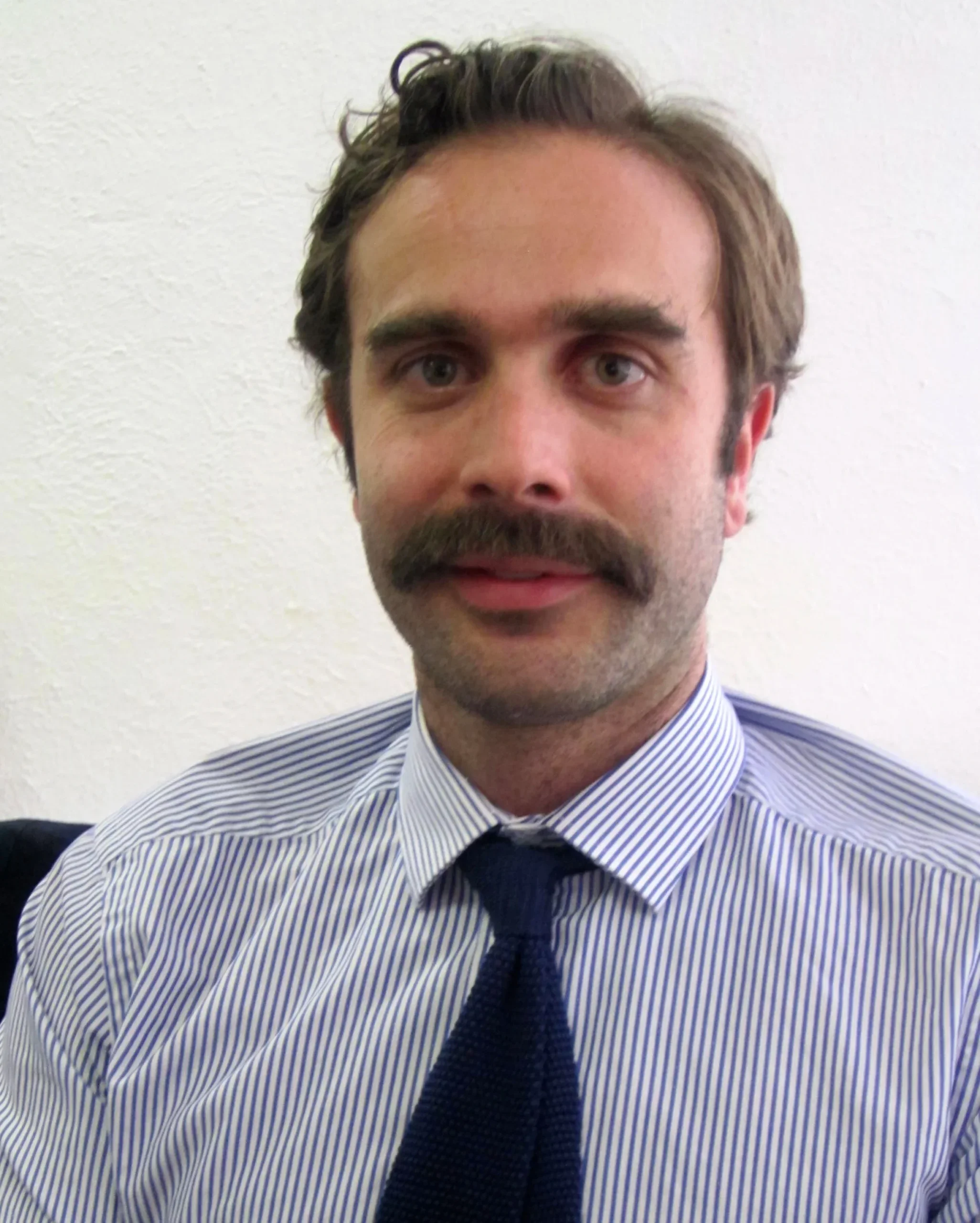
Dr. Martin Lajous holds an MD from the National Autonomous University of Mexico and obtained an SM and SD in epidemiology from the Department of Epidemiology at the Harvard T.H. Chan School of Public Health. Currently, he is a faculty researcher at the National Institute of Public Health of Mexico and serves as the co-Principal Investigator of the Mexican Teachers Cohort. Dr. Lajous’s work focuses on nutrition and chronic disease, including cardiovascular disease, diabetes, and breast cancer. (Publications)

Dr. Dalia Stern is an assistant professor at the Population Health Research Center at the National Institute of Public Health. Dr. Stern received her PhD in nutrition epidemiology from the University of North Carolina at Chapel Hill. Dr. Stern coordinates the diabetes and cardiovascular disease research area of The Mexican Teacher’s Cohort, the largest prospective study in Latin America. Dr. Stern’s research focuses on understanding modifiable risk factors for diabetes, cardiovascular disease and cancer. Stern’s Lown work focuses on a worksite intervention to improve cardiometabolic health in Mexico. The Lown Scholars Program is currently supporting her project entitled “Acceptability, feasibility and effectiveness of a worksite intervention to reduce cardiometabolic risk in Mexico.” (Publications)

Dr. Miriam Teresa López Teros is a Doctor in Sociomedical Sciences, with a master’s degree in sciences and a medical degree. She is a researcher in medical sciences at the Department of Applied Nutrition and Nutritional Education at the National Institute of Medical Sciences and Nutrition “Salvador Zubirán” (INCMNSZ) in Mexico City. Her Lown Scholars research project is titled: “Trends in Dietary Patterns and Their Association with Cardiovascular Disease Risk among Mexican Adolescents, Adults, and Older Adults Using Nationally Representative Surveys from 2012-2022.”
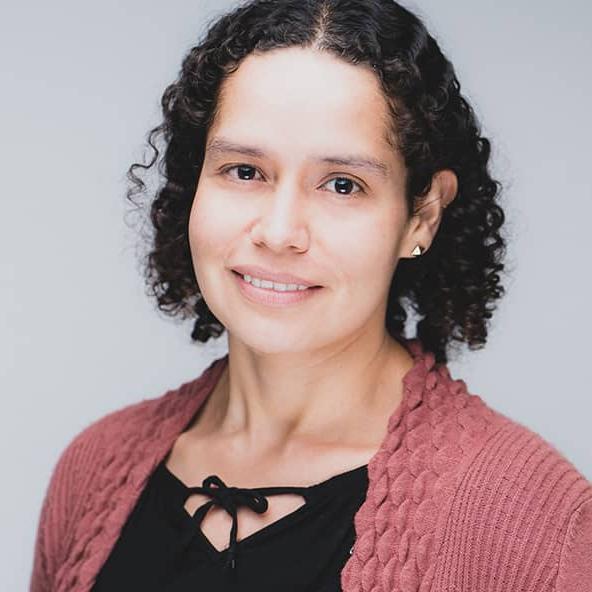
Cecilia Anza Ramirez is a biologist trained in epidemiology and a junior researcher at CRONICAS Center of Excellence in Chronic Diseases, both at Universidad Peruana Cayetano Heredia in Lima, Peru. Her research interests are focused on the occurrence and factors associated with cardiovascular and metabolic conditions, especially hypertension, diabetes and obesity, as well as on the co-occurrence of two or more chronic conditions in the same individual (multimorbidity). Her Lown Scholar project proposal is entitled “Understanding the burden of treatment of multimorbidity in patients with hypertension in Peru.” (Publications)

Dr. Jaime Miranda is the founder and director of the CRONICAS Centre of Excellence in Chronic Diseases at Universidad Peruana Cayetano Heredia, a research center that promotes a horizontal, open, interdisciplinary environment to develop meaningful high-quality research in physical and mental chronic non-communicable diseases with direct applicability for low- and middle-income settings. In 2018, Nature wrote “CRONICAS has evolved into one of Latin America’s leading NCD research centres […] as a model of interdisciplinary research that is scarce in any part of the world”. In 2014 he was listed as one of the “30 scientists under 40 who are redefining science in the Latin American region” by LatinAmericanScience.org (Pu…

Dr. Jessica Zafra is a junior researcher at CRONICAS Center of Excellence in Chronic Diseases from the Universidad Peruana Cayetano Heredia. She holds a masters in epidemiology from the same university and is currently conducting her PhD studies in Global Health at the University of Geneva. She is interested in non-communicable diseases, implementation science, co-creation, and participation from civil society on decision making processes. Her Lown Scholar project proposal is entitled “Testing a co-creation approach to develop a core outcome set for multimorbidity management in the primary level of care.” (Publications)

Dr. Isabel Pereyra Gonzalez is an Associate Professor at the School of Nutrition at the Catholic University of Maule in Chile. She holds a master’s degree in nutrition and public health from Universidad Católica del Uruguay and a degree in nutrition and dietetics from Universidad de la República, Uruguay. She received her PhD in public health from the Universidad de Chile. She has been involved in projects regarding childhood health with various organizations including UNICEF, UNDP, and the Uruguay Ministries of Public Health and Social Development. Her other research activities have focused on nutritional status, food habits and NCDs. Her Lown Scholar project proposal is entitled “Effectiveness of a worksite intervention to reduce cardiovascular risk in workers: the Inpeca (interventions to prevent cardiovascular disease) study.” (Publications)

Dr. Juan Pablo González-Rivas is a full-time researcher in the Foundation for Clinical, Public Health, and Epidemiological Research in Venezuela (FISPEVEN) and the International Clinical Research Center in the Czech Republic. González-Rivas has been part of the two largest cross-sectional studies assessing the prevalence of cardiometabolic risk factors and behaviors in Venezuela, including the EVESCAM study, and is coordinating an academic project to educate more than 200 novice researchers. His project aims to prevent cardiovascular disease, translating an evidence-based intervention to primary care settings. (Publications)
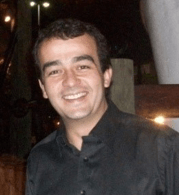
Dr. Ramfis Nieto-Martinez is a Venezuelan physician-scientist and professor whose research has focused on transcultural endocrinology, specifically adapting diabetes and cardiovascular prevention interventions to the context in which they will be implemented. He was a Professor in the Physiology Department at the UCLA Medical School in Barquisimeto, Venezuela (1991-2016) and avisiting professor in the University of Panama Medical School. He has an MD (1991), MSc in Nutrition (1997) working in nutritional biochemistry, and Internal Medicine Specialization (2002). He founded the Foundation for Clinical, Public Health, and Epidemiological Research in Venezuela (FISPEVEN) and is the principal investigator of the first sub-national (Venezuelan Metabolic Syndrome, Obesity and Lifestyle Study – VEMSOLS) and the first national study (Venezuelan Study of Cardiometabolic Health – EVESCAM, 2014-2017). The Lown Scholars Program supported the follow-up of the EVESCAM cohort to characterize the changes in cardiometabolic health of the Venezuelans according to their socioeconomic status. Currently, he works at LifeDoc Health (US) and the Foundation for Clinical, Public Health, and Epidemiological Research of Venezuela (FISPEVEN). (Publications</a…

Dr. Eunice Ugel Garrido is a biostatistics professor in Department of Social and Preventive Medicine, at the Universidad Centro-Occidental “Lisandro Alvarado” School of Medicine. She has participated in the development of two of the most important cross-sectional studies in Venezuela: the Venezuelan Metabolic Syndrome, Obesity and Lifestyle Study (VEMSOLS) and the first Venezuelan Cardiometabolic Health Study (EVESCAM, 2014-2017). Currently, Dr. Ugel Garrido is participating the follow-up of the EVESCAM cohort. She is in charge of the functioning of the clinical and laboratory facilities of the Cardiometabolic Unit. Her Lown Scholar project proposal is entitled “The EVESCAM Fundalara cohort study.” (Publications)
North Africa and the Middle East
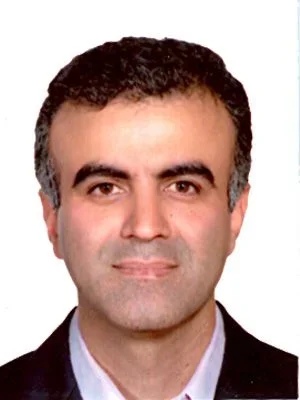
Dr. Seyed Hesameddin (Hesam) Abbasi studied medicine at Shiraz University of Medical Sciences, Iran. He received a PhD in epidemiology at Tehran University of Medical Sciences, Iran, followed by a PhD in heath science at Mid Sweden University, Sweden. Dr. Abbasi is the founder of the Family Health Research Center and the Occupational and Environmental Health Research Center, affiliated with the Iranian Petroleum Industry’s Health Research Institute. In 2012, he was elected as the Distinguished Research Manager in All Iranian Ministries and Executive Organizations (awarded by the Minister of Science, Research and Technology of Iran).
Among Dr. Abbasi’s research priorities are secondary prevention in the cardiovascular field and secondary prevention in premature coronary artery disease. In his capacity as the principal investigator, Dr. Abbasi started Tehran Heart Center’s Premature Coronary Atherosclerosis Cohort (THC-PAC) study in 2012, which is still running. The Lown Scholars Program is currently supporting his project “Association between socioeconomic factors and major adverse cardiac events (MACE) in patients with premature coronary artery disease in Iran.” (Publications)
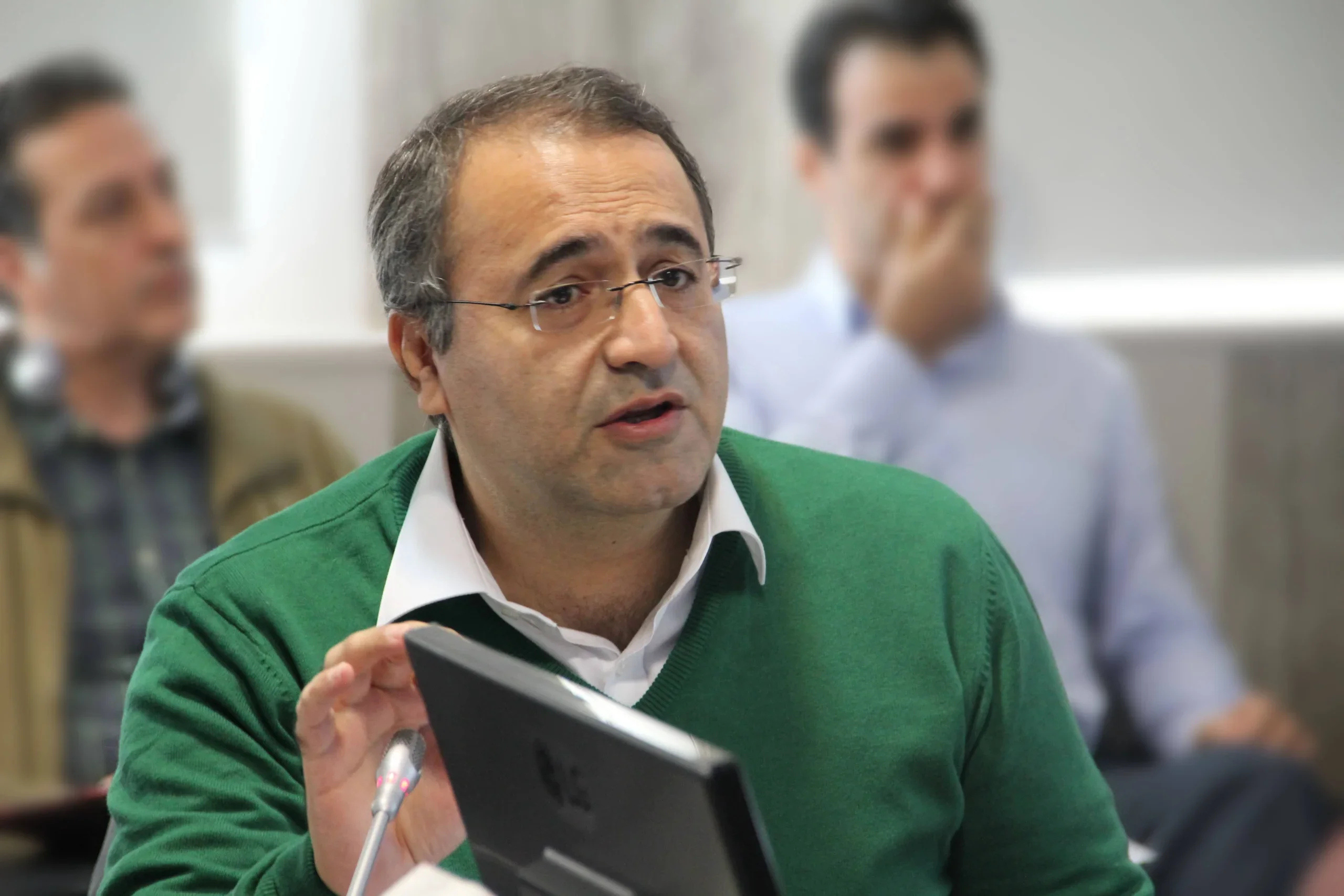
Dr. Farshad Farzadfar earned his MD from Tehran University of Medical Sciences in 1994. He served as general practitioner in remote areas in Kurdistan province for two years before becoming a manager in the primary healthcare system at district, provincial, and national levels. He also completed a master of public health degree from Tehran University of Medical Sciences in 2003. After being awarded the opportunity to study at Harvard School of Public Health, he graduated with a master of health sciences degree and a doctor of sciences degree in 2007 and 2011, respectively. Coming back to Iran, he has become the chair of Non-Communicable Diseases Research Center of Endocrinology and Metabolism Research Institute, Tehran University of Medical Sciences (NCDRC). National and Sub-National Burden of Diseases (NASBOD), STEPs survey 2016, Behvarz Health Study (BHS: a prospective observational study), IMPACT study (evaluating Metrofmin effects on CVDs events), and Telematics survey are major projects which Farshad has led or is leading at NCDRC. (Publications)
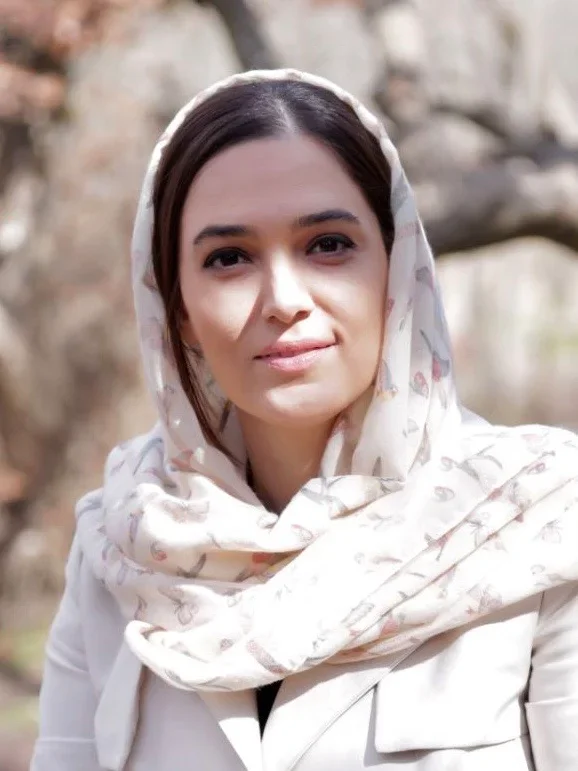
Dr. Maryam Kabootari is an assistant professor at Golestan University of Medical Sciences in Gorgan. She also serves as a clinical researcher at the Metabolic Disorders Research Center, Research Institute for Endocrine Sciences (RIES), at Shahid Beheshti University of Medical Science in Tehran. She specializes in endocrinology and metabolism and has worked on a population-based cohort called Tehran Lipid and Glucose Study (TLGS) in the prevention of metabolic disorders Her Lown Scholar project proposal is entitled “Age at diagnosis of prediabetes and risk of cardiovascular disease: Comparing results from Iranian and US cohort studies.” (Publications)
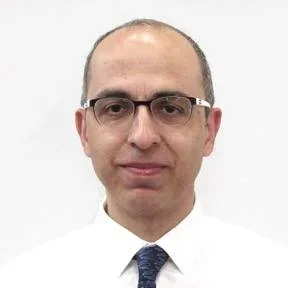
Dr. Ebrahim Kassaian is Assistant Professor of Medicine at Georgetown University. He holds an M.D. from the Tehran University of Medical Sciences. His current research focuses on socioeconomic determinants of survival among a cohort of premature coronary artery disease patients in Tehran. (Publications)

Dr. Davood Khalili is a physician and Assistant Professor in Epidemiology at The Shahid Beheshti University of Medical Sciences. Khalili works in the Prevention of Metabolic Disorders Research Centre which focuses on research in the field of cardiometabolic risk factors and CVD prevention. His main interest is clinical predication models, in which he wrote his Ph.D. thesis on the validity and clinical usefulness of the Framingham cardiovascular risk score in a population-based cohort study in Tehran. His Lown Scholars Programproposal is entitled “Clinical usefulness of the Globorisk cardiovascular risk function to be implemented in primary health care setting in rural and urban areas in Iran.” (Publications)
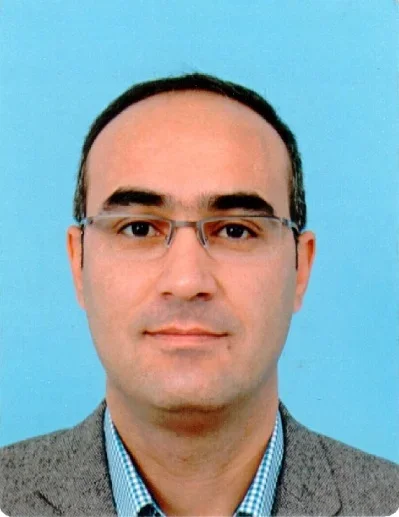
Dr. Mahdi Mahdavi is an Research Fellow at London South Bank University. From 2009-2012, he worked in the “Managed Outcomes” research consortium, which was funded by the European Commission under the 7th Framework Programme to develop European best-practice regional healthcare delivery networks. His professional areas of interest include universal health coverage of diabetes and hypertension, best-practice healthcare delivery models, health policymaking, operational benchmarking, and patient experience. Dr. Mahdavi’s research has been sponsored by various organizations, including the Iranian Ministry of Health and the Iranian Social Security Organization. His Lown Scholar project proposal is entitled “Feasibility and economic impact of intensive blood pressure control to enhance the universal health coverage of hypertension in Iran.” (Publications)
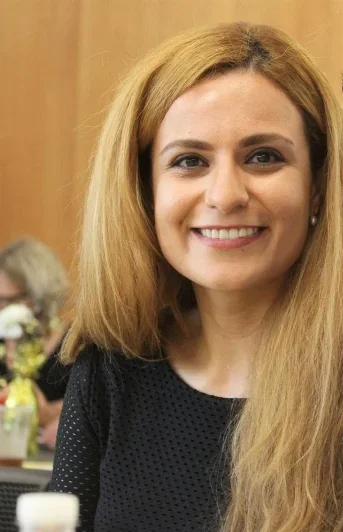
Dr. Tala Al-Rousan, a Jordanian physician and epidemiologist, received her MD from Cairo University, Egypt and her MPH from the University of Iowa. While in Egypt, she engaged in public health work against female genital mutilation and later served as a medical officer with Doctors Without Borders (MSF) in Yemen. She completed her medical residency at Jordan University Hospital and has pursued a career as a public health professional. She is affiliated faculty at the Harvard Humanitarian Initiative studying primary care in post conflict settings. Tala focuses her work studying migration as a social determinant of health and is currently the principal investigator on two projects assessing how cognitive and mental health of refugees in Jordan affect their cardiovascular disease risk and vise verse. She is also leading a project introducing creative and tailored hypertension management interventions among Iraqi, Syrian and Afghani refugees who have been resettled in San Diego, California. (Publications)
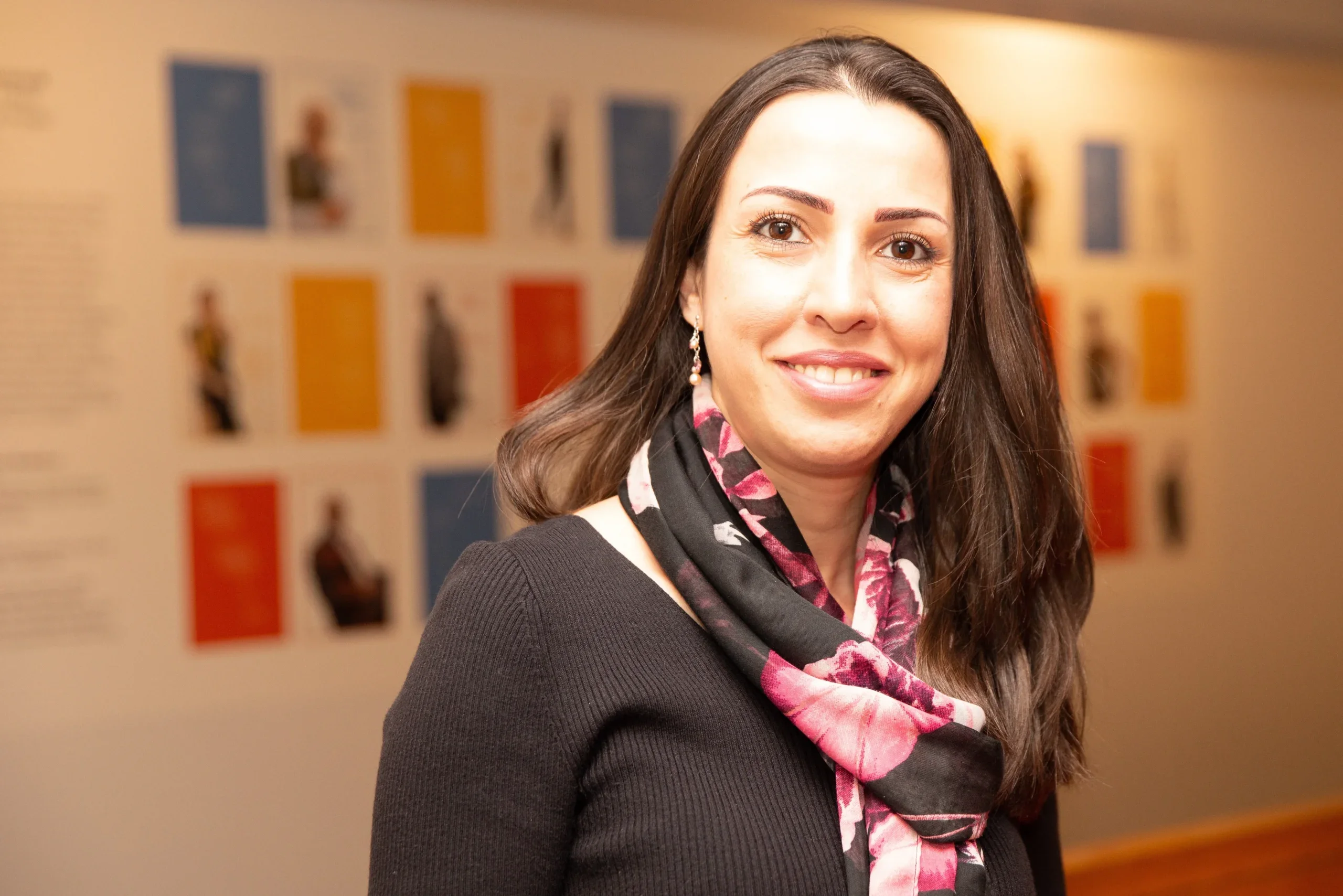
Dr. Laila Al-Shaar is a Lebanese researcher who received her doctorate degree in population health sciences-nutritional epidemiology from Harvard University. She also holds a master’s degree in biochemistry and a master’s degree in public health, both earned from the American University of Beirut, Lebanon. Laila has been working as an instructor and a researcher in cardiovascular diseases and metabolic disorders. She is currently a postdoctoral fellow at the Nutrition Department at Harvard, studying metabolomics and cardiovascular diseases. She also serves as a member of the EPI Early Career Committee of the Council on Epi and Prevention at the American Heart Association. Laila is a co-investigator of the Lebanese Cardiovascular-Cerebrovascular Health Cohort, a longitudinal cohort aiming to assess risk factors associated with the growing epidemic of these diseases in Lebanon, and is currently working at Sanofi. (Publications)

Dr. Ghada El-Hajj Fuleihan is a professor of medicine, founding Director of the Calcium Metabolism and Osteoporosis Program and WHO Collaborating Center for Metabolic Bone Disorders, and founding director of the Scholars in HeAlth Research Program (SHARP) at the American University of Beirut. Dr. El-Hajj Fuleihan obtained her MD degree from the American University of Beirut, Lebanon, and her master of public health degree from the Harvard T. H. Chan School of Public Health. Her laboratory focuses on the pathophysiology, prevention, and treatment of metabolic bone disorders by generating and translating evidence from epidemiologic and clinical studies into practice and public health strategies. She also focuses on noncommunicable diseases. (Publications)
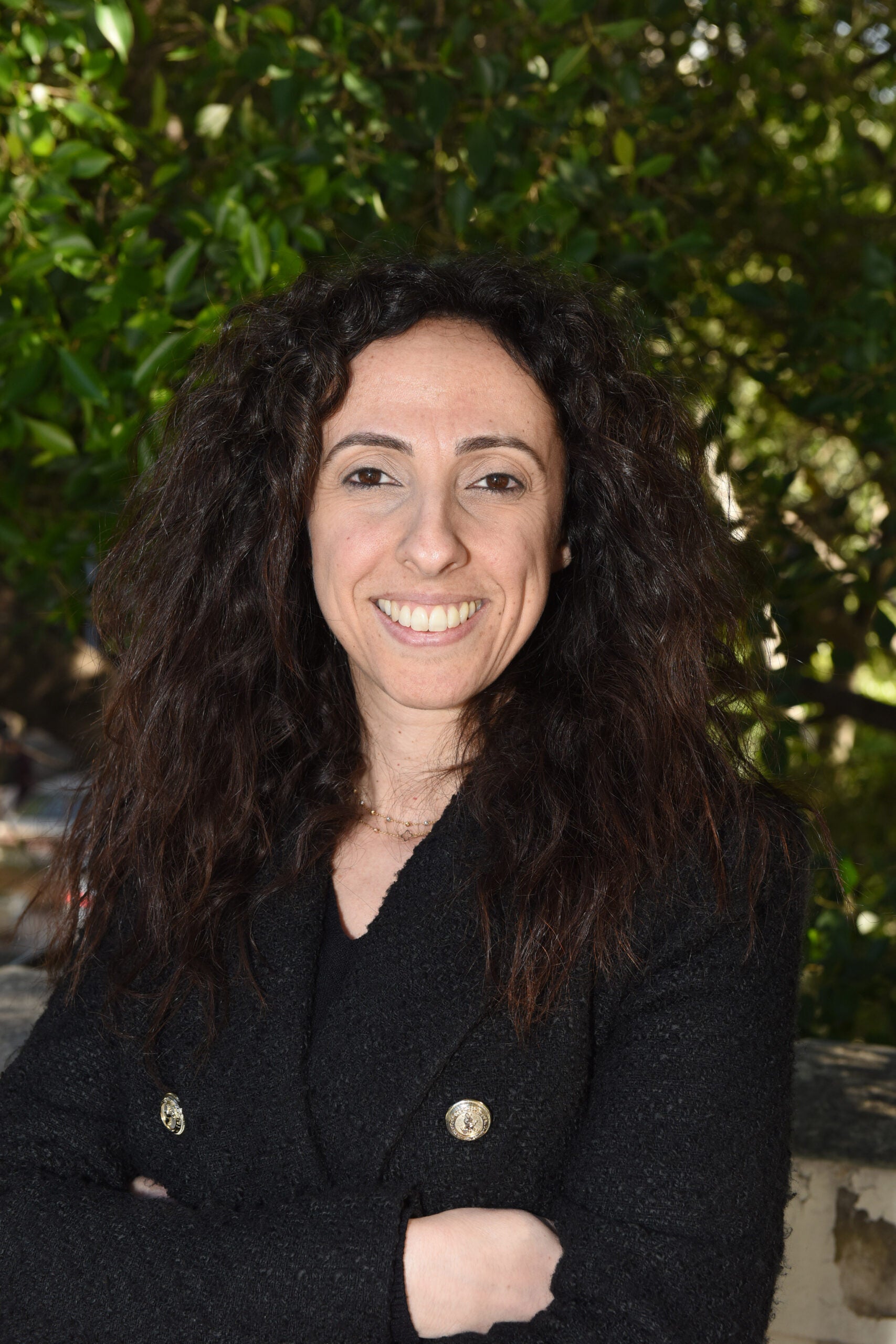
Dr. Marlene Chakhtoura is an Assistant Professor of Clinical Medicine (Endocrinology and Metabolism) at the American University of Beirut (AUB). She is the Assistant Director of the Scholars in HeAlth Research Program (SHARP) Summer program and the Director of the Clinical Research Institute at AUB. She obtained her medical degree from the Lebanese University and a master’s degree in health research – SHARP MS – from AUB. Her research interests include osteoporosis, medical weight management and the link between weight loss and bone health. The title of her proposed Lown Scholar research project is “Cardiovascular health and Access to care for Risk reduction through Education (CARE) Lebanon.”
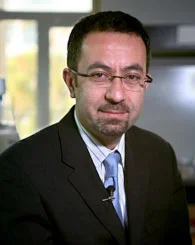
Dr. Pierre Zalloua is a Lebanese geneticist and serves as Professor & Chair, Molecular Biology and Genetics at Khalifa University. Dr. Zalloua is a leading authority on the genetics of complex diseases in Middle Eastern populations. His investigative studies have addressed molecular anomalies in people with coronary artery disease (CAD). His focus is to identify CAD susceptibility genes, to study their interaction with the environment, and to correlate these interactions with disease onset and manifestation. Dr. Zalloua graduated from the American University of Beirut in 1987 with a BS in biology, earned his MA in biological sciences from San Jose State University, and his PhD in genetics from the University of California, Davis after which he completed a postdoctoral research fellowship in population genetics at the Harvard T.H. Chan School of Public Health. (Publications)
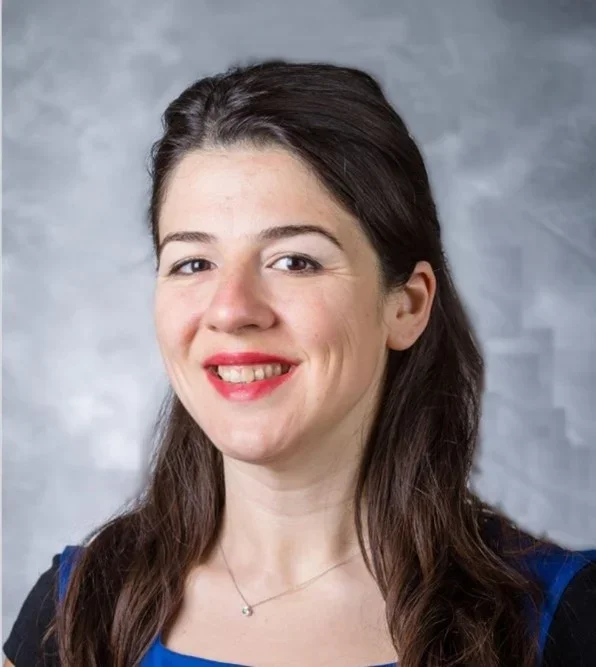
Dr. Duygu Islek Yaras is a postdoctoral fellow at Emory Rollins School of Public Health. She received her PhD in Epidemiology from Emory University in 2021, her MPH degree from Dokuz Eylul University, Turkey, in 2015, and her MD degree from Ege University, Turkey, in 2007. She also completed her residency in public health and preventive medicine at Dokuz Eylul University in 2017. Her research interests include cardiovascular disease epidemiology, global health, decision modeling, and health inequalities. Her PhD dissertation examined the racial differences in out-of-hospital mortality from heart diseases and recurrent myocardial infarctions in a large US cohort population and was awarded the American Heart Association’s pre-doctoral fellowship. Prior to her PhD, she worked as a research associate at the University of Liverpool with a fellowship funded by the European Union, where she examined the future impact of population-level food policy scenarios with mathematical modeling in heart disease. She is a fellow of The International Society of Cardiovascular Disease Epidemiology and Prevention (ISCEP). She is a competitive long-distance swimmer and swims with the Atlanta Trout master swimming team. (Publications)

Dr. Kaan Sözmen is an Associate Professor of Public Health at the Izmir Katip Çelebi University Faculty of Medicine in Turkey. He received his MSc degree from Erasmus University in 2010 and completed his public health specialty training at Dokuz Eylul University Faculty of Medicine in 2011. He served as the Vice Dean of the Izmir Katip Celebi University Faculty of Medicine between 2019-2021. Dr. Sözmen is interested in cardiovascular disease epidemiology, health economics, epidemiological modeling studies (mainly on cardiovascular diseases), stroke, diabetes, food policies, and salt reduction. His Lown Scholar project proposal is entitled “Patient and physician preferences for management of high blood pressure in primary health care setting and the role of telemedicine.”
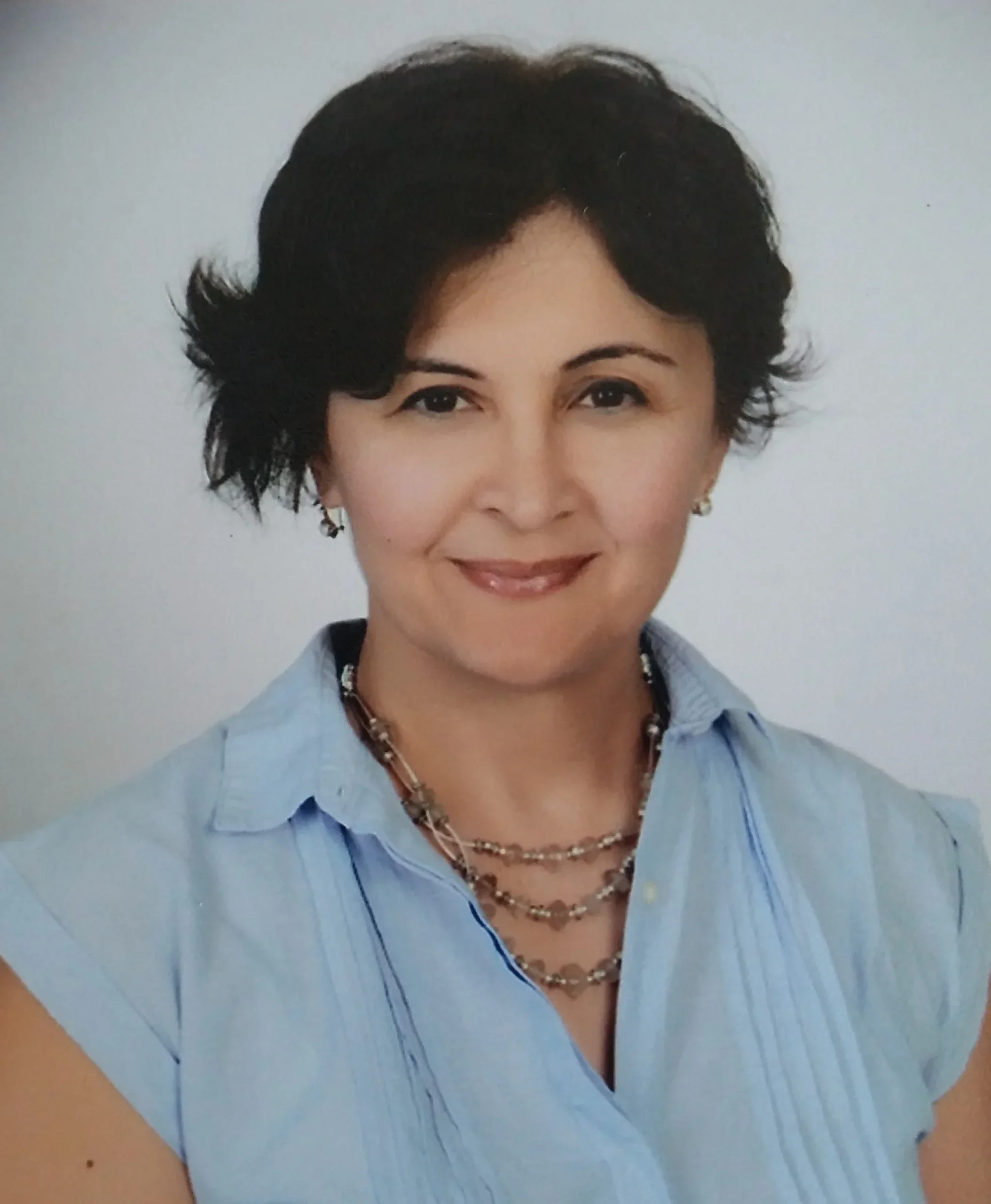
Dr. Belgin Unal is a professor of public health at the Dokuz Eylul University (DEU), a leading public health department in Turkey. She obtained an MPH from Hebrew University of Jerusalem in Israel, and a PhD degree the University of Liverpool. She also had public health specialty training from Dokuz Eylul University and became a public health specialist. Her research focuses on noncommunicable disease epidemiology, especially cardiovascular disease epidemiology, prevention, and modeling the impacts of risk factor trends on mortality and morbidity. (Publications)
South Asia
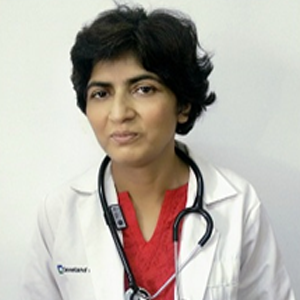
Dr. Bhanu Duggal is a professor and Head of the Department of Cardiology at the All India Institute of Medical Science in Rishikesh, India. Dr. Duggal is particularly interested in outcomes research. She holds a doctorate in cardiology from the Armed Force Medical College in Pune, India. Her Lown Scholar project proposal is entitled “The India Stent Program for Improving Research and Evaluation (INSPIRE) Study.” (Publications)
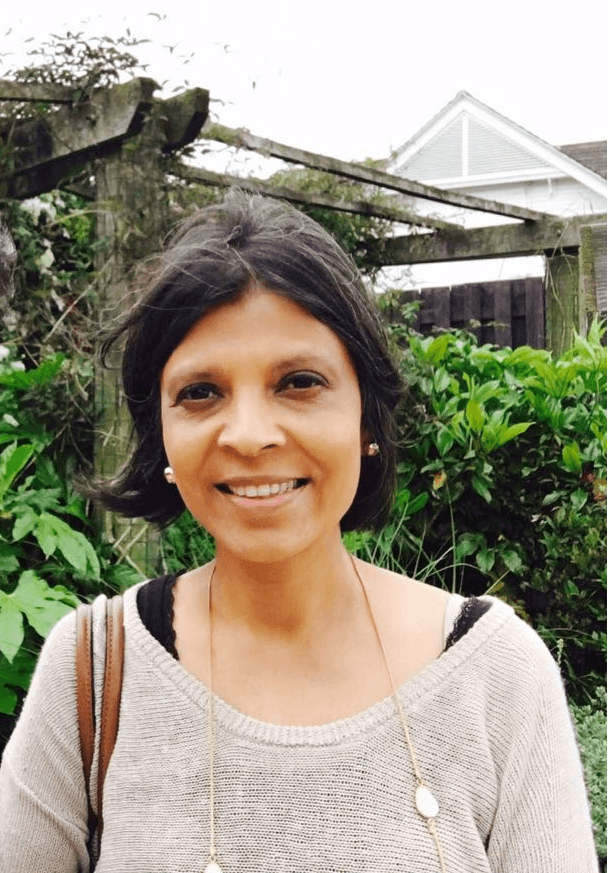
Dr. Shifalika Goenka is an additional professor at the Indian Institute of Public Health, Public Health Foundation of India, Center for Chronic Disease Control in New Delhi. She is presently leading the qualitative component of the M-well care trial, evaluating the effectiveness of a mobile health (mHealth) system for an integrated management of hypertension and diabetes in rural India. She designed and subsequently upgraded the health promotion component for cardiovascular risk reduction, involving ten large, industrial townships across India. She possesses a strong commitment to enhance population levels of physical activity and prevent non-communicable diseases, especially cardiovascular diseases, through multi-sectoral, multi-disciplinary, and multi-level approaches. She is working towards a Center of Excellence in Physical Activity, and believes that “health should be the litmus test in all local, state and national policies.” (Publications)
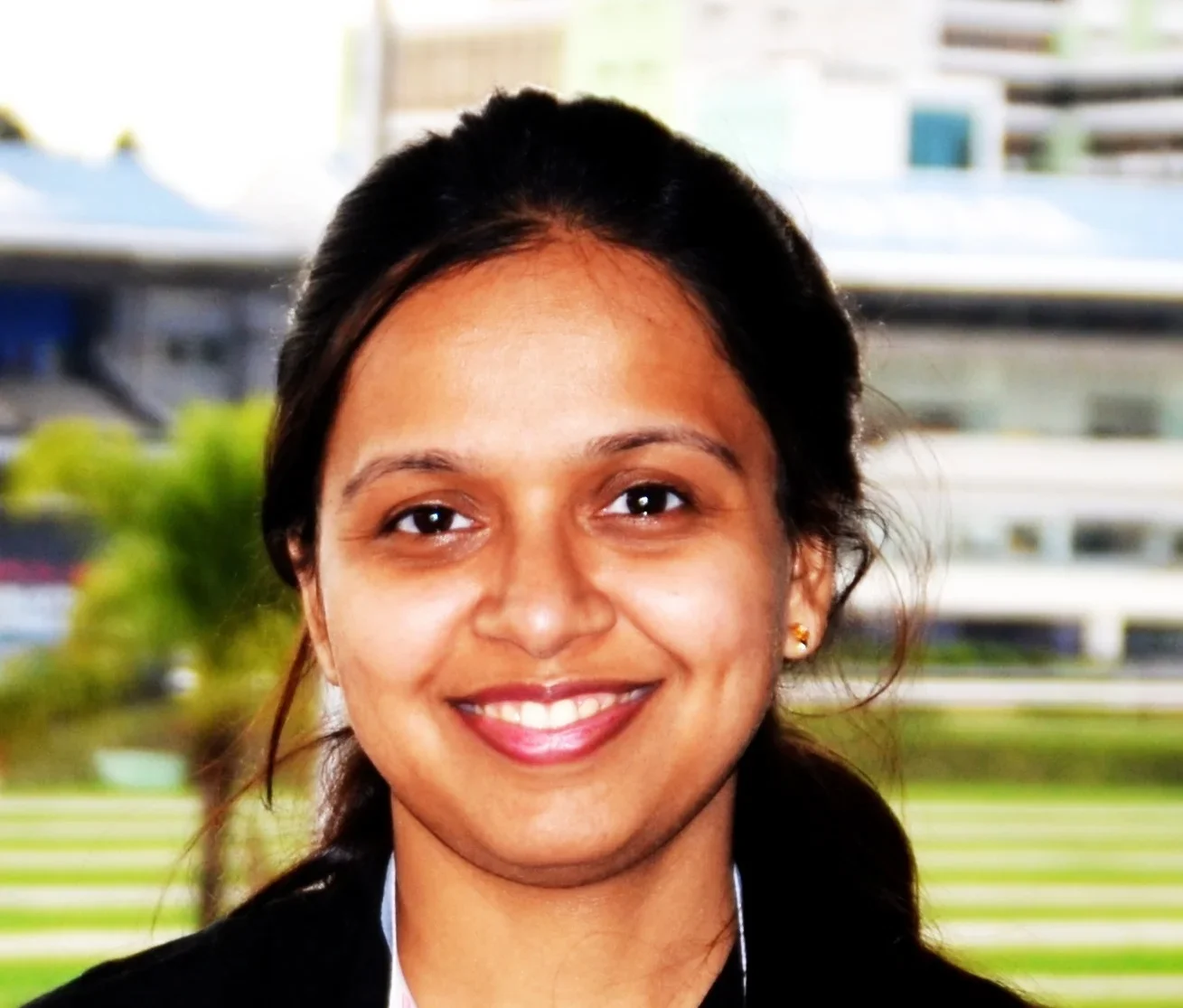
Dr. Priti Gupta is a senior research associate at the Centre for Chronic Disease Control in New Delhi. She is currently working in a NIH-funded implementation science study designed to develop an Integrated Tracking, Referral, Electronic Decision Support and Care Coordination (I-TREC) package focused on hypertension and diabetes management in India. She was awarded a VECD consortium post-doctoral Fogarty fellowship in 2018-2019. Dr. Gupta also has experience in implementation and management of a National Health Program at primary and secondary care levels. Her professional areas of interest include cardiovascular disease, implementation science research, multi-morbidity, diabetes, and mHealth. Her Lown Scholar project proposal is entitled “Development and evaluation of a multicomponent salt reduction intervention in schools.” (Publications)
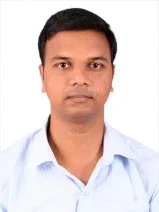
Dr. William Joe is an assistant professor at Institute of Economic Growth, India. He received his PhD in economics and MPhil in applied economics from Jawaharlal Nehru University, New Delhi and his master of economics degree from Goa University, Goa. His PhD work focused on measurement and interpretation of socioeconomic inequalities in health with empirical applications in the Indian context. Dr. Joe has been involved in monitoring and evaluation of National Health Mission of India with specific focus on high focus regions in the country. He is interested in policy research on social determinants of cardiovascular diseases and its risk factors. Dr. Joe is currently engaged with research on sources of health care financing and financial protection against cardiovascular diseases. (Publications)
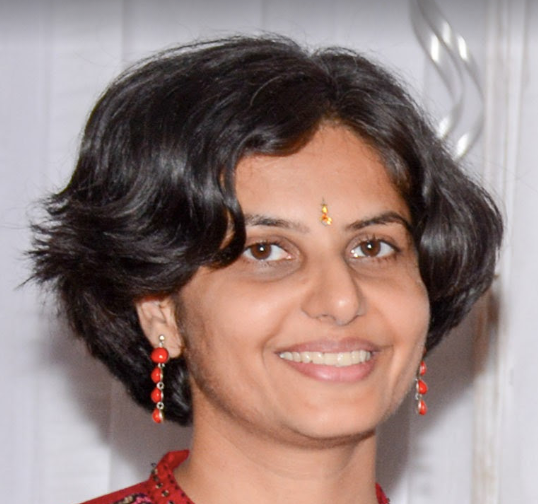
Ms. Garima Gupta Kapila is the Founder of the Swasth Yog Institute in Mumbai, an initiative of the Swasth Foundation. Their mission is to create a health ecosystem which enables a state of internal harmony, thus, enabling a state of physical, mental, social and spiritual well-being. The Institute is creating a new cadre of wellbeing professionals and demonstrating models for integrated care delivery. An engineer by education, Ms. Gupta Kapila is certified in various areas of yoga therapy, nutrition, and life coaching, and is currently pursuing an MS in Yoga and studying Integral Somatic Psychology. Her Lown Scholar project proposal is entitled “A randomized trial to test the efficacy of integrated care for hypertension management.”

Dr. Sundeep Kapila is co-founder and CEO of Swasth Foundation, a not-for-profit social enterprise committed to Health and Joy for All. Sundeep has worked as a Management Consultant with McKinsey & Company for seven years, where he specialized in the healthcare and development sectors. In 2008, he left McKinsey to set up Swasth with the mission of building a sustainable and accountable health eco-system for the low income people in India. Sundeep graduated with a B.Tech in computer science from IIT Bombay in 2001. Since then, he has undergone different programs to gain the domain knowledge required to build a a health eco-system. He has completed a diploma of associateship in insurance, undergone two years of law studies, received an M.D. in alternative medicine, completed a yoga instructor certificate and is a certified professional coach by the International Coaching Federation. In 2019, Sundeep was selected for a Fellowship to the Skoll World Forum on Social Entrepreneurship. His proposal for the Lown Scholars Program is to conduct an individually randomized controlled trial to test efficacy of a Yoga based intervention for hypertension management. The project is called “Sanjeevani,” which literally translates to “Right Living,” and is centered around an eight-week course for hypertension patients to enable “Right Living” through a combination of “Right Activity,” “Right Food,” and “Right Thought.”
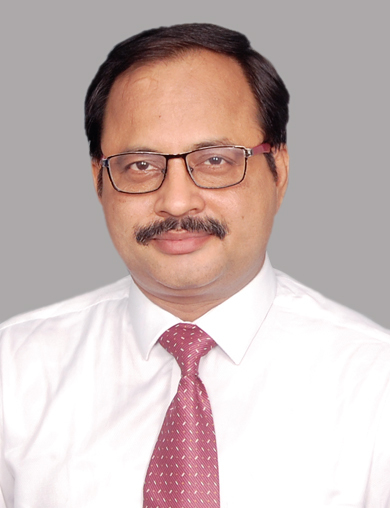
Dr. Pranab Mahapatra is an assistant professor in psychiatry at the Kalinga Institute of Medical Sciences (KIIT University) in Bhubaneswar, Odisha, India. He holds an MD in psychiatry from the Central Institute of Psychiatry and is engaged in active clinical practice, the teaching of medical students, and research. Dr. Mahapatra’s principal research interest lies in understanding care challenges and pathways to care for chronic illnesses. His other research interests are physical-mental multimorbidity and how mental disorders influence care processes for associated chronic illnesses. His Lown Scholar project proposal is entitled “Understanding the dual challenges of cardiovascular-psychiatric multimorbidity among urban poor.” (Publications)
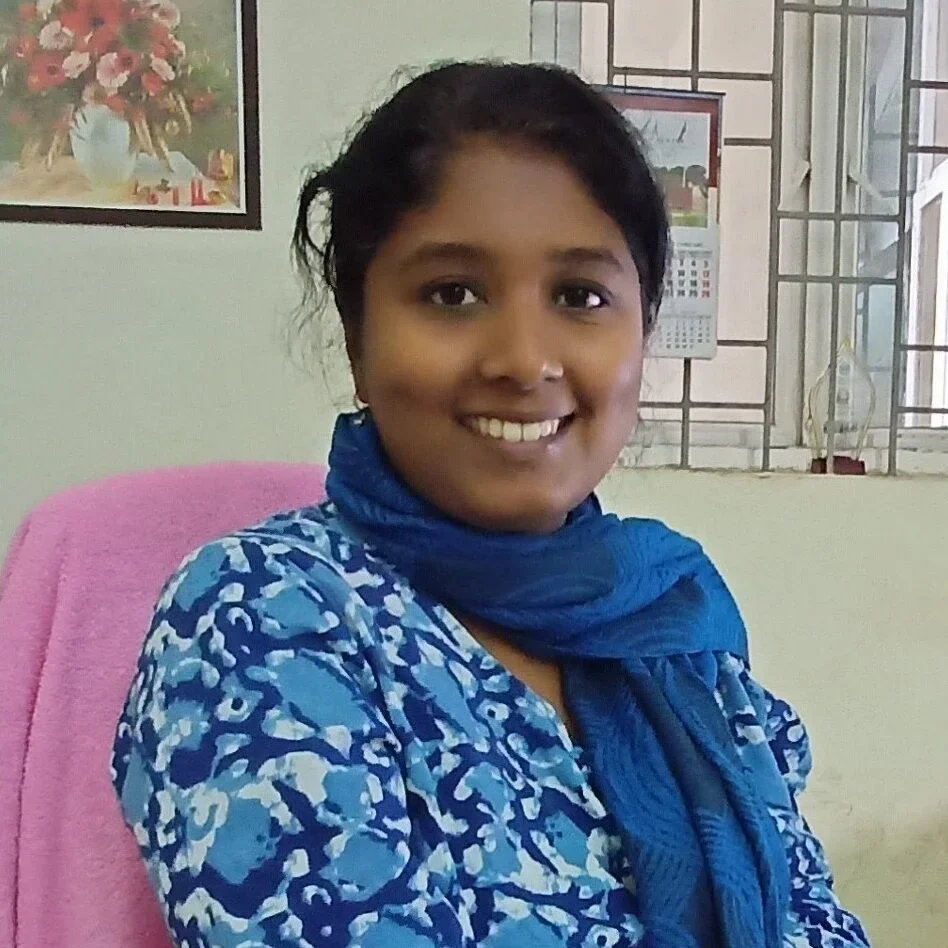
Dr. Elezebeth Mathews is an Assistant Professor in Public Health at the Central University of Kerala in India and a Wellcome DBT India Alliance Fellow. She holds a masters and doctoral degree in Public Health from the Sree Chitra Tirunal Institute for Medical Sciences and Technology, Trivandrum. Her research interests primarily include diabetes and cardiovascular disease epidemiology and implementation research on prevention and management of noncommunicable diseases. Her Lown Scholars project proposal is entitled “Effectiveness of Lifestyle Intervention in Reducing Cardio Metabolic Risk Factors among Individuals with Isolated Impaired Fasting Glucose in Kerala, India: Two Year Follow up Study.” (Publications)

Dr. Jaideep Menon is the head of Preventive Cardiology & Public Health (Cardiology), Amrita Institute of Medical Sciences, Kochi, Kerala. A practicing cardiologist for over 20 years, Dr. Menon has shifted his professional focus toward prevention and community health. He is also the principal investigator in the project “ENDIRA, Epidemiology of Non-communicable Diseases in Rural Areas, the largest single door-to-door survey for NCDs in India. This project has now been taken up by the state National Rural Health Mission as a pilot project targeting lifestyle change as a means to combat non-communicable diseases. His Lown Scholar project proposal in entitled “Improving adherence to medications among patients with cardiovascular disease through mHealth and help of non-physician health workers.” (Publications)
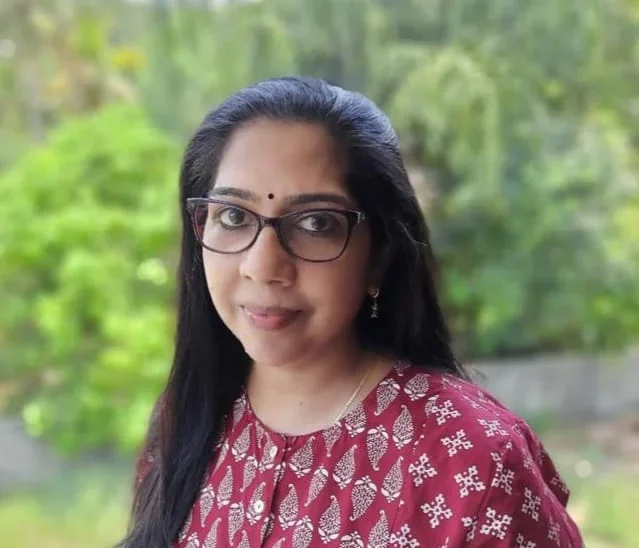
Dr. G.K. Mini is an Associate Professor at the Global Institute of Public Health at the Ananthapuri Hospitals and Research Institute in Thiruvananthapuram, India. She is also the Founding Director of the Women’s Institute of Social and Health Studies (WISHS) at the Women’s Social and Health Studies Foundation in Thiruvananthapuram, India. She holds a doctorate in demography from the University of Kerala. She has served as a consultant with various organizations, including UNDP and UNWFP. Her research interests include non-communicable diseases, tobacco use, and reproductive health, with several peer-reviewed articles published on these issues in Indian and other low- to middle-income country settings. Her Lown Scholar project proposal is entitled “A comprehensive approach for hypertension control: A pilot research program in Kerala, India.” (Publications)
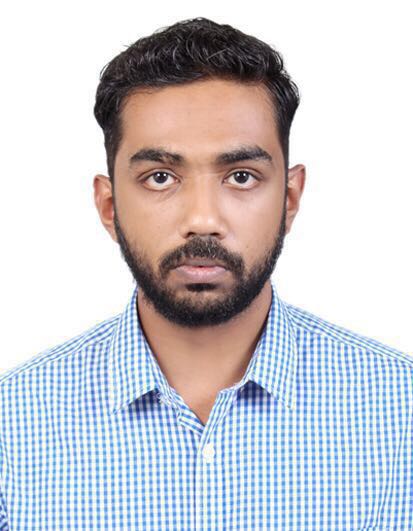
Dr. Mithun Abe Mohan heads Public Health Initiatives at ESAF Foundation, India. His work enables him to combine his training as a dental surgeon and his decade-long experience in the development sector to create equitable health systems. His current work involves the design and implementation of a comprehensive health plan that serves the marginalized and excluded sections of the society, who do not have access to conventional health services, with a women-centric, family-focused approach. He is also involved in revamping existing rural hospitals across five states in India into self-contained secondary care centers, mainly in less developed geographies. His interests include prevention of hypertension and diabetes, epidemiology of hypertension in the urban poor, disease reversal in hypertension and diabetes, and capacity building in primary physicians to enable them in treating chronic diseases.

Dr. Devaki Nambiar is a Program Director at the George Institute for Global Health. She received her doctorate degree in public health from the Johns Hopkins Bloomberg School of Public Health, specializing in theory-based research on the structural production of social exclusion, specifically HIV/AIDS-related stigma, drawing on fieldwork in India. Her research applies critical theory towards understanding various aspects of health governance, specifically the role of community participation, mass media, and private philanthropy in creating and reproducing resistance and hegemony in resource-poor settings. The Lown Scholars Program supported Dr. Nambiar’s project “Assessing coverage, inequalities, and frontline provider workflows for hypertension and diabetes screening, treatment, and follow-up in two Indian states.” (Publications)
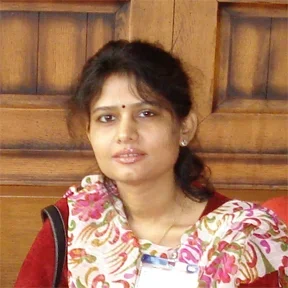
Dr. Sanghamitra Pati, a physician turned public health professional, is Director of the Indian Council of Medical Research’s (ICMR) Regional Medical Research Centre, Bhubaneswar. After graduating from MKCG Medical College, Odisha, she received an MPH degree from University of Maastricht, The Netherlands, 2001 under Joint Japan/World Bank Graduate Scholarship. Her Wellcome Trust funded research is the first in India and any Low and Middle Income Country to assess the burden and impact of multimorbidity (coexistence of multiple chronic illness in a person) in patients attending health care settings. The MAQ-PC tool developed by her is now being used by many researchers across the LMICs to measure multimorbidity. During the COVID-19 pandemic Dr. Pati has spearheaded the laboratory testing of COVID-19 in Odisha, and set up the High Throughput Cobas Laboratory and functionalization in record time of four days. (Publications)

Dr. Somen Pradhan is an Assistant Professor in the Department of Community Medicine at M.K.C.G. Medical College, Berhampur, Odisha, India. He holds an MD from Pt. Deendayal Upadhyay Memorial Health Sciences and Ayush University, Raipur (C.G.) in Raipur, Chhattisgarh, India. His LSP proposal will focus on the use of Participatory Learning Action (PLA) tools to improve cardiovascular risk factors among rural adolescents. (Publications)

Dr. Sairu Philip is Professor & Head of Community Medicine at Government T.D. Medical College in Kerala, India. She has an MD in community medicine, MPhil in clinical epidemiology, and PG Certificate in health and family welfare management. She has been the recipient of many distinguished awards, including the Rehna Award for women for outstanding social service (2006), Kerala Government Best Doctor Award in Medical Education (2010), Kerala Social Justice Department Vanitharatnam (2016) and Kairali People TV Best Doctor Award in government sector (2017). Innovations in medical education include mainstreaming Brief Intervention Skills for Tobacco Cessation Counseling in undergraduate curriculum and sustaining the student volunteered community based home care for bedridden patients. Along with a local self government, Dr. Philip has initiated many community based public health projects, such as blood pressure screening community clinics (2002), self-help groups for filarial lymphedema patients for morbidity management (2006), and palliative care (2007) in her district. Around 1500 volunteers in four local self governments are regularly trained by her for gender-sensitive, family-level interventions for cardiovascular health. (Publications)
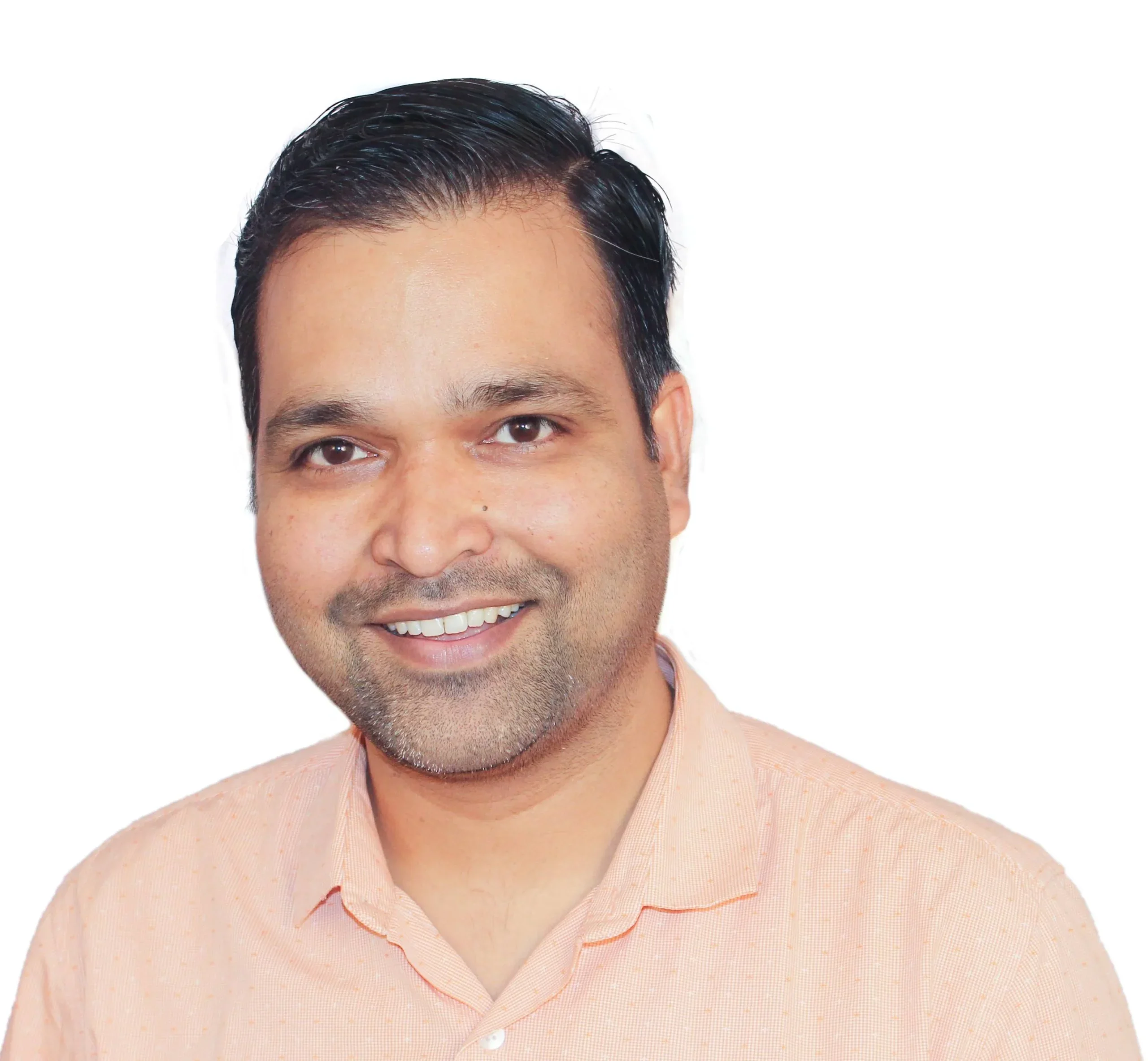
Mr. Rajesh Kumar Rai, MA, MPhil, MPH, is a Senior Research Scientist with the Society for Health and Demographic Surveillance (SHDS), an initiative of the West Bengal State Department of Health and Family Welfare, India. Prior to SHDS, he worked at the International Institute for Population Sciences (IIPS), the Tata Institute of Social Sciences (TISS) and was a Public Policy Scholar at the Hindu Centre for Politics and Public Policy. His research interests include reproductive, maternal, newborn and child health (RMNCH) and non-communicable diseases (NCDs), with several peer-reviewed articles, opinion pieces and commentaries published on these issues in the Indian and other low to middle-income country settings. He is an Associate Editor of global health for the BMC Public Health, and is an editorial board member of Public Health Reviews. (Publications)
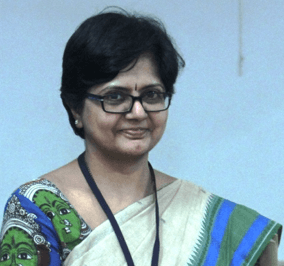
Dr. Sudha Ramalingam is a professor in community medicine and Director, Research & Innovation and Co-Director of the PSG FAIMER Regional Institute at PSG Institute of Medical Sciences and Research, Coimbatore, India. She holds an MD in community medicine and has had two postdoctoral fellowships at Stanford University and University of Chicago in Genetics and Genetic Epidemiology, respectively. She was a Fulbright visiting scientist at the Harvard School of Public Health where she worked on Environmental Epigenetics. She has also completed her FAIMER fellowship in Medical Education and received the International Fellowship in Medical Education to pursue her master’s degree in health professions education in 2017. She is in charge of the rural health training center which provides primary care to more than 25,000 population. She also conceptualized and implemented the Non-Communicable Diseases clinic (NCD) in the rural center, providing a comprehensive approach in NCD management, including yoga and stress management, that has been well received by the community. She is working on several funded projects by national and international agencies. Her main area of research interest is the role of environmental toxins in cardiovascular disease and diabetes mellitus. (Publications</a…
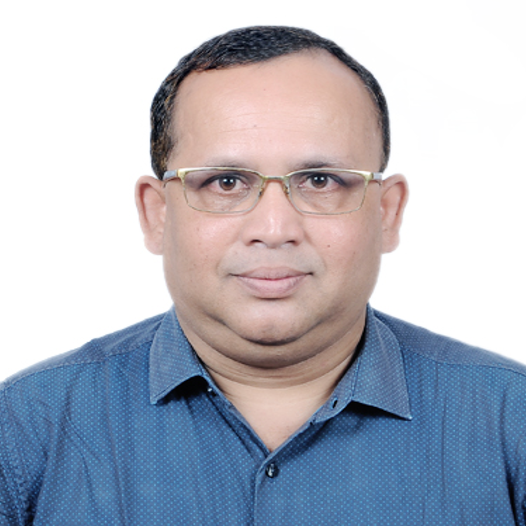
Dr. Krushna Chandra Sahoo is working as a Public Health Specialist in the Health Technology Assessment unit at the ICMR-Regional Medical Research Centre, Bhubaneswar, Govt. of India. He received his PhD in Medical Sciences from Karolinska Institutet, Sweden, in 2012. He is trained in qualitative, quantitative, and mixed-method research, and has teaching experience in these as well as health policy, planning and economic evaluation of technology in health care. Dr. Sahoo also has experience in socio-behavioral health and evidence-based policy and practices. His areas of research interest are gender and health, community engagement and involvement, and chronic illness, with an emphasis on water, sanitation, and hygiene. His research is primarily on vulnerable communities – urban poor and indigenous populations with a particular emphasis on women, children, and the older population. His Lown Scholar project proposal is entitled “Improved cardiovascular diseases screening among the urban poor through community volunteers training.” (Publications)
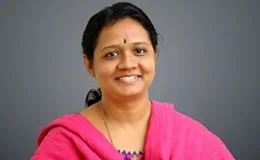
Dr. Aswathy Sreedevi is a Professor in the Department of Community Medicine at the Amrita Institute of Medical Sciences in Kochi, India. She holds a Bachelor of Medicine and Bachelor of Surgery from Stanley Medical College in Chennai, as well as an MD from VSS Medical College, Burla and a postgraduate diploma in Adolescent Pediatrics from Kerala University. At Amrita she has developed a rural health training center to provide preventative, promotive, and curative care and created self-help groups in the community to promote economic development. As a public health practitioner, Dr. Sreedevi has also initiated training programs for health workers in 101 remote villages across India. She was selected as an NIH ASCEND (Asian Collaboration for Excellence in Non-communicable Diseases) fellow from 2011-2015. As part of the Quit Tobacco India project, she worked to promote smoke free homes and was recognized as an Emerging Leader by the World Heart Federation in 2016. Currently, Dr. Sreedevi is collaborating on a multi-centric study in India and Kenya on the facilitators and barriers to tobacco cessation among health care providers in those countries. (Publications)

Dr. Rakesh Suseela is an assistant professor in the Department of Community Medicine at the Amrita Institute of Medical Sciences. Suseela’s key contributions to public health include planning and implementation of the national pilot project on WHO recommended Practical Approach to Lung Health (PAL) in India, educating around 25,000 school children on life style disease prevention and compiling the community education book series for NCD prevention. His proposal is focused on the effectiveness of a community-based peer education led by women self-help group members in improving the control of hypertension: an implementation research in urban slums of Kochi City, Kerala, India. (Publications)
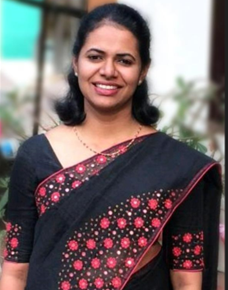
Dr. Sangeetha Merrin Varghese is an Associate Professor in the Department of Community Medicine at Believers Church Medical College Hospital. She serves as the Assistant Director for Research in her institution and head of the Urban Health Training Centre, the hospital’s outreach center. She holds an M.D. in Community Medicine from the Government Medical College, Kottayam, India. In 2023, she was awarded the PRIIIA fellowship from the University of Pittsburgh. She collaborates with the Karlstad University, Sweden, for community-related Research Projects. Her research interests primarily include diabetes and implementation research on prevention and management of non-communicable diseases. A few of her current community-based research projects include “Examining the prevalence of best practices in managing diabetes and hypertension”; “Understanding awareness of Metabolism Associated Fatty Liver Disease”, “Prevalence and risk factors for obesity and abdominal obesity in rural community in Kerala”; and “Evaluating the prevalence of obesity, pre-hypertension, and hypertension Among School Children”. The title of her proposed Lown Scholars project is “Bridging the Gap: A Community Peer Group-based Multimodal Interventional Study on the Early Detection and Management of Albuminuria to Mitigate Cardiovascular Risk in Diabetic Patients.”
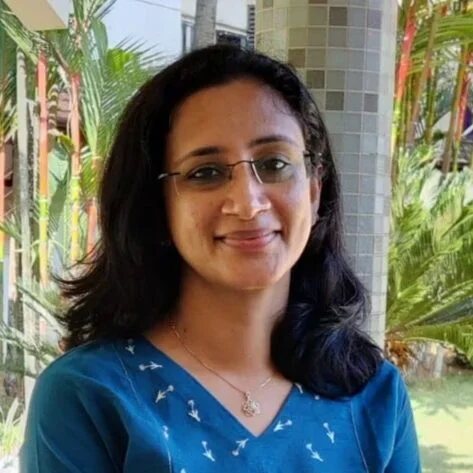
Dr. Saritha Susan Vargese is an Associate Professor in Community Medicine, Believers Church Medical College, Kerala, India. She holds an MD and masters in dementia studies from University of Stirling, Scotland (Commonwealth Scholar) and is currently a doctoral researcher in gerontology focusing on comorbidities in dementia at Tampere University, Finland. She serves as the Deputy Director of Pushpagiri Centre for Evidence Based Practice: A Centre of Excellence under Joanna Briggs Institute, Australia. In 2022, she was awarded the PRIIIA fellowship from the University of Pittsburgh. Dr. Vargese’s research interests include aging, non-communicable diseases and implementation research. Her Lown Scholar project proposal is entitled “Unmet needs and health conditions of oldest old with cardiovascular disease: A mixed methods study.” (Publications)
Dr. Rajani Ved is Director, Health at the India Office of the Bill & Melinda Gates Foundation. In this role, she is responsible for developing and executing the strategy to support the foundation’s health goals in India. She is a public health physician, technical advisor and implementation specialist with nearly 30 years of experience working on community-based health services delivery, health systems strengthening and in scaling up. Her areas of expertise include the design and evaluation of large-scale health policy and programs, implementation research, and scaling up, particularly in maternal, reproductive and child health, primary health care, community health workers and civil society action. She has worked with national and state governments, research institutions, aid agencies and grassroots community organizations. In addition to consulting with the World Health Organization, she serves as a Senior Associate at Johns Hopkins University. (Publications)
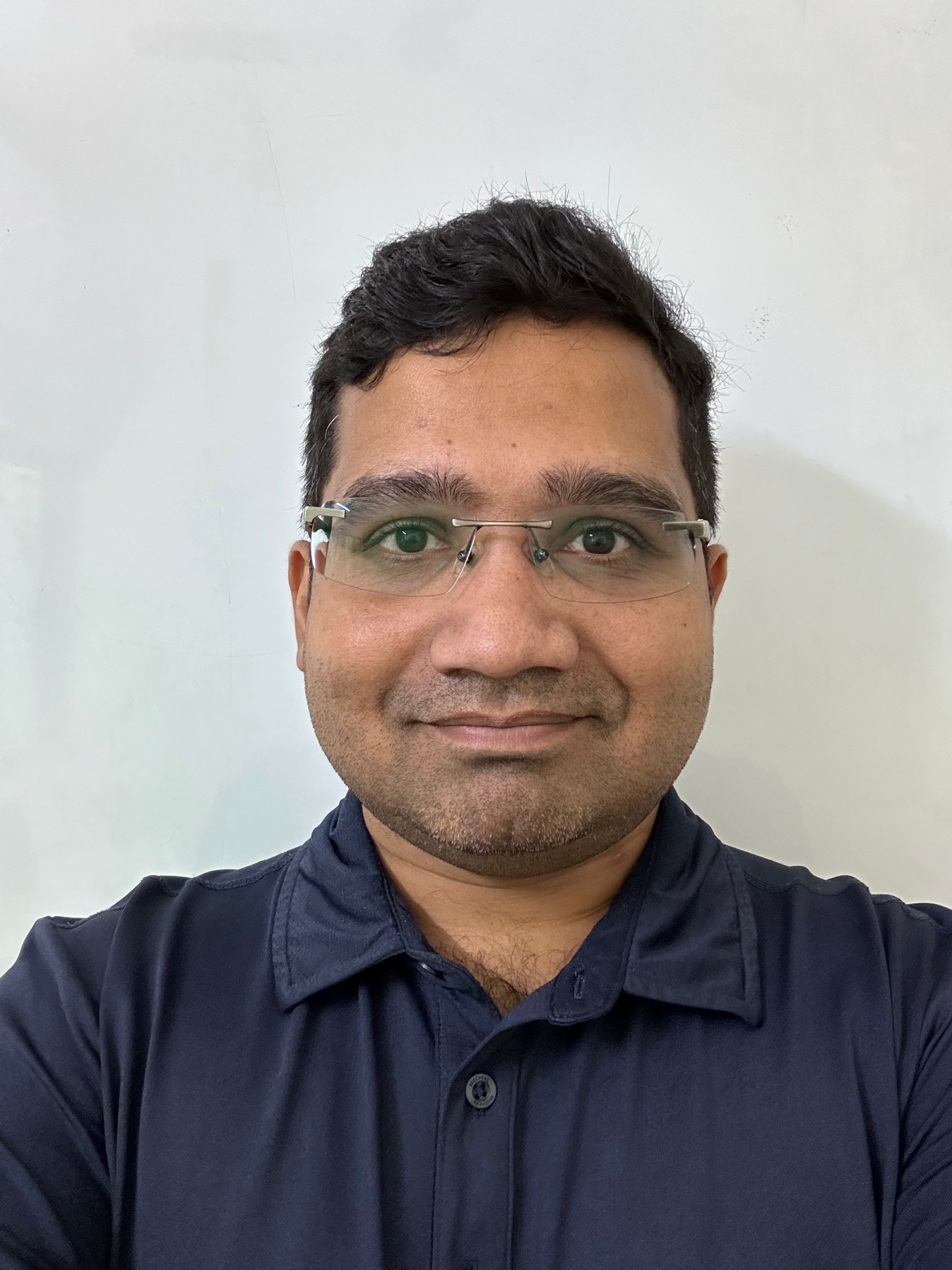
Dr. Nikhil is a medical doctor with MD in Community Medicine from All India Institute of Medical Sciences, New Delhi, India. He works as a Senior Research Scientist at the Public Health Foundation of India and the Centre for Chronic Disease Control. Dr. Nikhil is also affiliated with the Centre for Health Analytics Research and Trends, Trivedi School of Biosciences, Ashoka University.
Dr. Nikhil’s research interests are implementation science and cardiovascular disease epidemiology and prevention. Currently, his work looks at addressing proximal as well as distal determinants of non-communicable diseases in general and cardiovascular disease in particular. He has been awarded the prestigious DBT Wellcome Trust India Alliance Clinical and Public Health Early Career Fellowship to co-design, implement and evaluate patient facing mHealth intervention to promote self-management of hypertension among patients with uncontrolled hypertension.(Publications)
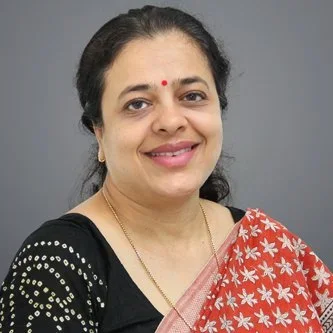
Dr. Chitra Venkateswaran is an associate professor in Psychiatry and Palliative Care at Believers Church Medical College Hospital in Kerala. She is also the Clinical Director of the Mehac Foundation in Kochi, a non-profit based on a palliative care model, which strives to deliver exceptional care to improve the quality of life of people with mental illnesses in the community. Dr. Venkateswaran’s focus is to strengthen the perspective on chronic mental health and palliative care within NCD programs. She received a grant from the Indian Council of Medical Research for a five-year project, looking at models of long-term care for chronic mental health across India in four rural settings. Her Lown Scholar project proposal is entitled “Assessment the prevalence of psychosocial distress (depression, anxiety and stress) in persons with cardiovascular disease in an urban and rural setting in Kerala.” (Publications)
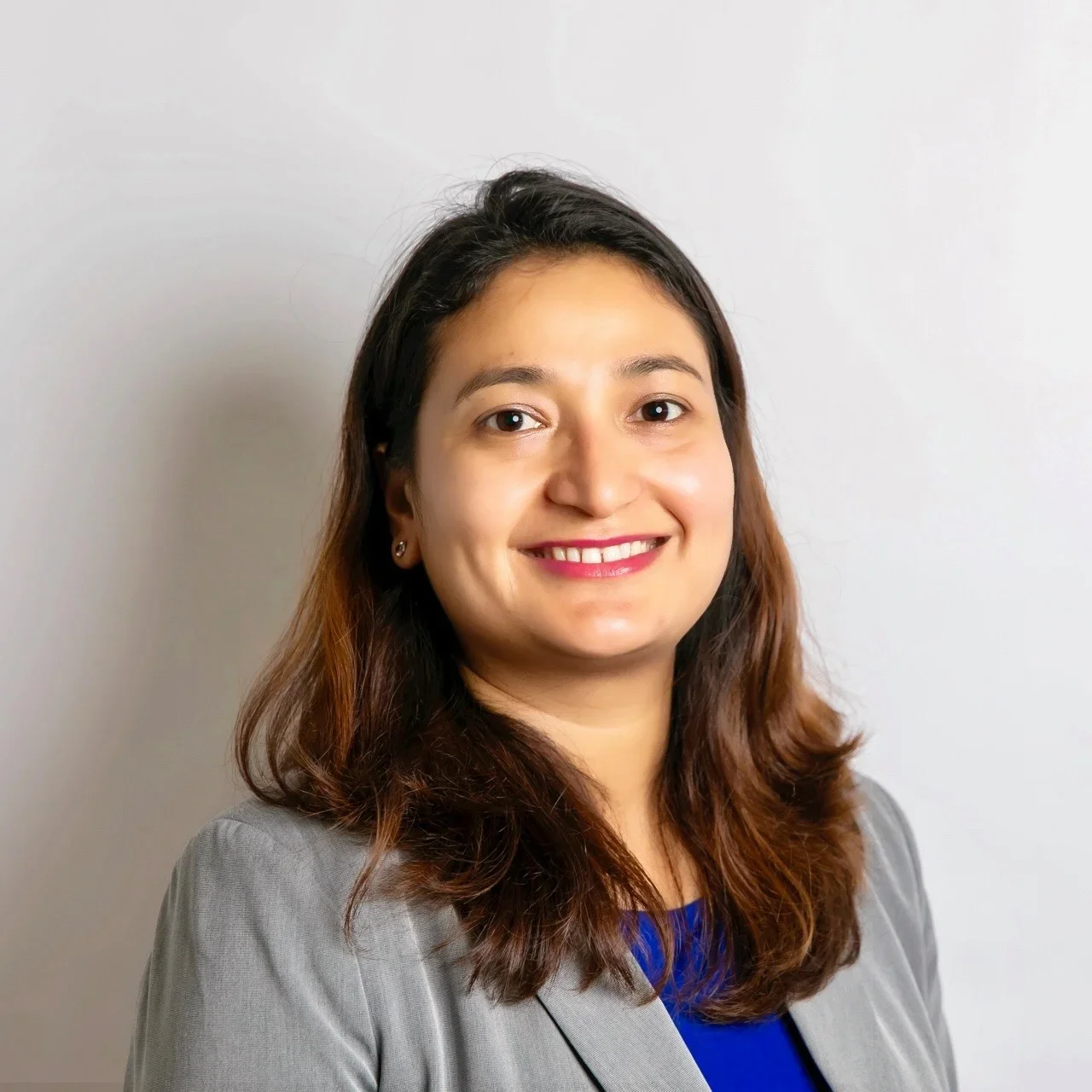
Dr. Buna Bhandari is an assistant professor of epidemiology at the Central Department of Public Health at the Tribhuvan University Institute of Medicine, Kathmandu, Nepal. She holds a PhD from the School of Population Health, the University of New South Wales, Australia. Dr. Bhandari’s PhD research focused on the development and testing of mHealth intervention for the management of hypertension in Nepal. Her Lown Scholar project proposal is entitled “Effectiveness of the structured mHealth lifestyle intervention for the reduction of the 10-year risk of developing cardiovascular disease (TelTex4CVD) among adults with hypertension in Nepal: A feasibility randomized control trial.” (Publications)

Dr. Umesh Raj Aryal is Associate Professor (Biostatistics and Research), at the School of Public Health and Community Health Sciences, Karnali Academy of Health Sciences, Jumla, Nepal. He earned a Ph.D. in Medical Science from the University of Gothenburg, Gothenburg, Sweden. His current research projects include the “Effectiveness and adoption of a phone call and text messaging intervention (TelTex4BP) to improve blood pressure control among patients with hypertension visiting tertiary hospitals of Nepal” (Co-Investigator, August 2023); “Tobacco Use, Psychological Problems, and Nicotine Dependence among Nepalese Adults Living in Remote Areas of Nepal” (Principal Investigator, September 2023); “Prevalence and Associated Factors of Hypertension among School Teachers of Amargadh Municipality: A Cross-Sectional Study” (Co-Investigator, July 2023). The title of his proposed Lown Scholars project is “Evaluating the Effectiveness of Tobacco Cessation Program through Community Engagement and Education.”
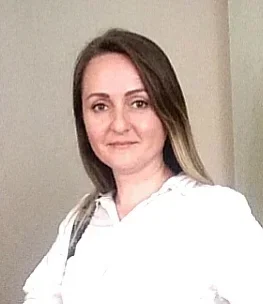
Dr. Natalia Oli is an associate professor in the Department of Community Medicine at Kathmandu Medical College, in Sinamangal, Kathmandu, Nepal. She holds a PhD in medical science from Sahlgrenska Academy at the University of Gothenburg in Gothenburg, Sweden. Dr. Oli specializes in control and prevention of non-communicable diseases, particularly cardiovascular diseases. Her Lown Scholar project proposal is entitled “Customers’ food literacy regarding nutrition labeling in Kathmandu, Nepal: A formative research with a socio-economic status perspective.” (Publications)
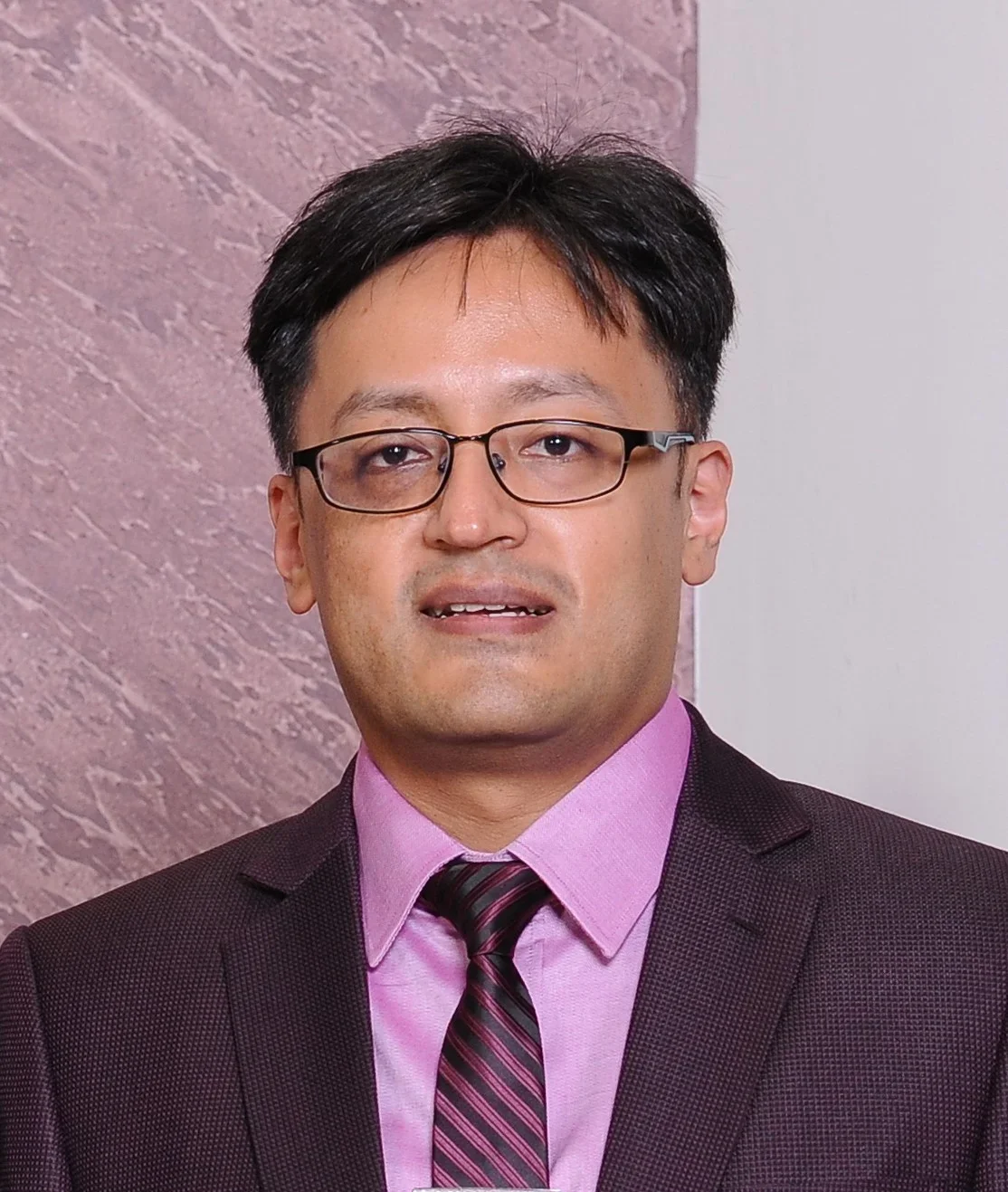
Dr. Pranil Man Singh Pradhan is an Associate Professor of Community Medicine at the Institute of Medicine, Maharajgunj Medical Campus, Tribhuvan University, in Kathmandu. His research interests are NCDs, tobacco and alcohol control, nutrition, and occupational health. He leads the Lown Scholar Tobacco group and is a co-investigator in the project “Estimating the disease burden, economic impact, and health and economic benefits of raising taxes to counter the dual combustible and smokeless tobacco epidemics in India: an economic and disease modeling study.” Dr. Pradhan received the Young Health Researcher Award from the Nepal Health Research Council. He has been selected as a PhD Scholar at the University of Leicester and his project focuses on the effectiveness of mobile phone-based text messaging service on cessation of tobacco use (Txt2End) among patients with multiple long-term conditions. (Publications)
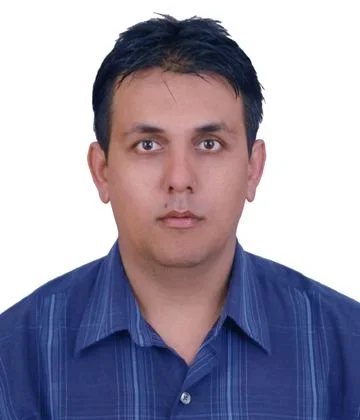
Dr. Prajjwal Pyakurel is a research scientist at SAARC Tuberculosis and HIV/AIDS Centre in Kathmandu, Nepal. He holds a doctorate of medicine (MD) in Community Medicine and Tropical Diseases and a bachelor of medicine and bachelor of surgery (MBBS) from B.P. Koirala Institute of Health Sciences, Dharan, Nepal. His research interests include assessing the cardiovascular risk factors among industrial workers in Eastern Nepal. He is currently the Regional Councillor of Word NCD Federation for South Asia region. He is also involved as a co-investigator in “Translational Research Capacity Building Initiative to Address Cardiovascular Disease in Nepal” funded by National Heart, Lung and Blood Institute, USA. The Lown Scholars Program is currently supporting his project “Worksite Intervention Study to Prevent Diabetes in Nepal.” (Publications)
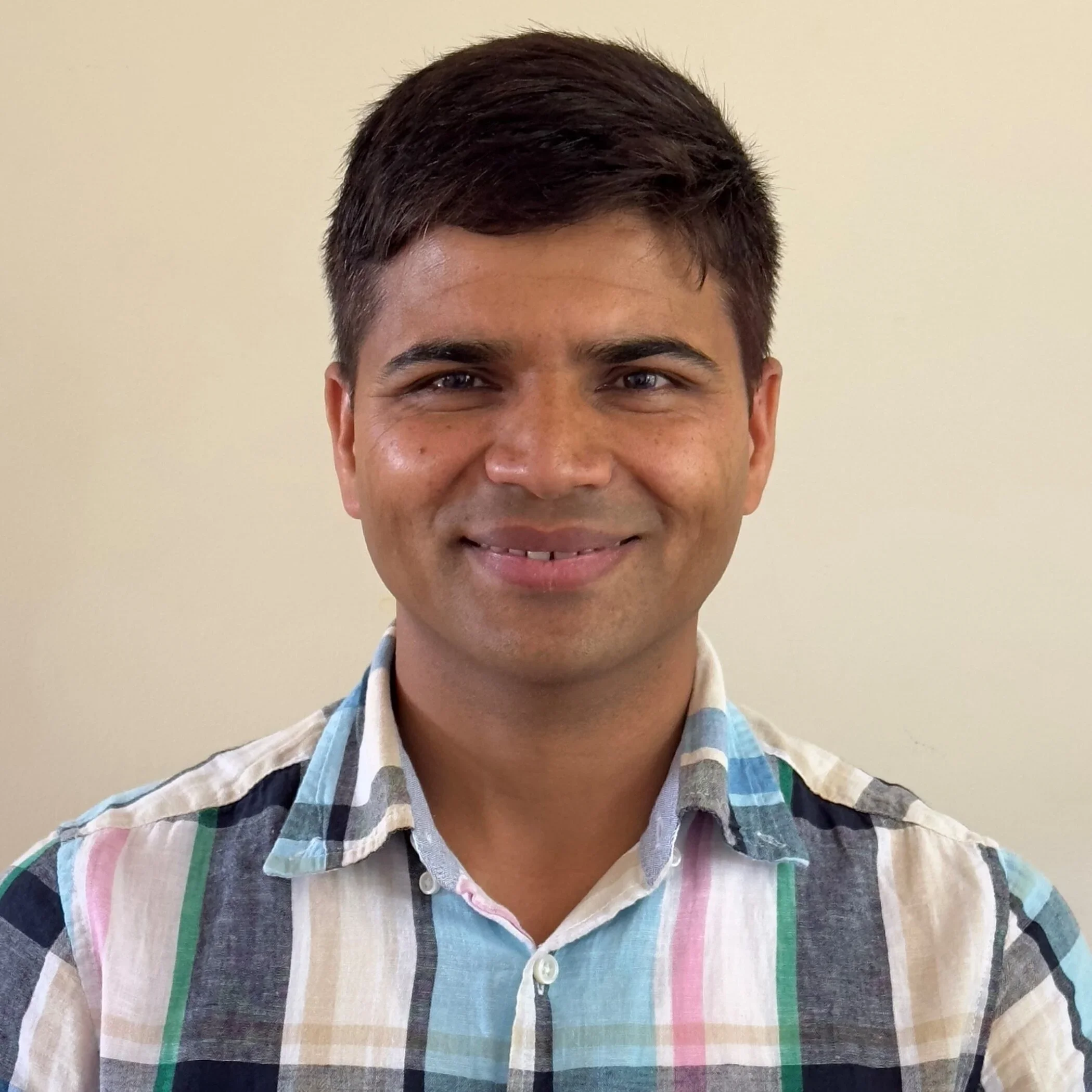
Dr. Narayan Subedi is currently a Research Scientist with the Nepal Development Society, coordinating an international collaborative research project to develop a video-based Global Adolescent and Children Physical Activity Questionnaire. He was an assistant professor of Public Health at the Department of Community Medicine and Public Health, Institute of Medicine, Tribhuvan University before pursuing a PhD at Deakin University, Australia focused on understanding the implementation of digital health interventions for self-management of cardiovascular diseases. He has also earned the International Council of Cardiovascular Prevention and Rehabilitation Cardiac Rehabilitation Foundations Certification. Dr. Subedi led Nepal’s team for the Global Matrix 3.4 and 4.0 and the Report Card Development on Physical Activity of children and youth. His broader research interests include non-communicable diseases with a particular focus on cardiovascular disease, implementation science, digital health, and physical activity. His Lown Scholar project proposal is entitled “Effectiveness of a lifestyle-focused mobile phone-based cardiac rehabilitation intervention on risk factor modification among people living with coronary heart disease in Nepal: A feasibility randomized controlled trial.” (Publications)
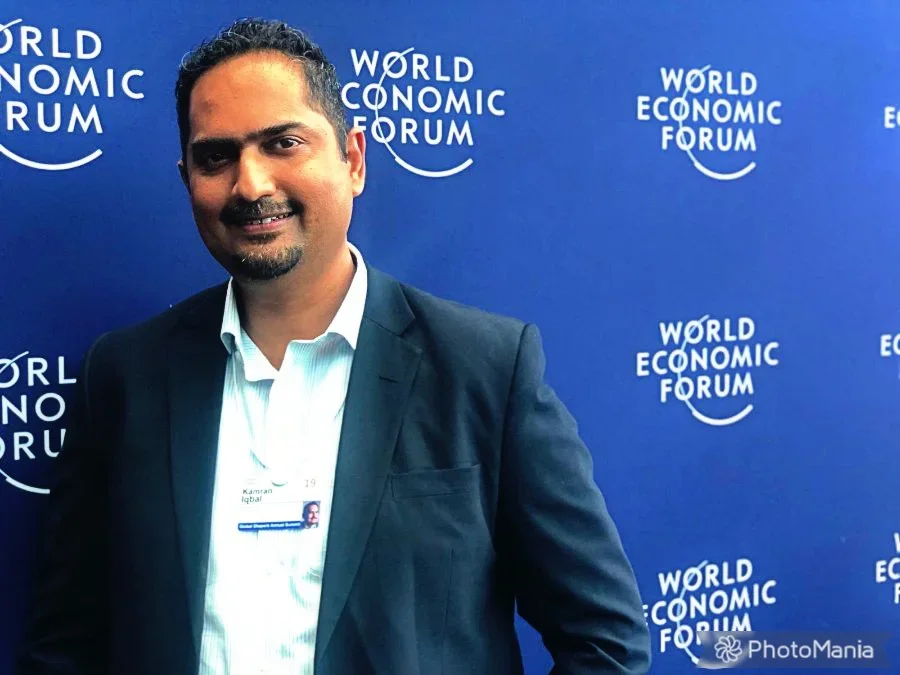
Dr. Kamran Iqbal has worked with the World Bank for Public Private Partnerships in Healthcare. He also serves as a senior medical expert and core team member of the Infection Prevention Control Taskforce of the Sindh Healthcare Commission; as Founder of the Pakistan Digital Health Initiative; and Founder, Curator of Global Shapers Hub, Karachi, an initiative of World Economic Forum. Having served in senior leadership roles in key healthcare organizations of Pakistan, Dr. Kamran’s focus areas include strategic program development, management in healthcare delivery systems, integration of primary healthcare, health promotion/disease prevention in communicable and noncommunicable diseases, social innovation, and enterprise development. His research interest is innovation in healthcare. His Lown Scholar project proposal is entitled “Social behavioral change in cardiovascular disease prevention and treatment adherence through personalized gamification.”
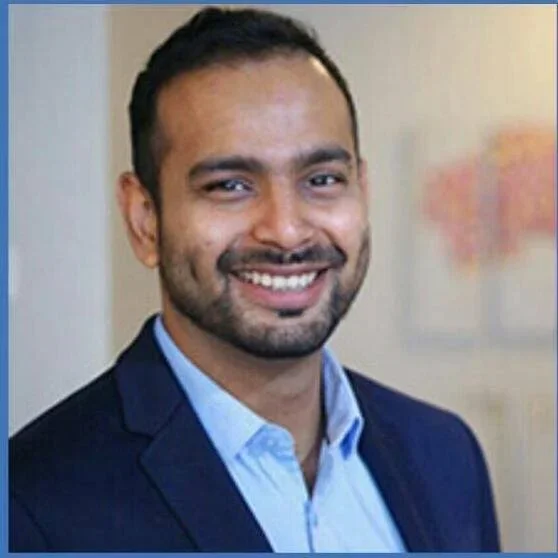
Dr. Mohsin Ali Mustafa graduated from the Aga Khan University and chose to pursue public health for the scale of impact that this field offers. In the past, he managed strategy for health ventures at the Aman Foundation. This position allowed him to engage at several levels of healthcare delivery within Pakistan, and during this time he developed a particular interest in sustainable, market-based health solutions. He is a 2015 Asia 21 Young Leader at the Asia Society and a regional fellow at the Acumen fellowship for social entrepreneurs. Dr. Mustafa dreams of a Pakistan where basic rights are afforded to all and is working towards that dream through his enterprises. (Publications)
Sub-Saharan Africa

Dr. Julius Mwita is an associate professor in the Department of internal medicine at the University of Botswana. He is also an internist and cardiologist at Princess Marina Hospital, Botswana and holds a master of science in clinical epidemiology from the University of Stellenbosch, South Africa. Dr. Mwita’s research interests include heart failure, rheumatic heart disease, hypertension, and diabetes. His Lown Scholar project proposal is entitled “Streptococcal Pharyngitis in children in rheumatic heart disease (RHD)-endemic region, Botswana.” (Publications)
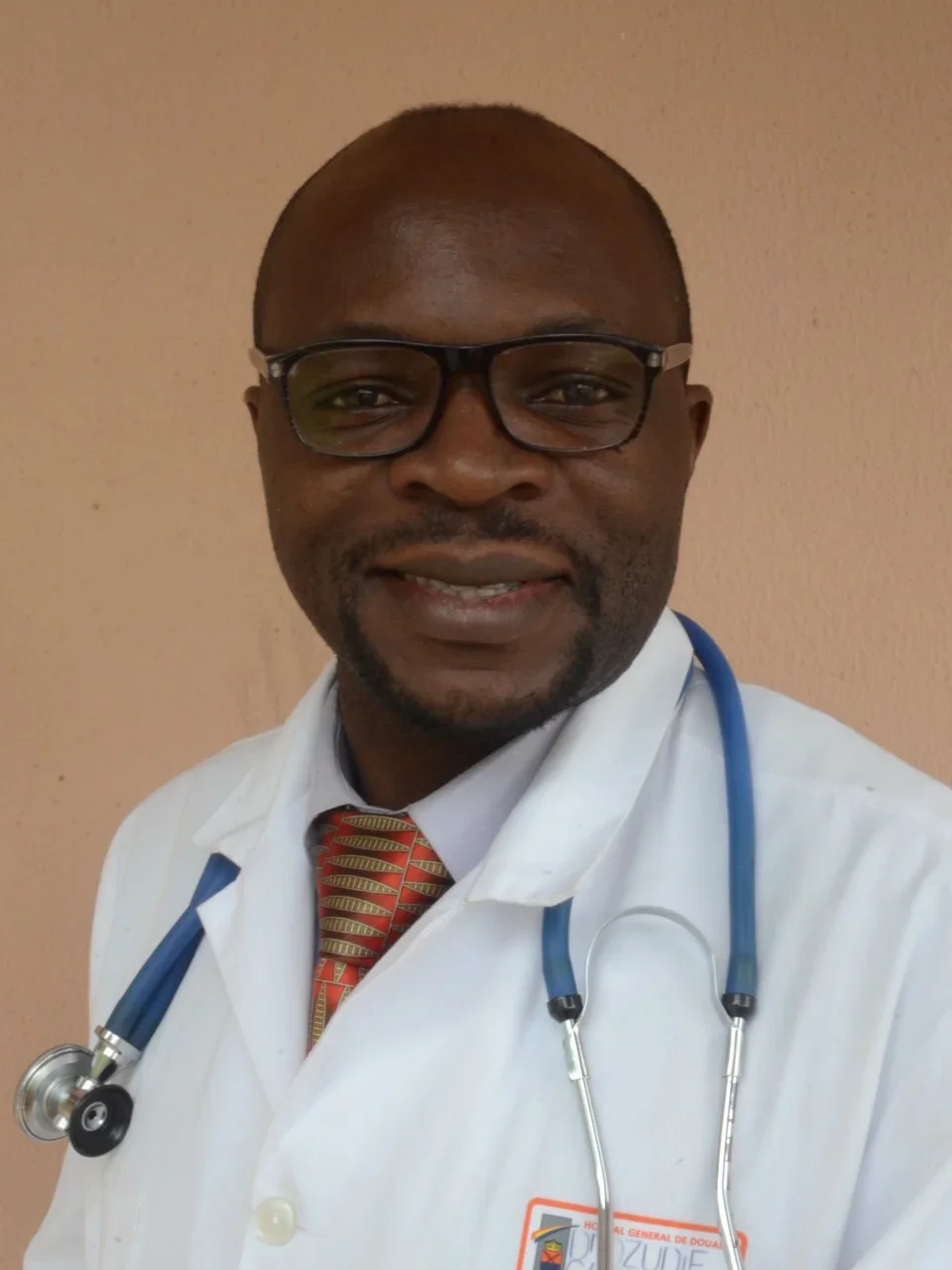
Dr. Anastase Dzudie is a cardiologist and heart rhythm specialist, academic, and researcher at the Douala General Hospital, Cameroon. He is an associate professor of cardiovascular medicine and health research methods at various universities in Cameroon. He holds a PhD in cardiovascular medicine from the University of Cape Town in South Africa. Dr. Dzudie’s research interests include hypertension, heart failure, and the rising burden of non-communicable diseases in patients living with HIV/AIDS. His Lown Scholar project proposal is entitled “Nurse-facilitated interventions to extend the HIV treAtment Cascade for hyperTensIon cONtrol in poor urban areas of Cameroon (The Cam-HIV-ACTION Study).” (Publications)
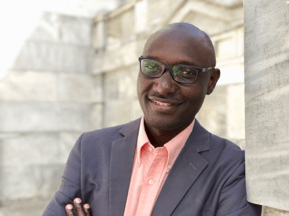
Dr. Jacques Sebisaho is from Idjwi Island in Lake Kivu, between the Democratic Republic of Congo and Rwanda. He is the founder and executive director of Amani Global Works, an organization that is developing, implementing, and managing a primary healthcare model, combining community health workers, health clinics and referral hospital as one unit, to improve the health delivery, quality and decrease child and maternal mortality in the Great Lakes Region of Africa, with Idjwi Island as a model. Sebisaho holds a medical degree from the National University of Rwanda, an executive degree in nonprofit leadership from Stanford University Business School, a master’s degree in public administration from Baruch College, a bachelor’s degree in biomedical science from Catholic University of Bukavu (D.R. Congo), and a diploma in philosophy from Grand Séminaire Monseigneur Busimba in Goma (D.R. Congo). He has been the recipient of the Richard C. Holbrook Leadership Award from Refugee International, the Rising Star Award from the Segal Family Foundation, a Visionary Making an Impact on Global Health Award from the Afya Foundation, and a Pharmacy Team Excellence Award from the New York Presbyterian/Columbia University Medical Center. He is an Aspen Institute New Voices Fellow (Aspen Institute) and a Rainer Arnhold Fellow (Mulago Foundation).
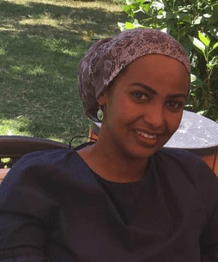
Dr. Shukri Mohamed is a public health specialist at the African Population and Health Research Center with over nine years’ experience in research, project planning, and management and four years of clinical pharmacy practice experience. She attained a master’s degree in public health from the Johns Hopkins Bloomberg School of Public Health and a doctor of pharmacy degree from the University Of Maryland School Of Pharmacy. She is currently pursuing her doctoral training at University of Warwick in the UK, focusing on hypertension in sub-Saharan Africa. Her areas of interest include NCD prevention and control with an emphasis on cardiovascular disease, health systems research, and translating research to policy and action. Dr. Mohamed has served on a number of expert/technical working group such as the technical working group on NCD prevention policies and the Kenya Cancer Research track group. Dr. Mohamed successfully coordinated the first ever peer-reviewed special issue from Kenya’s WHO STEPS (national NCD risk factor) data. (Publications)

Dr. Peter Otieno is an epidemiologist and multimorbidity researcher in the chronic disease management unit at the African Population and Health Research Center (APHRC), based in Nairobi, Kenya. His research interests span the multimorbidity of chronic diseases and integrated care models in sub-Saharan Africa. He holds a PhD in Multimorbidity of Chronic Diseases from Amsterdam University Medical Centre, University of Amsterdam, the Netherlands. His LSP proposal will focus on the evaluation of community-driven hypertension control among pregnant mothers in Nairobi slums, Kenya. (Publications)
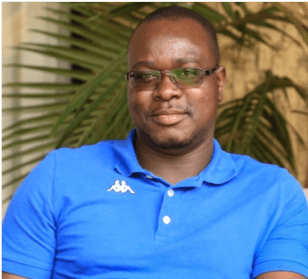
Dr. Frederick Murunga Wekesah is an Epidemiologist and Research Officer at the African Population and Health Research Center. Frederick holds a master of science degree in medicine (population-based field epidemiology) from the University of the Witwatersrand, South Africa (2010) and a PhD in Epidemiology at the Julius Center for Health Sciences and Primary Care, University Medical Center of Utrecht University, The Netherlands. His PhD thesis is on the “cardiovascular disease risk profile of the urban poor in the informal settlements of Nairobi.” Frederick’s research interests are generally in non-communicable disease epidemiology, and specifically in cardiovascular diseases among disadvantaged communities, including the urban poor. He is fascinated by the concept of developmental origins for health and disease (DOHaD), and has identified childhood obesity and hyperglycemia in pregnancy (GDM) as areas to focus on going forward in his career. Frederick is also keen in incorporating issues of adolescent health, not least their mental health, in the study of CVD. (Publications)

Dr. Sally Adebamowo is an assistant professor at the University of Maryland School of Medicine. Previously, she was a Postdoctoral Research Fellow at the National Human Genome Research Institute and at the Harvard T.H. Chan School of Public Health, and a Predoctoral Research Fellow at Brigham and Women’s Hospital. She obtained her medical degree from the University of Ibadan, a master’s degree in clinical trials from the London School of Hygiene and Tropical Medicine, and an ScD in nutritional epidemiology from the Harvard T.H. Chan School of Public Health. Her research interests include the epidemiology of cardiovascular disease in Africa with the goal of reducing the burden of this disease. (Publications)
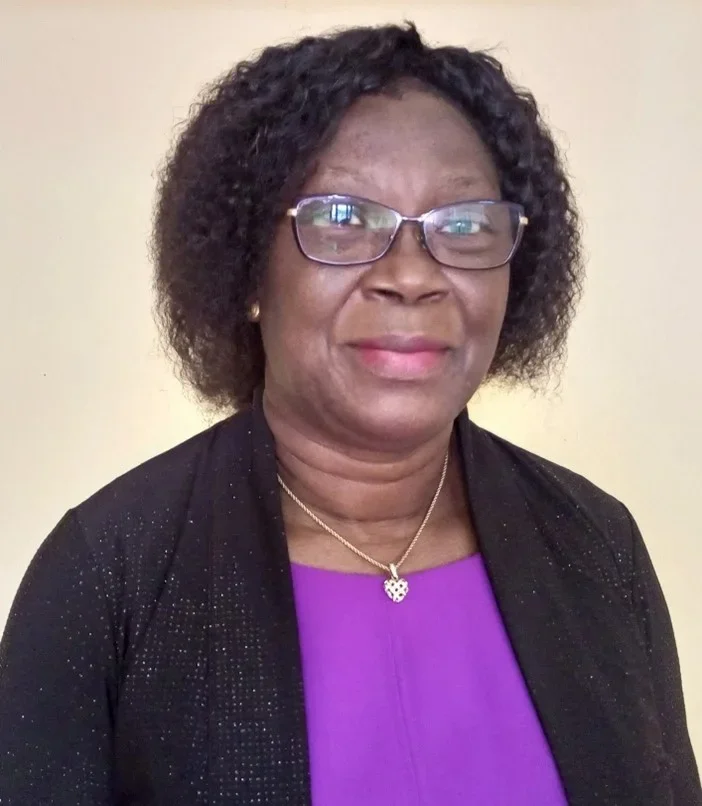
Dr. Ikeoluwapo Ajayi is a professor in epidemiology in the Department of Epidemiology and Medical Statistics and Consultant Family Physician at University College Hospital in Ibadan, Nigeria. She is the Director of the Institute for Advanced Medical Research and Training, College of Medicine, University of Ibadan. She holds a Ph.D. in Epidemiology and an MPH from the University of Ibadan as well as an M.Cl.Sc. from the University of Western Ontario, Canada. Dr. Ajayi is a Fellow of the National Postgraduate Medical College, Nigeria and West African College of Physicians. She is a Fellow of the African Academy of Sciences (FAAS). She is a recipient of The Nigeria Prize for Science, 2017 awarded by Nigeria Liquefied Natural Gas (Nigeria LNG) Company. She is the Vice Chairman of the Board of African Palliative Care Association (APCA). Dr. Ajayi conducts operational research evaluating the effectiveness and impact of health interventions on the society and health system. Her work has focused on cardiovascular disease prevention, cancer (especially in women), hypertension, diabetes, obesity and malaria. (Publications)
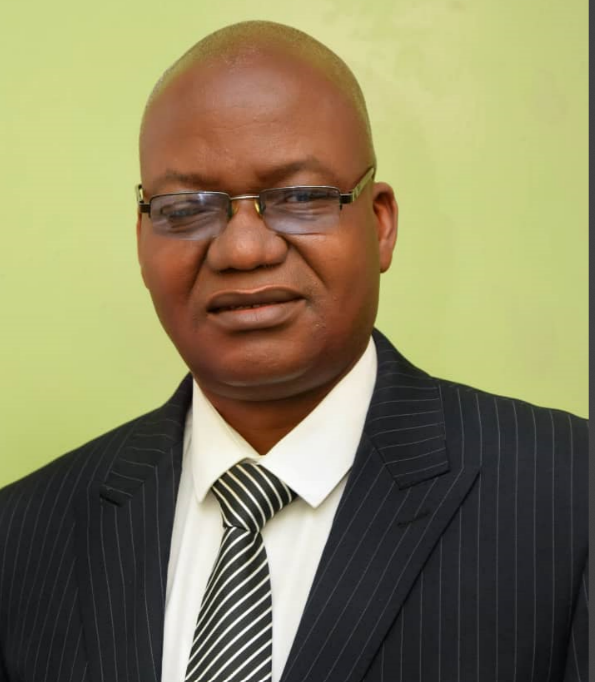
Dr. Abiodun Adeoye is an Associate Professor of Cardiology and Epidemiologist at the College of Medicine, University of Ibadan/ University College Hospital, Ibadan, Nigeria, and also a member of the Center for Genomics and Precision Medicine, University of Ibadan. He holds an MD in Internal Medicine from the National Postgraduate Medical College, Nigeria. Dr. Adeoye’s LSP proposal will focus on examining the association between air pollution and BP variation with dementia in a cohort of older adults in urban/peri-urban and rural areas. (Publications)

Dr. Soter Ameh is a professor at the College of Medical Sciences at the University of Calabar, Nigeria. Ameh has conducted independent research and worked as a member of multidisciplinary research teams in the Health and Socio-demographic Surveillance System sites in Nigeria, Ghana and South Africa for the last eight years. His project is titled: Feasibility of an integrated approach to HIV and hypertension care among urban poor in Nigeria. (Publications)

Dr. Oladimeji (Akeem) Bolarinwa completed a Ph.D. in Health Service Management at Universiti Putra Malaysia and has worked independently and in research teams for the last nine years. He is Senior Lecturer and Public Health Physician in the Department of Epidemiology and Community Health at the University of Ilorin in Nigeria. He earned Principal Investigator role in 2014, with two national grants on hypertension and CVD prevention researches: one for a study on the profile and predictors of health-related quality of life of hypertensive and diabetic patients attending outpatient clinics in Ilorin, Nigeria; the other, a home-based CVD prevention intervention among hypertensive patients. (Publications)
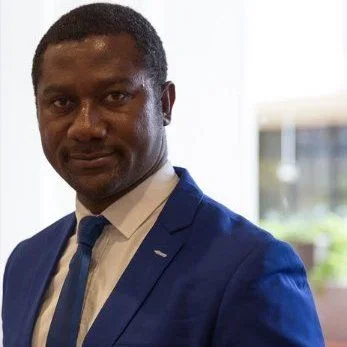
Mr. Caleb Ochimana is the Founder and CEO of Ochimana Healthcare and Foundation, which works towards improving access to quality and cost-effective healthcare delivery in urban slums and rural communities in Nigeria. He has provided free medical care to over 3,000 people in rural communities in Nigeria. His mission is to add value to lives through healthcare, education, entrepreneurship and leadership development. He is an alumnus of Harvard School of Public Health (MPH), Hult International Business School (MBA) and Ahmadu Bello University, Nigeria (B.PHARM). Caleb has over eight years’ experience in the Nigeria healthcare industry and has keen interest in health system strengthening, primary healthcare, and pharmaceuticals. He hopes to place a pharmacy and health center in every community in Nigeria. (Publications)

Dr. Augustine Odili is a professor of cardiovascular medicine at the University of Abuja in Nigeria. He is the lead researcher at the Circulatory Health Research Laboratory, where he works with other colleagues across various disciplines to explore diseases and conditions affecting the circulatory system. He is also an honorary consultant physician/cardiologist at the University of Abuja Teaching Hospital. He holds a PhD in cardiovascular sciences from the University of Leuven in Leuven, Belgium. Dr. Odili’s research interests include epidemiology of hypertension in the general population and in special patient groups, such as pregnancy and diabetes. His Lown Scholar project proposal is entitled “Comparison of congregation versus clinic-based approach in control of hypertension in Nigeria.” (Publications)
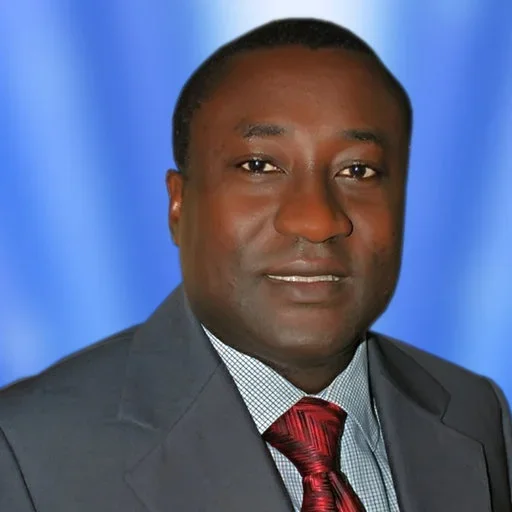
Dr. Okechukwu Ogah is a consultant physician/cardiologist in the Division of Cardiology, Department of Medicine, at University College Hospital, Ibadan. He holds a PhD in medicine/cardiology from the University of the Witwatersrand, and an MSc in epidemiology and global health and a bachelor of medicine, bachelor of surgery (MBBS) from the University of Ibadan. His research interests include surveys on cardiovascular risk factors, national heart disease registries, continental heart failure registries, pericarditis, rheumatic heart disease, pulmonary hypertension and systemic hypertension. The Lown Scholars Program is currently supporting Dr. Ogah’s project “A study to explore the cardiovascular disease risk factors profile and burden of cardiovascular diseases in urban slums of Aba, Abia State, Nigeria.” (Publications)
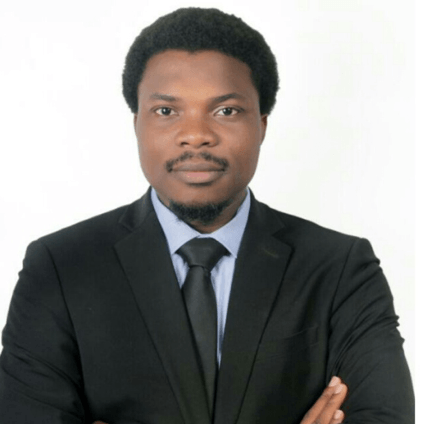
Dr. Agbonvihele (Gregrey) Oko-oboh works at the Centre for Disease Control, University of Benin Teaching Hospital where he manages the data generated from the NCD screening program, and participates in the implementation of the Integrated Disease Surveillance and Response (IDSR) strategy in the teaching hospital and the Local Government Areas. His project is titled: Prediction and community–based preventive interventions of cardiovascular diseases in two rural settings in South-south Nigeria: a community-based intervention study. (Publications)

Dr. Abayomi (Bayo) Oluwasanu is a primary care physician and public health professional working at the University Health Service, University of Ibadan, Nigeria. He is the Pioneer Coordinator of the Workplace Wellness Programme, University of Ibadan. He obtained his medical degree, bachelor of medicine, bachelor of surgery (MBBS) and a masters degree in public health (MPH, Community Health) from the University of Ibadan. He obtained a certificate in Work, Health, and Well-Being: Frameworks, Evidence, and Applications at the Harvard T.H. Chan School of Public Health in 2017. His research interests focus on developing programs, policies and practices to influence work organization, and psychosocial environment for the prevention of cardiovascular and obesity-related diseases. (Publications)
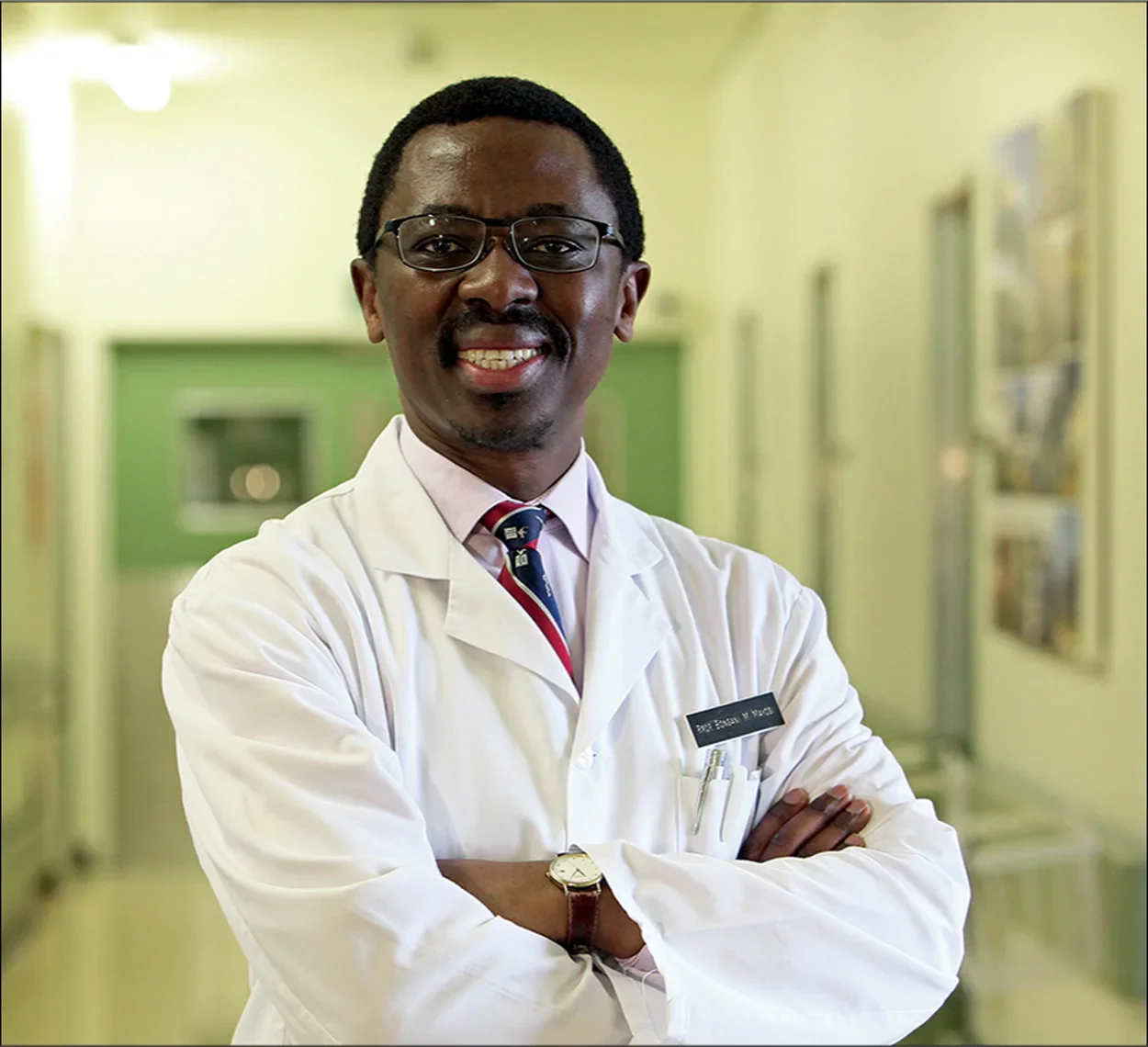
Dr. Bongani Mayosi was a South African cardiology professor who was awarded his country’s highest honor, the Order of Mapungubwe (Silver) in 2009. He was the Dean-elect of the Faculty of Health Sciences at the University of Cape Town and an A-rate National Research Foundation researcher. Prior, he was head of the Department of Medicine at the University of Cape Town and Groote Schuur Hospital. He was also a former President of the College of Physicians of South Africa. His research focused on the relationship between poverty and cardiovascular disease and the genetic factors affecting heart disease in sub-Saharan Africa. (Publications)
*Dr. Bongani Mayosi passed away in July 2018. He was a respected and cherished member of the Lown Scholars community.

Dr. Omary Chillo is a lecturer at the Department of Physiology at the Muhimbili University of Health and Allied Sciences in Dar es Salaam, Tanzania. Dr. Chillo holds a PhD in cardiovascular science research from the Ludwig Maximilian University in Munich, Germany. He is also the founding president of Tanzania Health Summit, the country’s largest healthcare platform. His research interests include urban cardiovascular health promotion and prevention. His Lown Scholar project proposal is entitled “Exploring the built environment and related cardiometabolic health risk factors in Tanzanian urban poor.” (Publications)
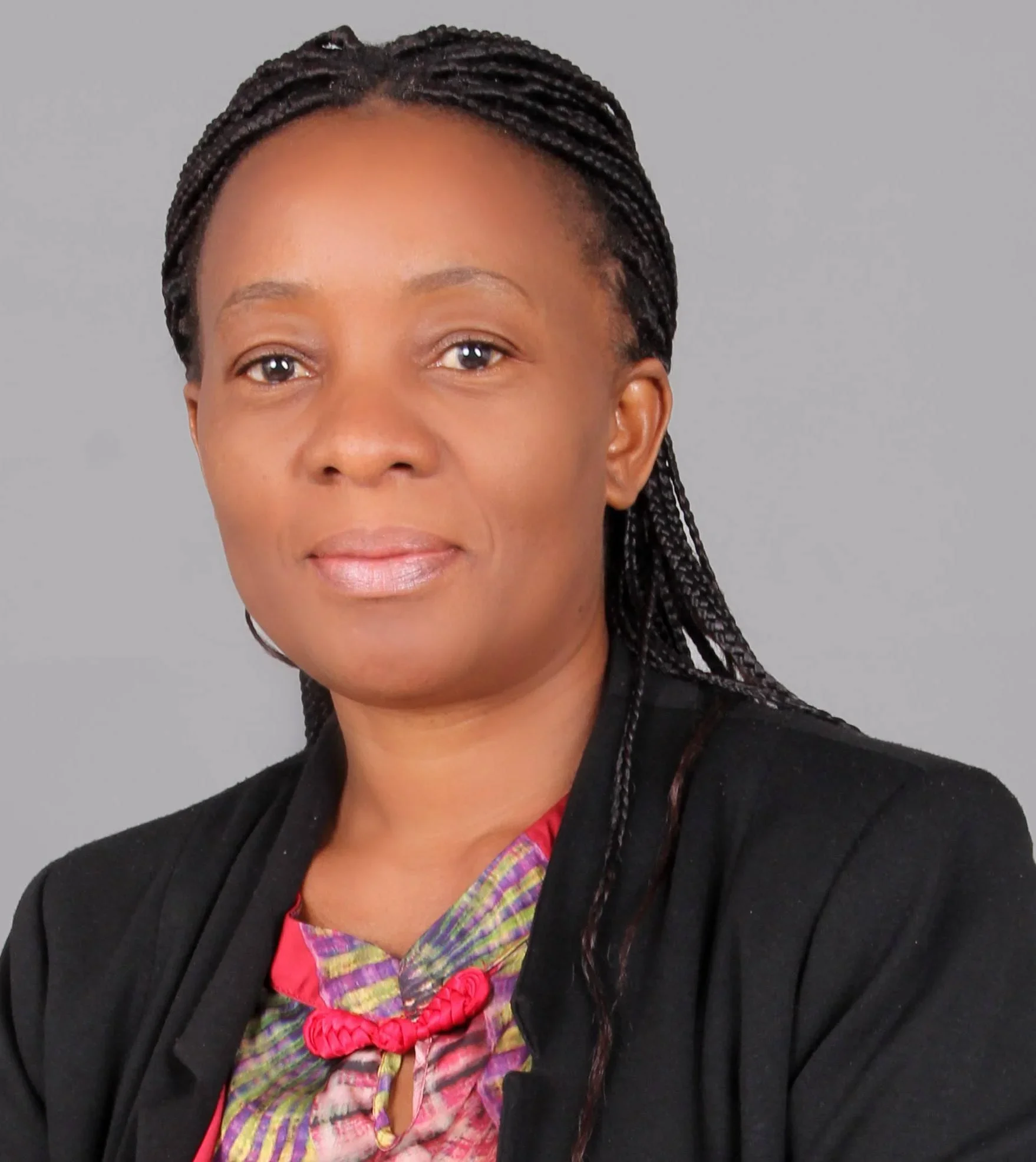
Dr. Pilly Chillo is a cardiologist and Senior Lecturer in the Department of Internal Medicine at the Muhimbili University of Health and Allied Sciences (MUHAS). At MUHAS, she aims to raise awareness about cardiovascular disease as a public health concern among the doctors she trains. She was recently recognized as the International Society of Hypertension’s New Investigator of the Month. Her Lown Scholars proposal is entitled “Feasibility, Acceptability and Effectiveness of a School based Rheumatic Heart Disease (RHD) control program in high risk communities in Tanzania.” (Publications)
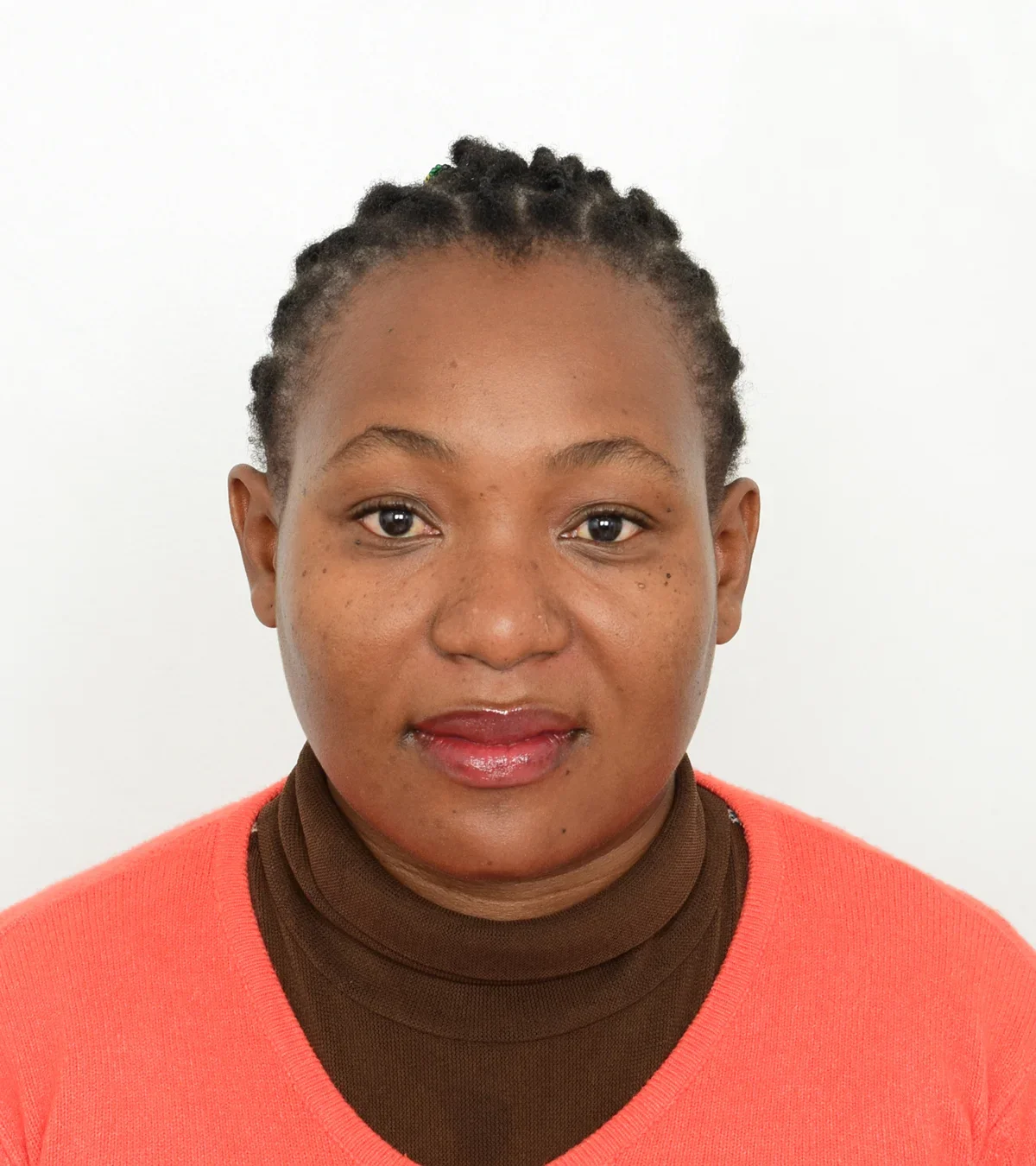
Evangelista Malindisa is a medical doctor with a master’s degree in Medical Physiology from the Muhimbili University of Health and Allied Sciences. She is in her final year of PhD research at the Catholic University of Health and Allied Sciences, Tanzania. Malindisa’s LSP proposal will focus on lifestyle interventions to prevent type 2 diabetes among individuals with high FINDRISC scores in Mwanza, Tanzania. (Publications)

Dr. Fredirick Mashili is a Senior Lecturer and Chair in the Department of Physiology at the Muhimbili University of Health and Allied Sciences (MUHAS) in Dar es Salaam, Tanzania. He is also a distinguished member of the World Health Organization (WHO) Trans Fat Elimination Technical Advisory Group (TFATAG).
With a medical degree from the University of Dar es Salaam and a PhD from the Karolinska Institute in Sweden, Dr. Mashili’s expertise lies in applying exercise physiology principles to prevent cardiovascular diseases. He actively participates in research on physical activity’s effects on cardio-metabolic risk factors in Tanzania’s diverse populations.
As a TFATAG member, he contributes to global efforts to reduce trans-fat consumption, a significant cardiovascular risk factor. Mashili’s work underscores his commitment to improving cardiovascular health locally and globally.
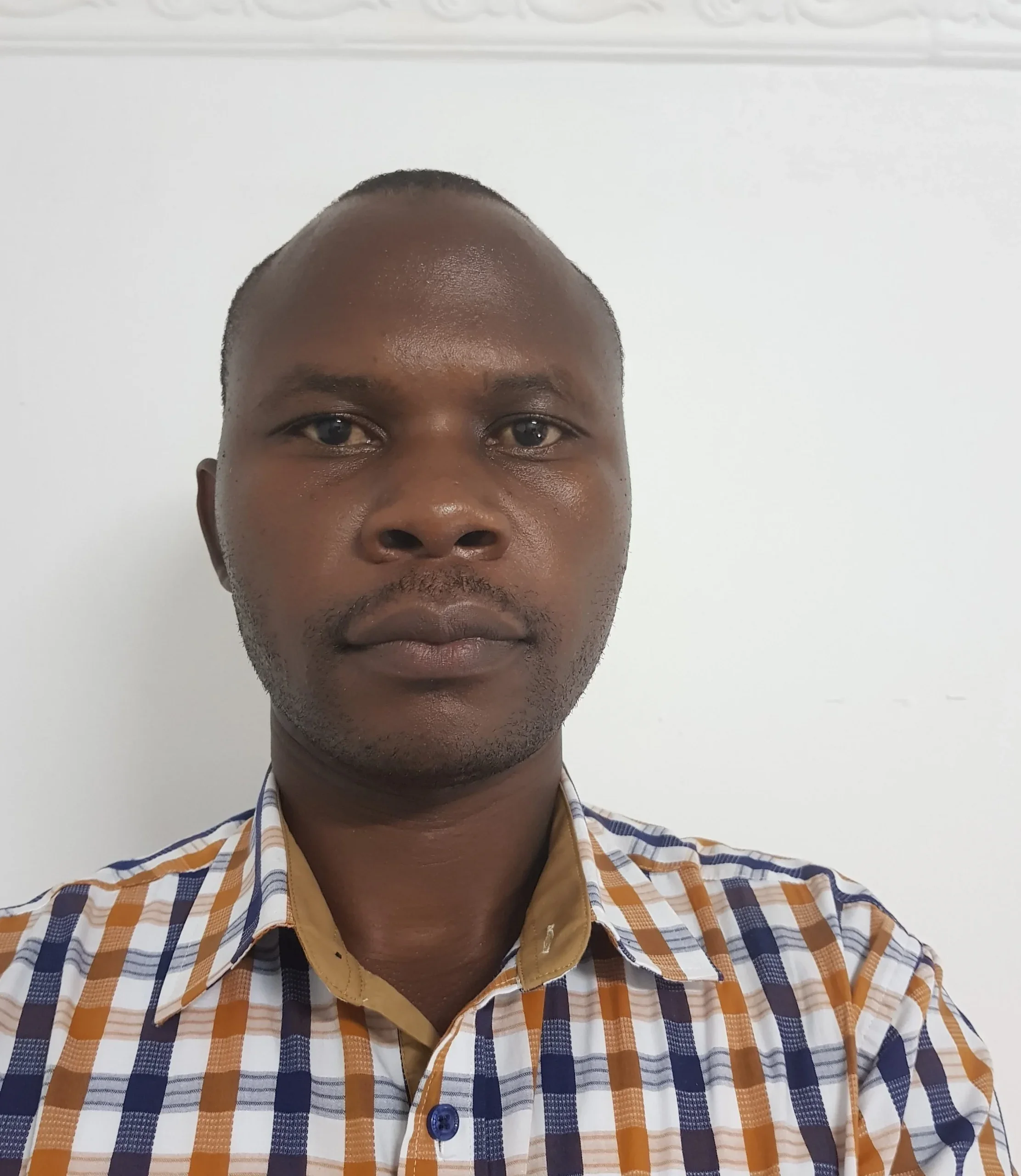
Dr. Alfa Muhihi earned his doctor of medicine degree from Muhimbili University of Health and Allied Sciences (MUHAS) in 2008 and his masters of public health degree from Harvard T.H. Chan School of Public Health in 2011. He is currently a PhD candidate in the Department of Community Health at MUHAS and serves as a Clinical trials and regulatory affairs coordinator at Management and Development for Health (MDH) in Dar es Salaam, Tanzania. His research focuses on community based approaches for prevention of cardiovascular disease risk factors. He is particularly interested in simple, culturally acceptable community-based methods for health education, such as screening for early identification and referral of community members at high risk for CVD. He is also planning to research individual and health system enablers and barriers to provision of cardiovascular disease services among poor communities in Tanzania. (Publications)
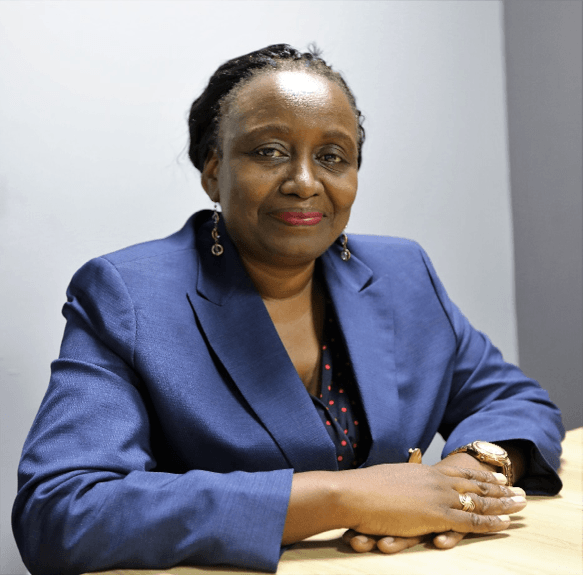
Dr. Marina Njelekela received her medical degree from the University of Dar es Salaam, her PhD in human and environmental sciences from Kyoto University in Japan, and her MPH from Muhimbili University of Health and Allied Sciences in Dar es Salaam. Dr. Njelekela’s research is focused on both infectious diseases and noncommunicable diseases. Until recently, she served as the executive director of the Muhimbili National Hospital and is currently a consultant with Deloitte in Tanzania. (Publications)
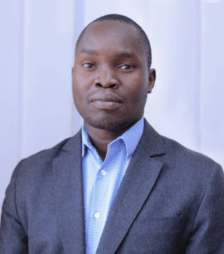
Mr. Samson Okello is a Graduate Research Assistant at the University of North Carolina – Gillings School of Global Public Health. He was previously a lecturer at Mbarara University of Science & Technology in Uganda and a Visiting Professor of Medicine at University of Virginia. He received both undergraduate and graduate training in internal medicine at MUST and holds an MSc in epidemiology from the Harvard Chan School. During his MSc studies, he worked with Dr. Danaei on a large epidemiologic study of cardiovascular risk factors in the periurban areas around Mbarara, and they continue to work on projects to improve health care delivery to rural Ugandan communities. His research topics include assessing the burden of non-communicable disease in people living with HIV in Uganda, establishing a registry of acute heart failure in Mbarara and examining links between Polycyclic Aromatic Hydrocarbon exposure and dietary risk of esophageal cancer. Mr. Okello is also engaged in clinical work, including screening and managing cardiovascular risk factors in high risk groups. He has also developed a CVD screening program for HIV-infected people in Mbarara. (Publications)

Dr. Harriet Mpairwe is an Assistant Professor in Epidemiology, based at the Medical Research Council/Uganda Virus Research Institute (MRC/UVRI) and London School of Hygiene & Tropical Medicine (LSHTM) Uganda Research Unit. She holds a PhD in Epidemiology from the London School of Hygiene and Tropical Medicine. Her LSP proposal will focus on the development and validation of a sensitive molecular point-of-care diagnostic test for Strep A in Uganda. (Publications)
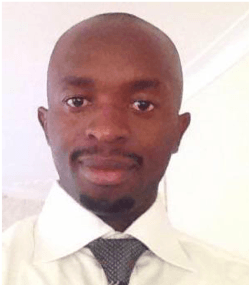
Dr. Bruce Twinamasiko is a lecturer at Kabale University and an internal medicine trained physician at Kisiizi Hospital in rural southwestern Uganda. He holds a bachelor’s degree in medicine from Mbarara University of Science and Technology (MUST), an advanced diploma in tropical medicine from London School of Hygiene and Tropical Medicine, and a master’s degree in internal medicine from MUST, Uganda. Bruce has taken a lead role in providing quality clinical services at Kisiizi Hospital, a facility with a catchment area of eight million people, most of who receive health care through a community health insurance scheme. He leads the NCD clinics (i.e., cardiac, hypertension, diabetes, and respiratory clinics) at the hospital. He is an advocate for provision of high-quality clinical care at affordable costs to control the noncommunicable disease burden. He is interested in investigating options for optimal blood pressure control and options for integration of NCD control in low cost community initiatives, such as the Kisiizi community health insurance scheme. (Publications)
